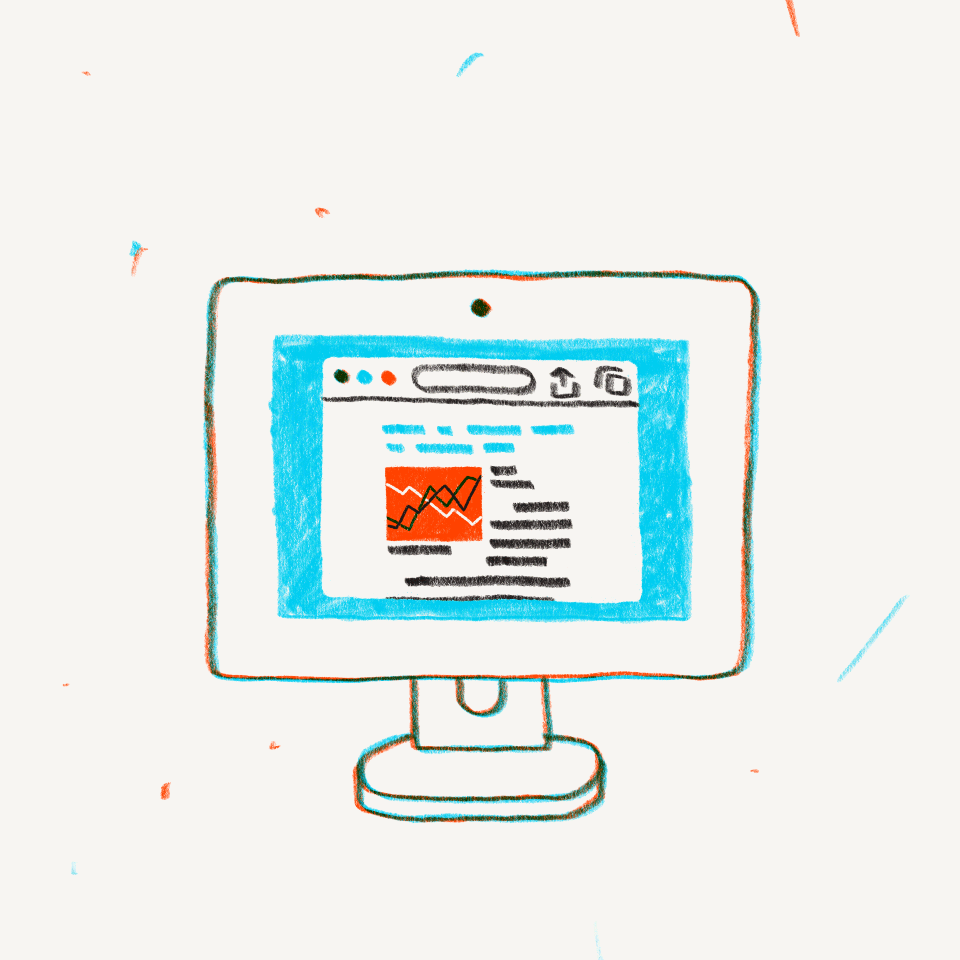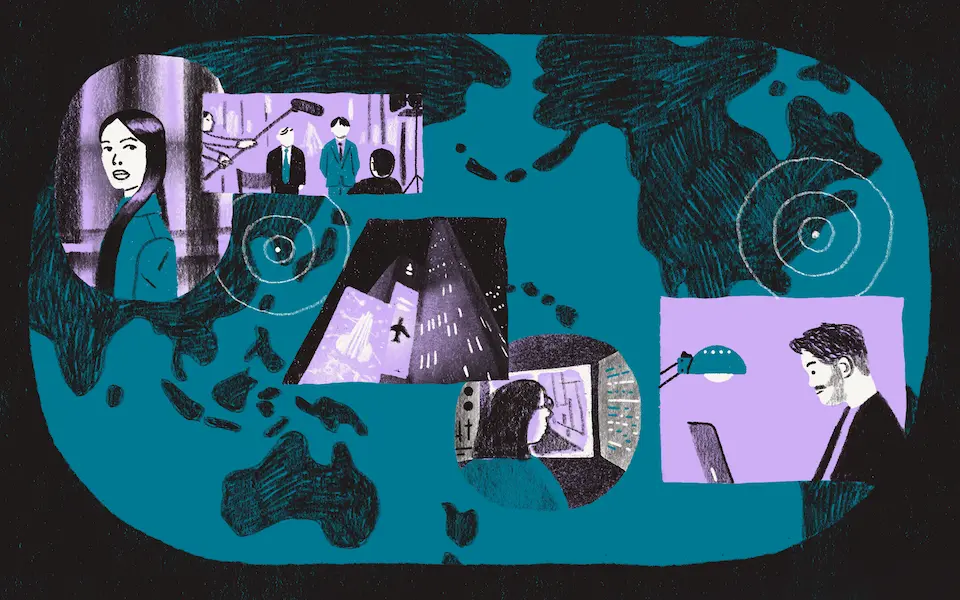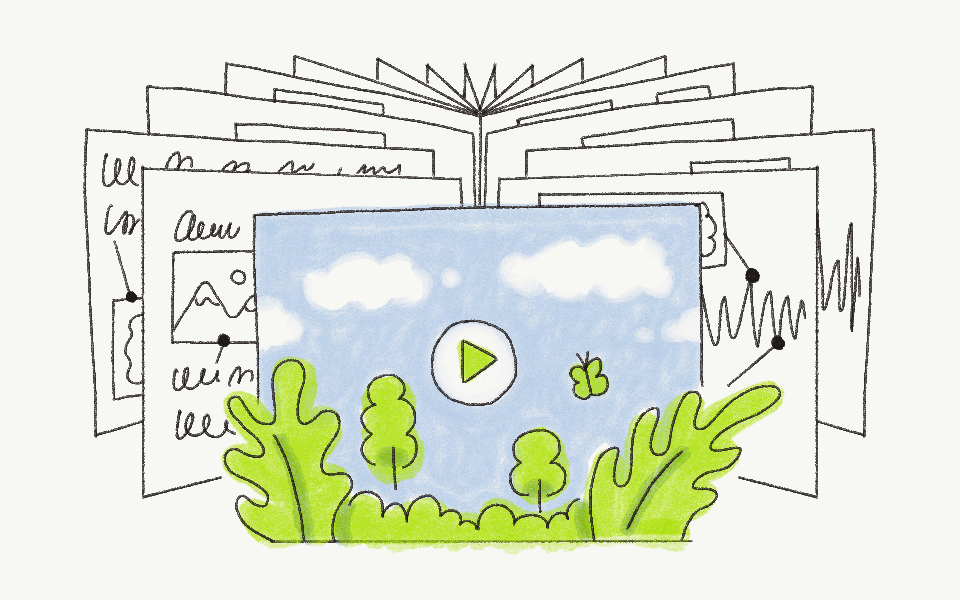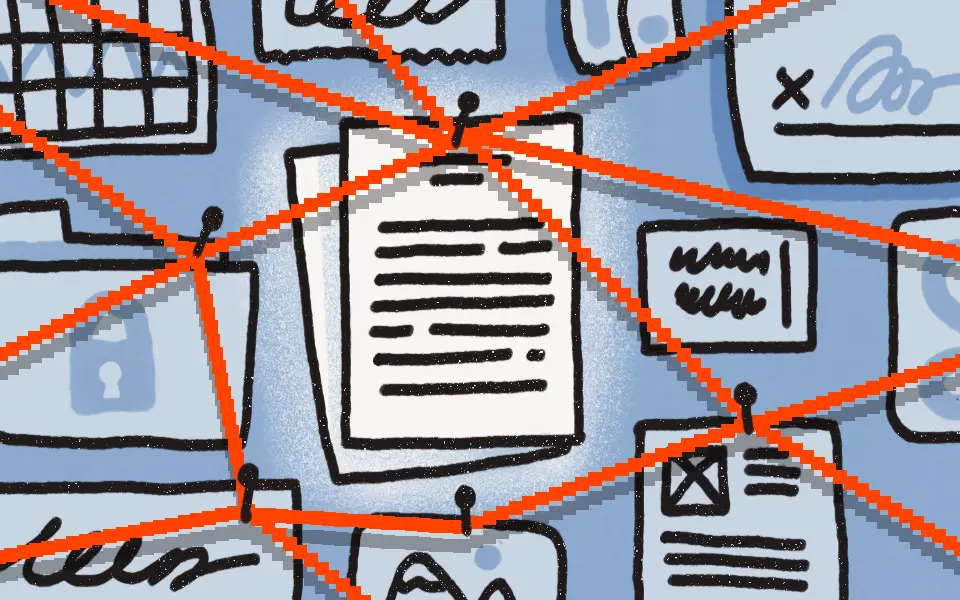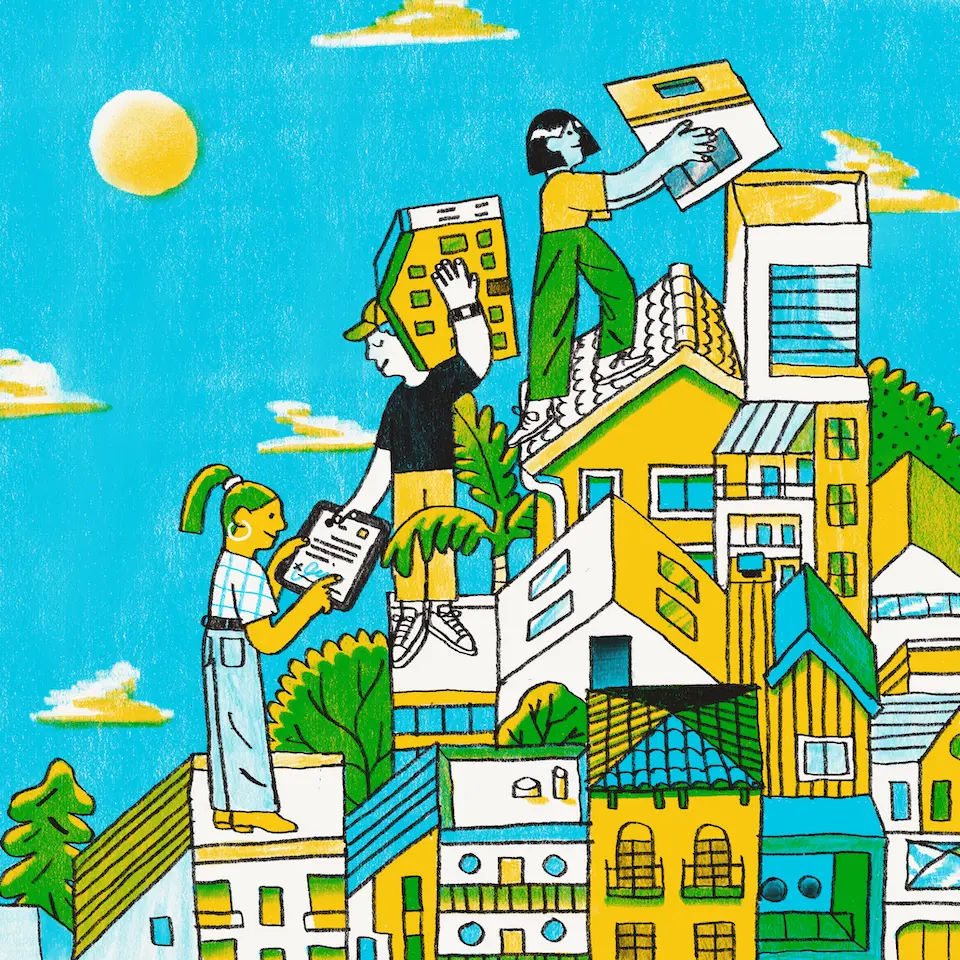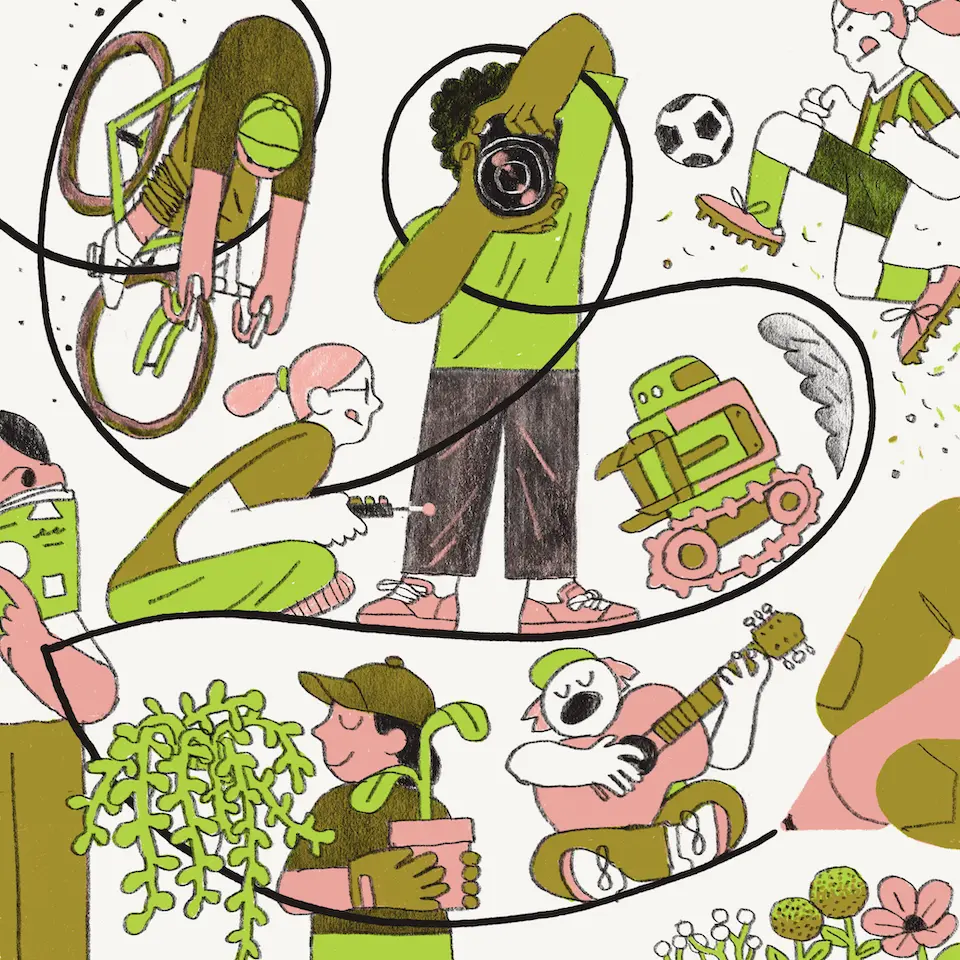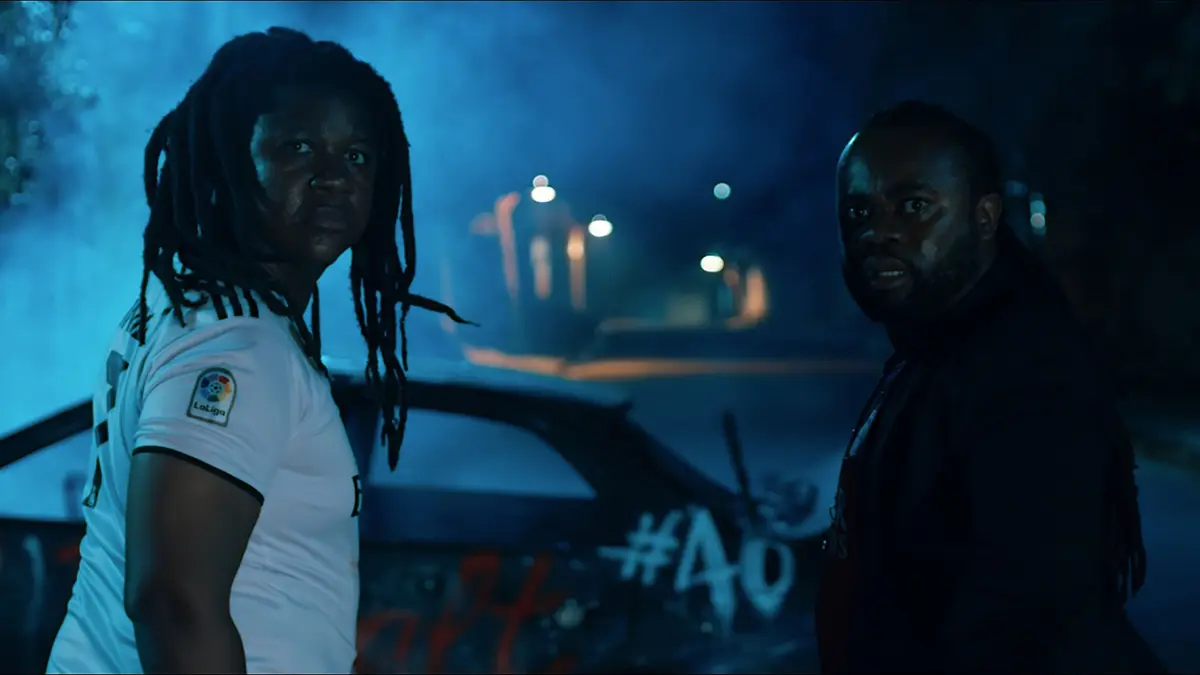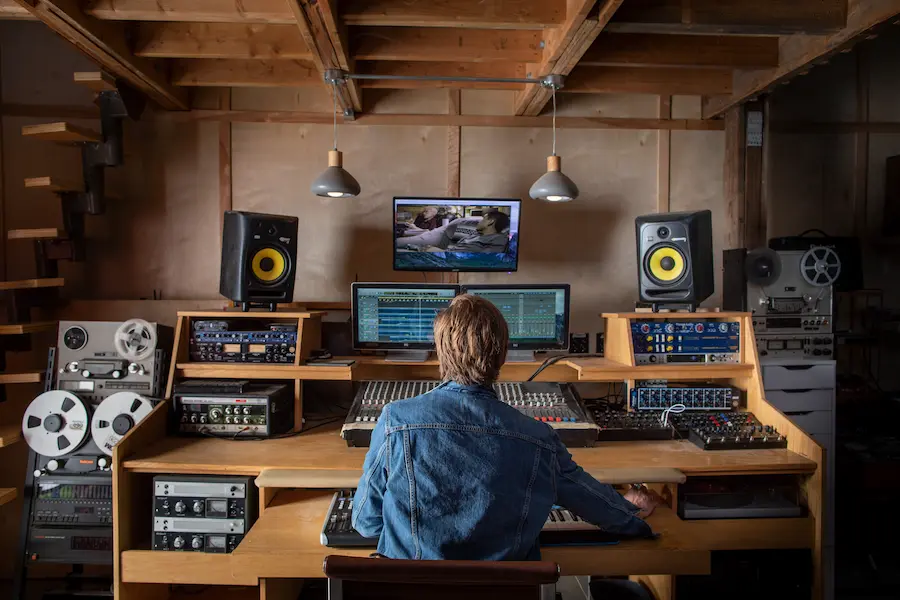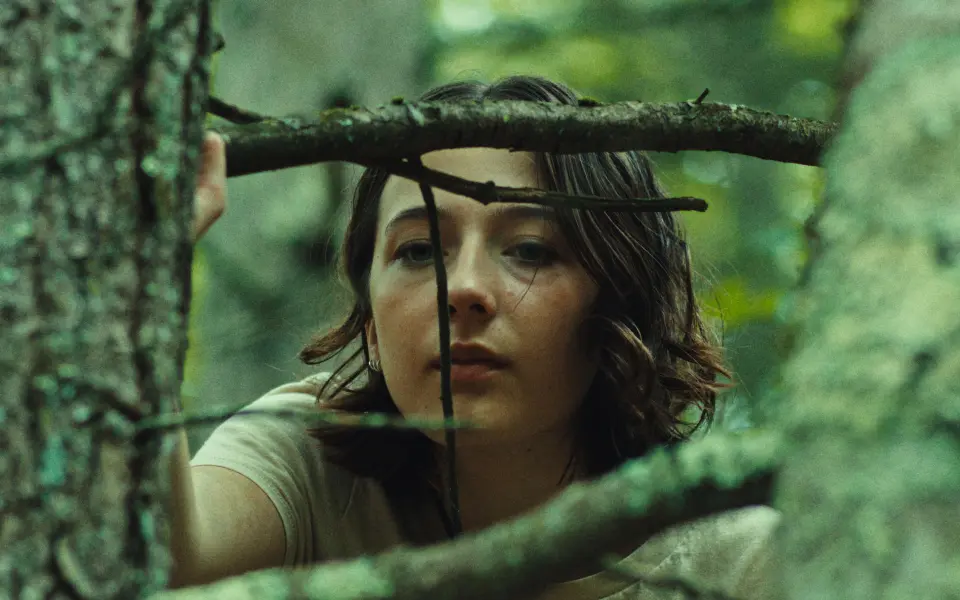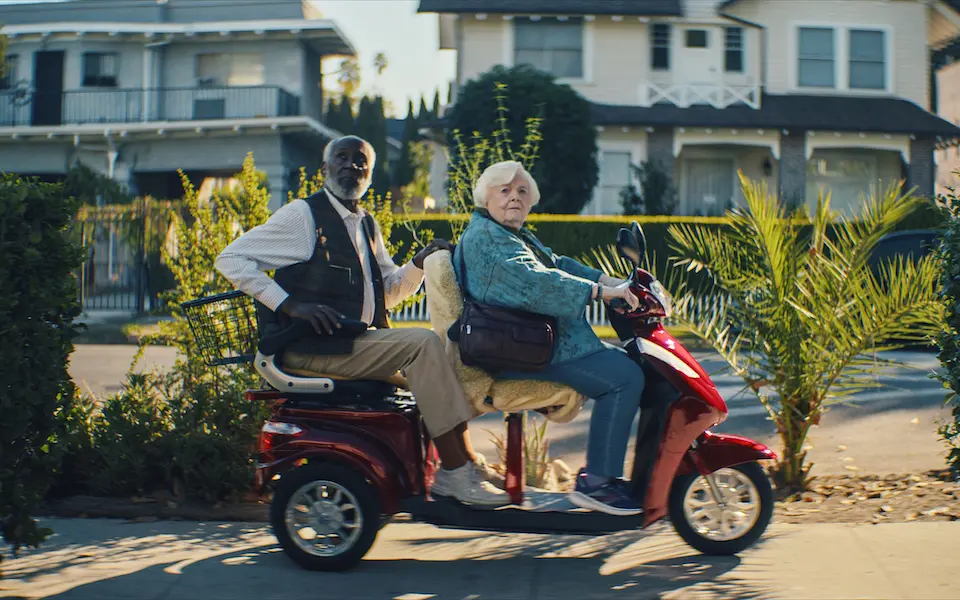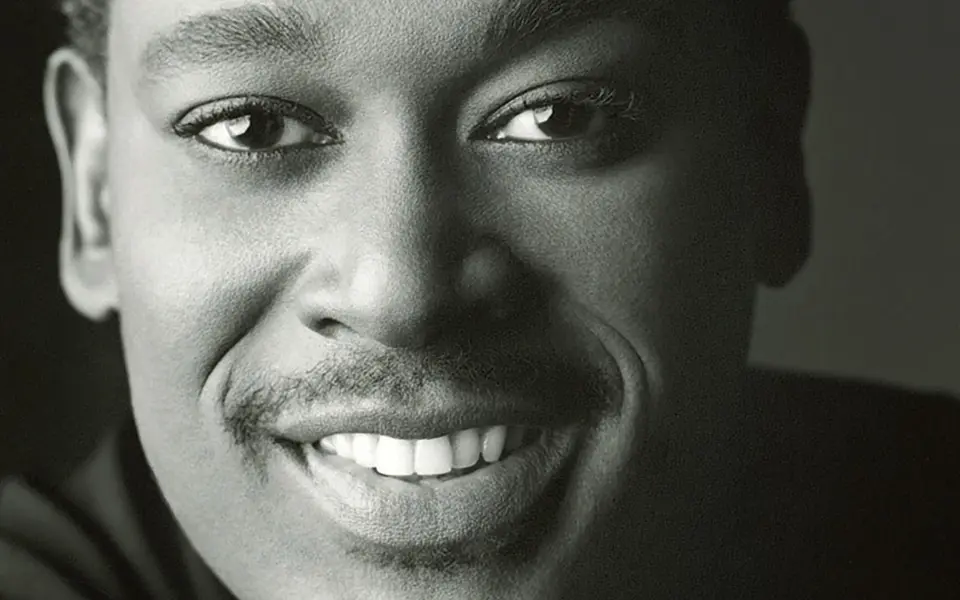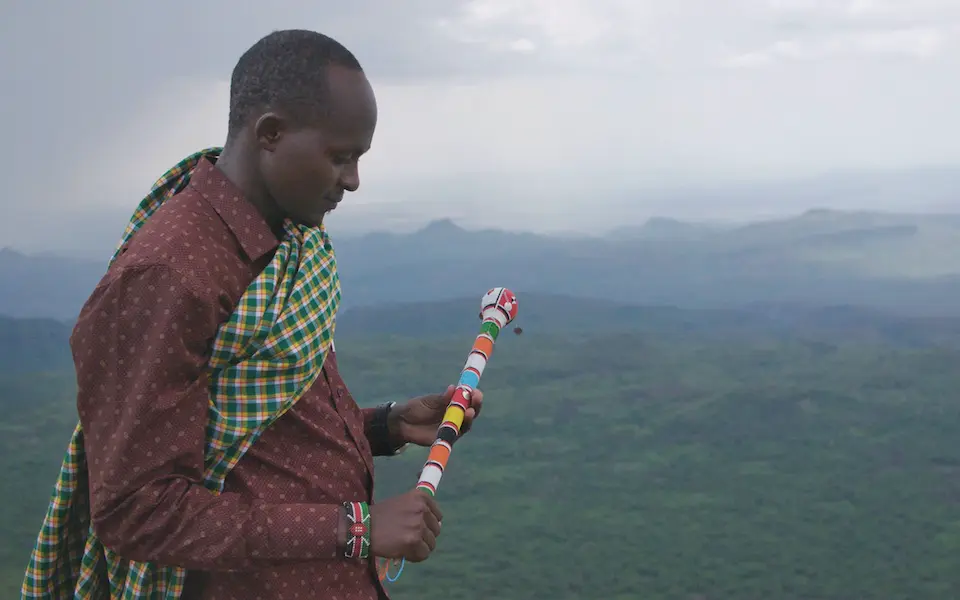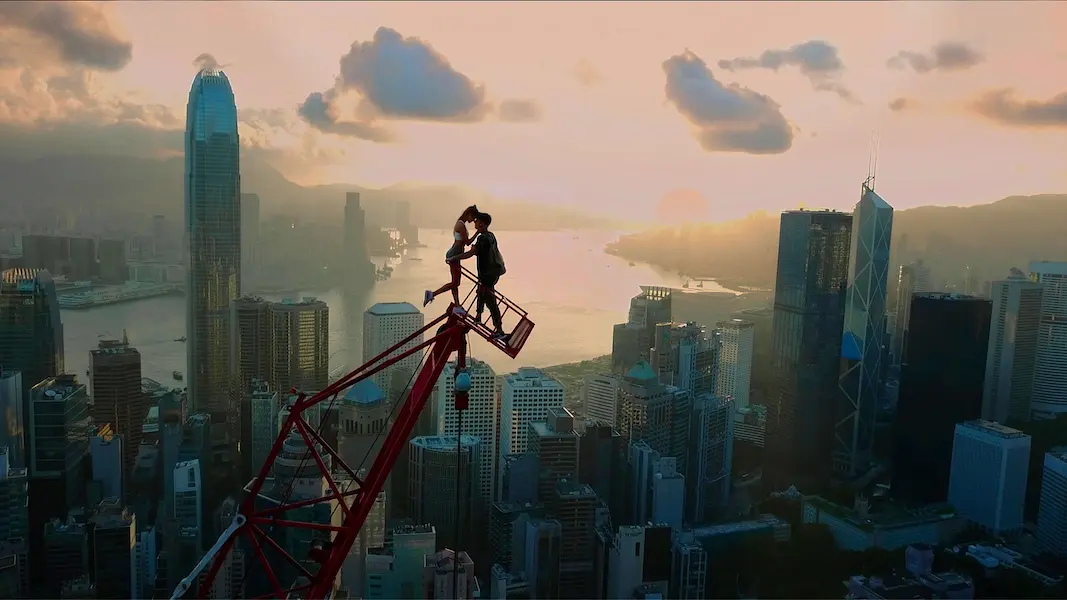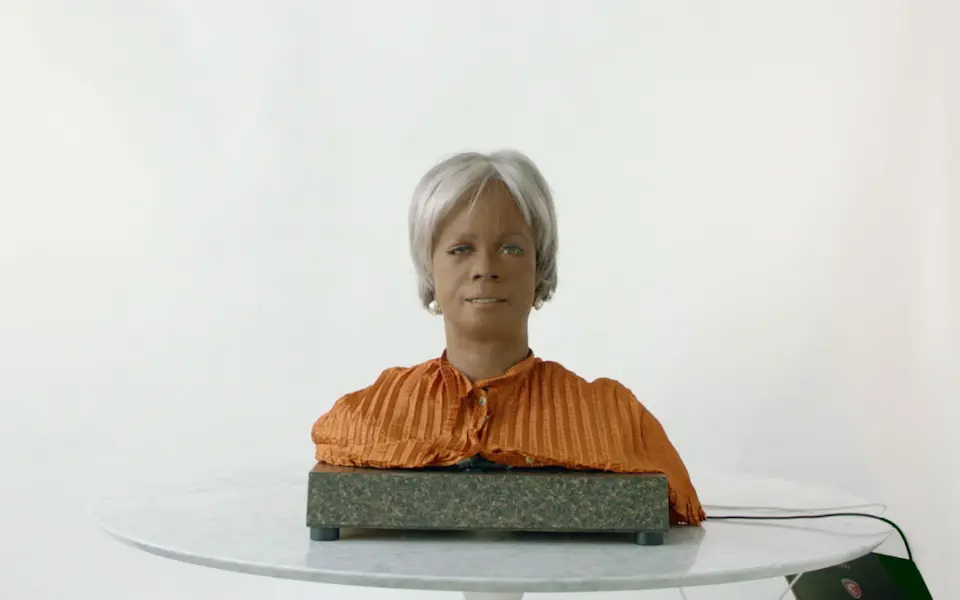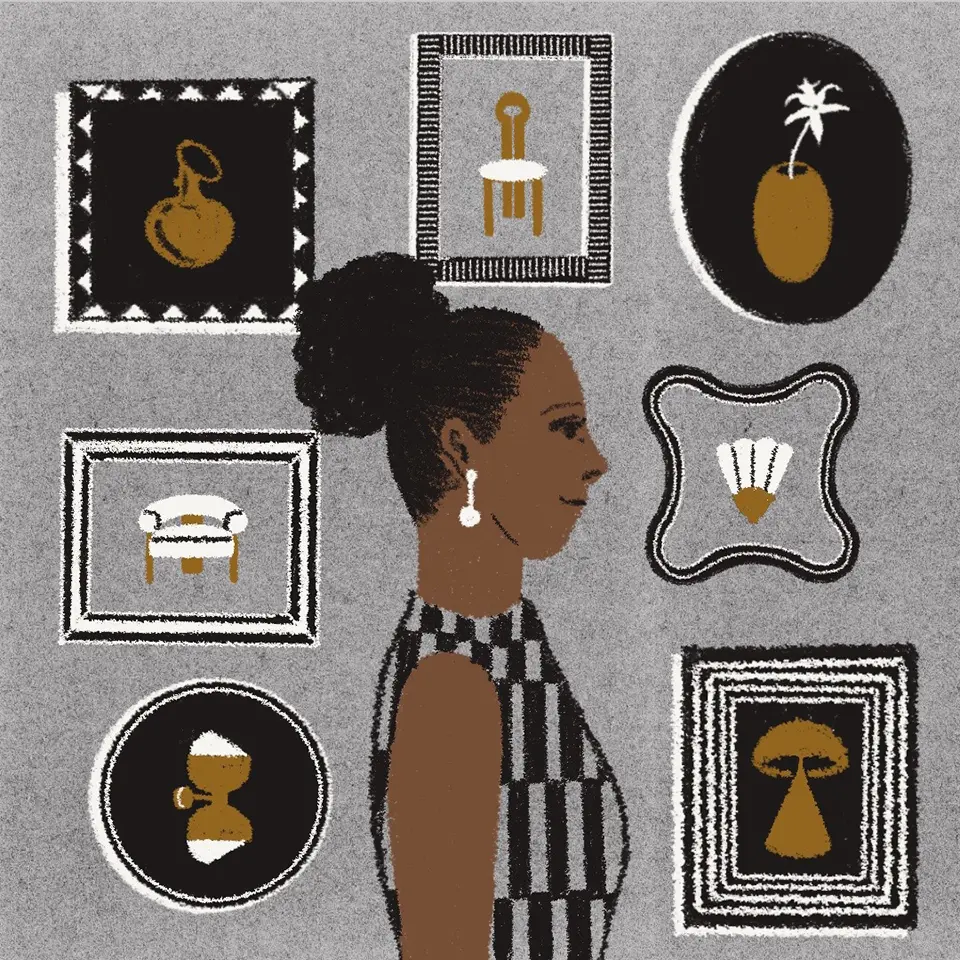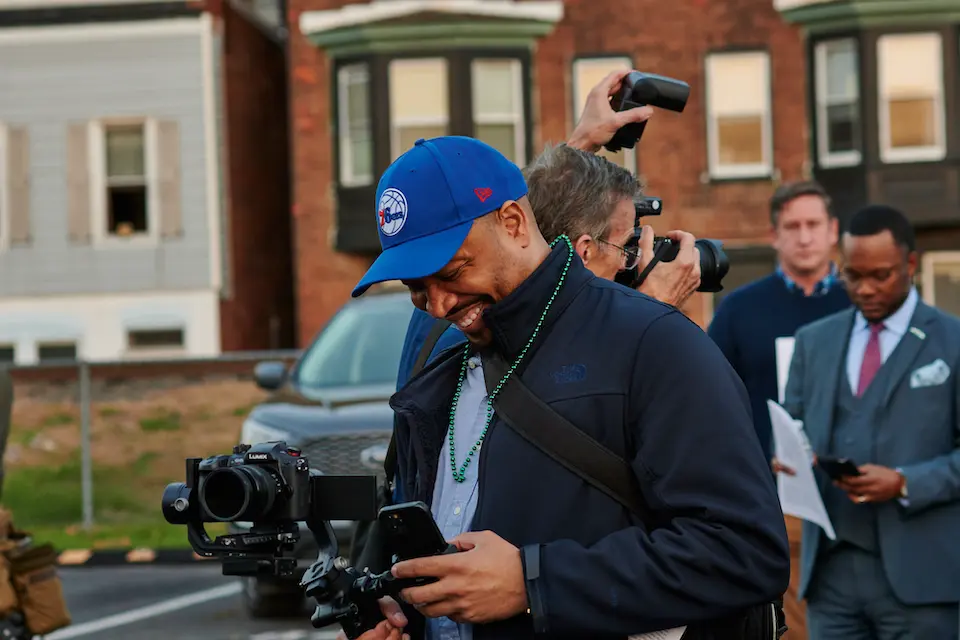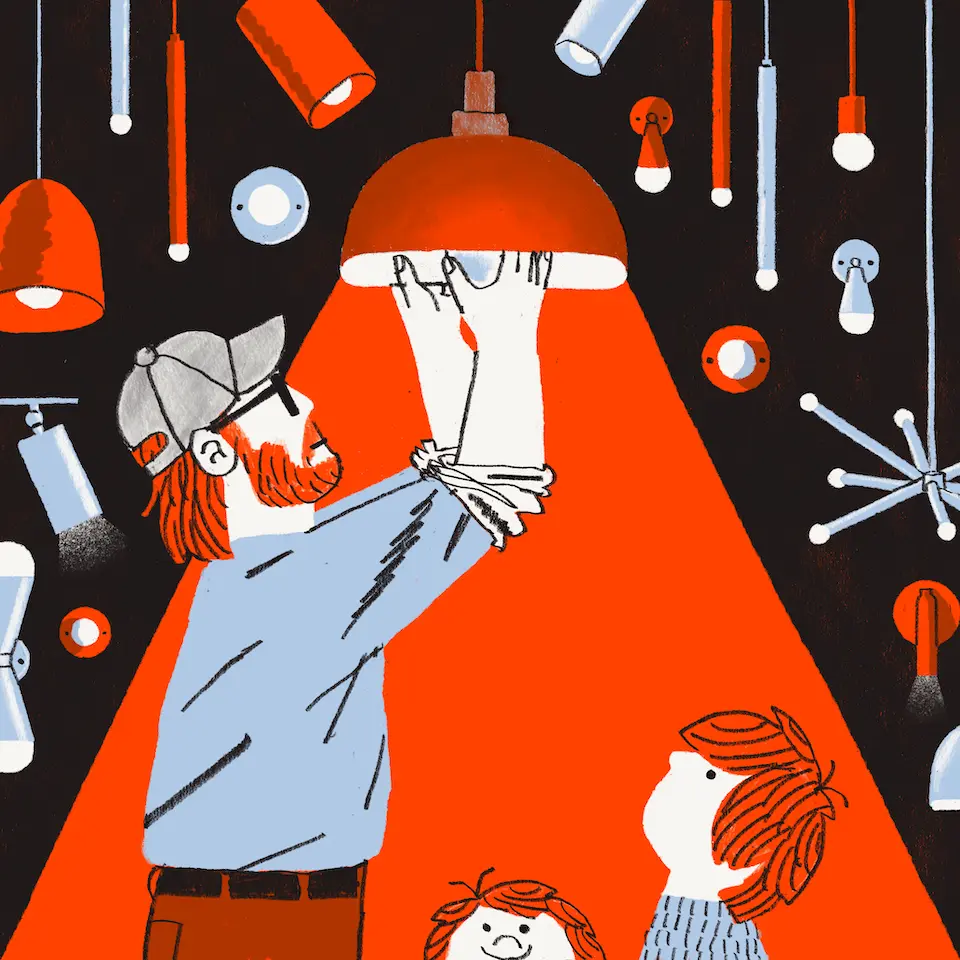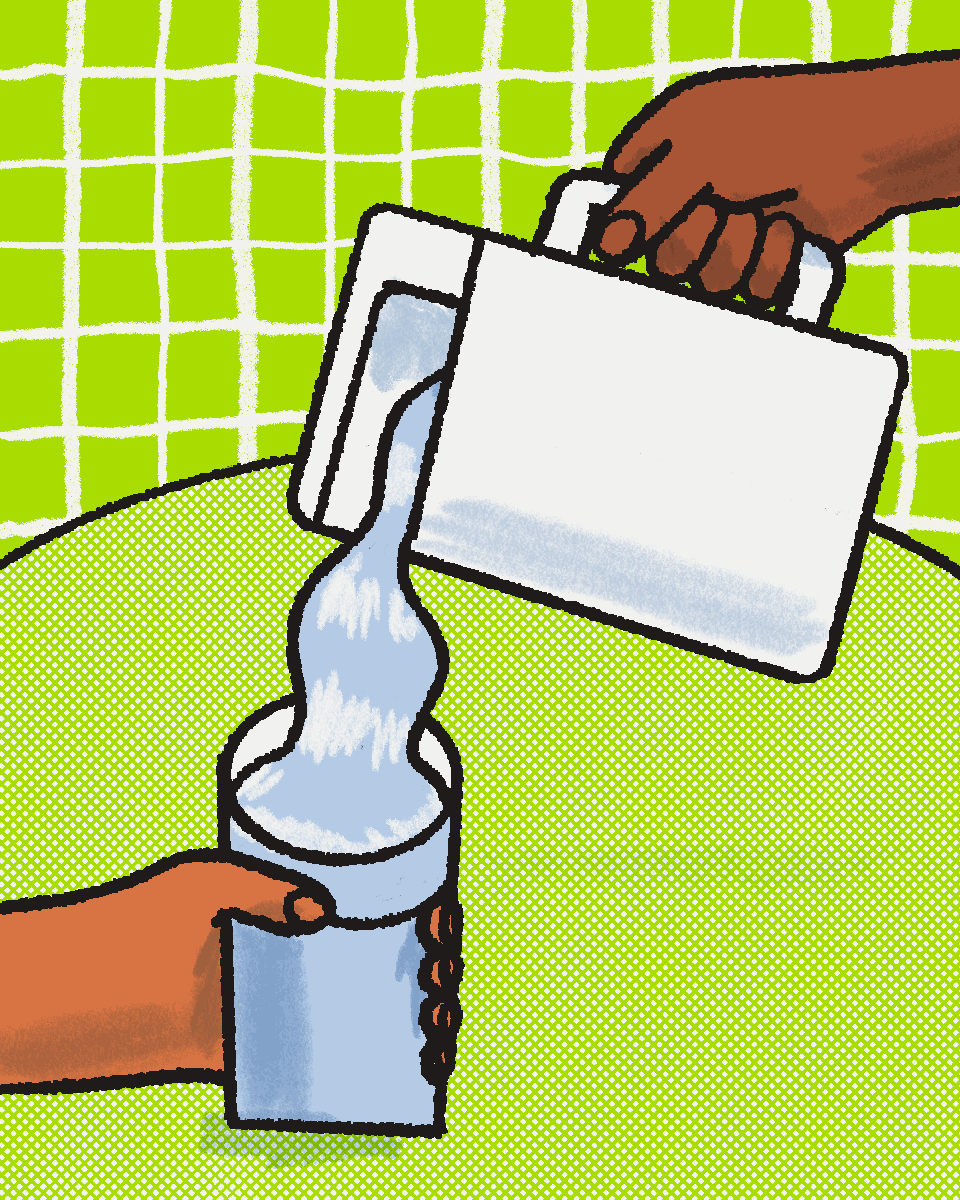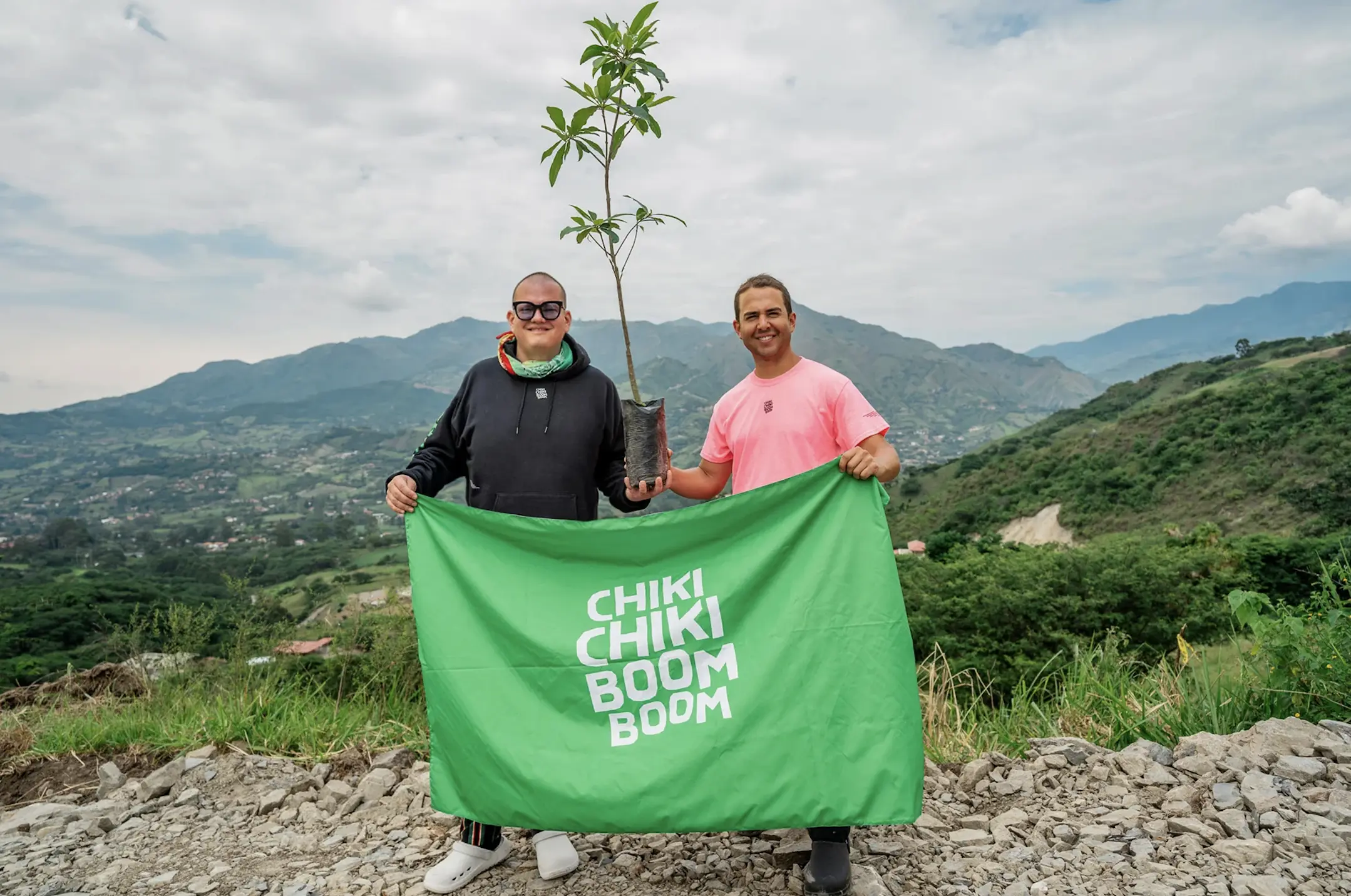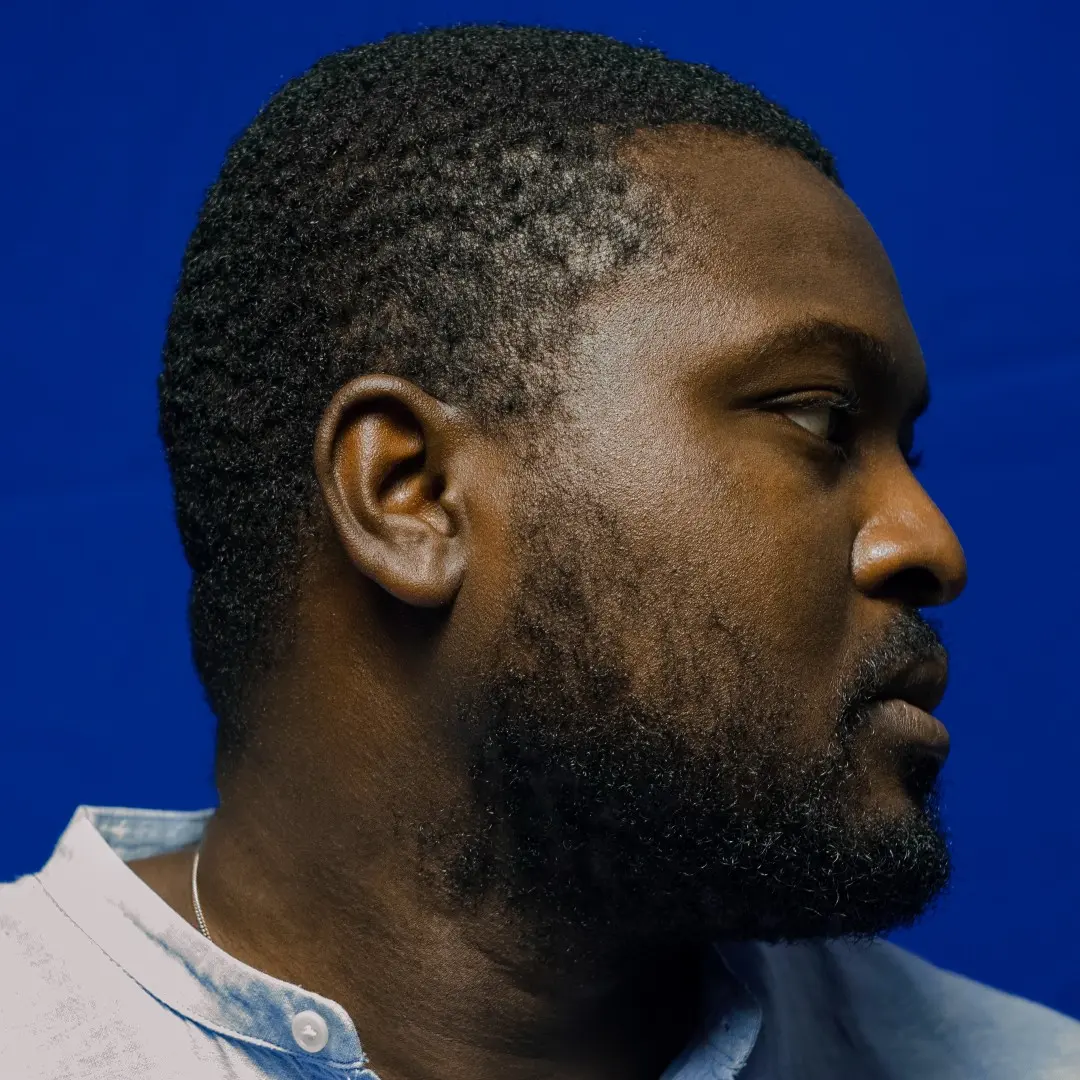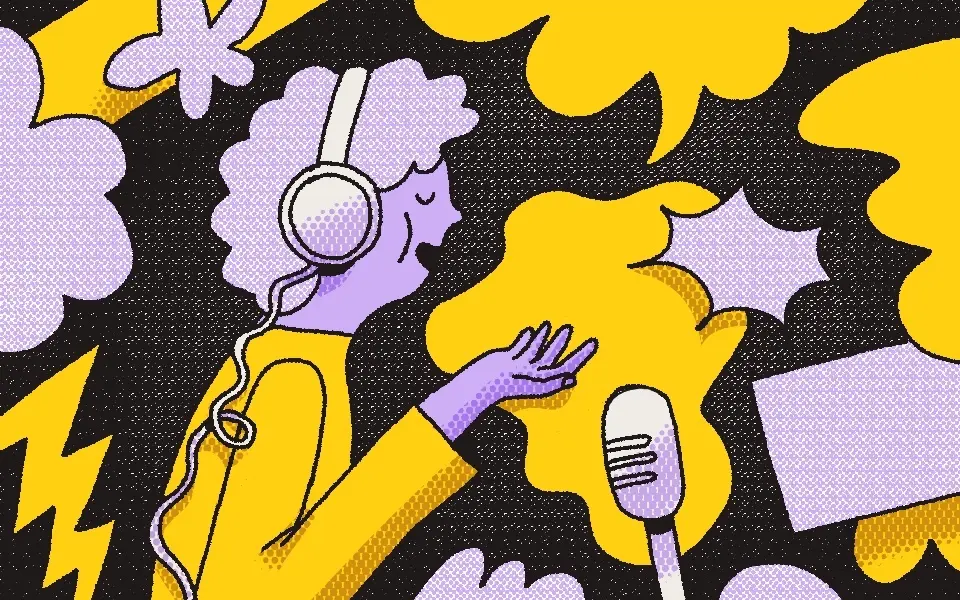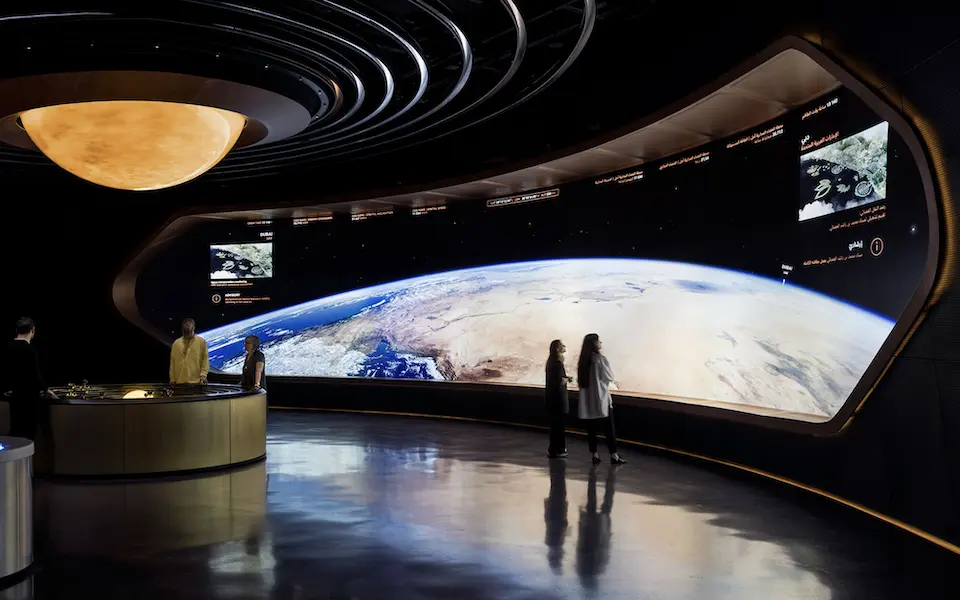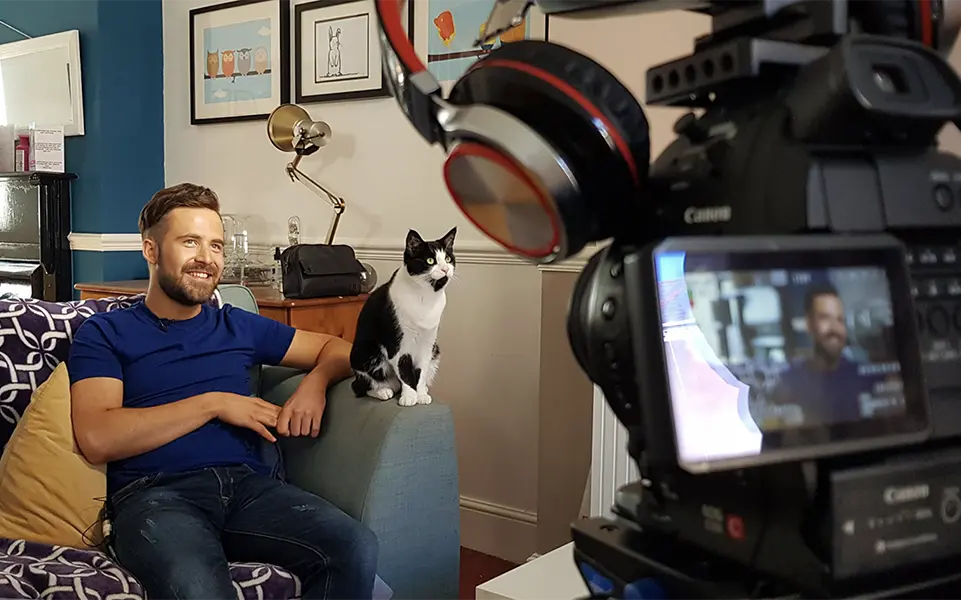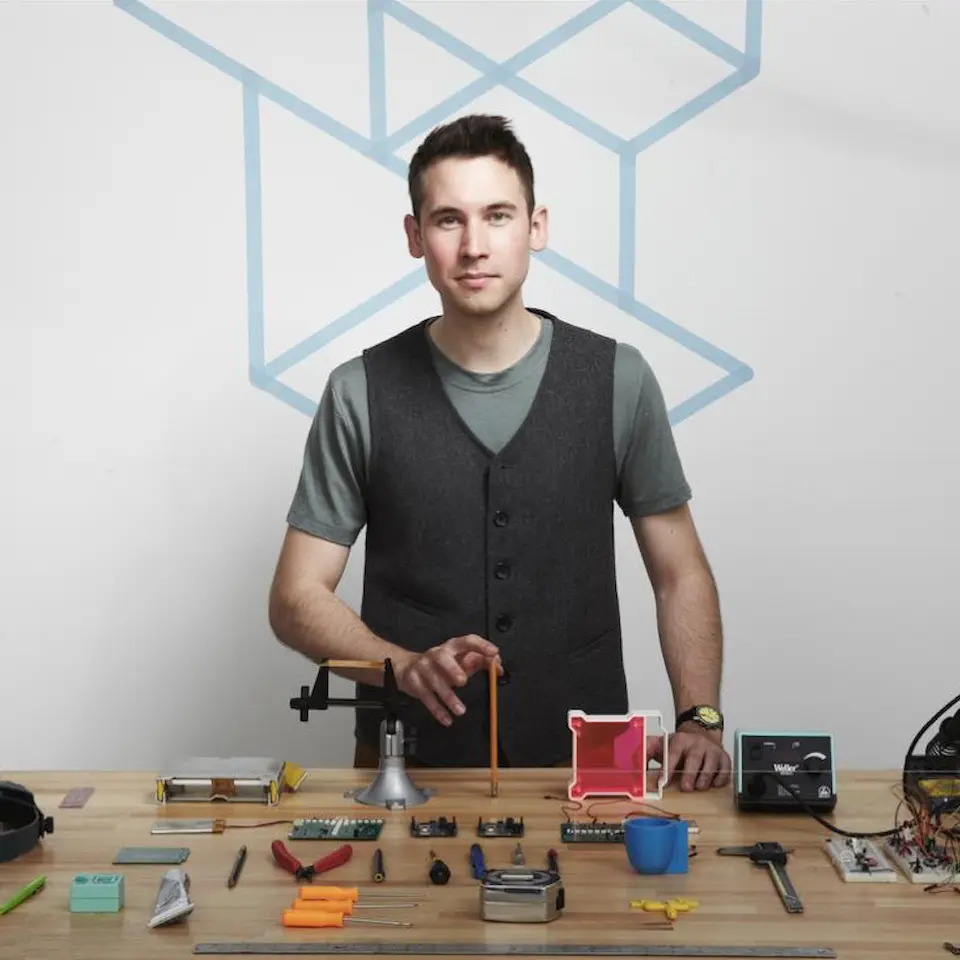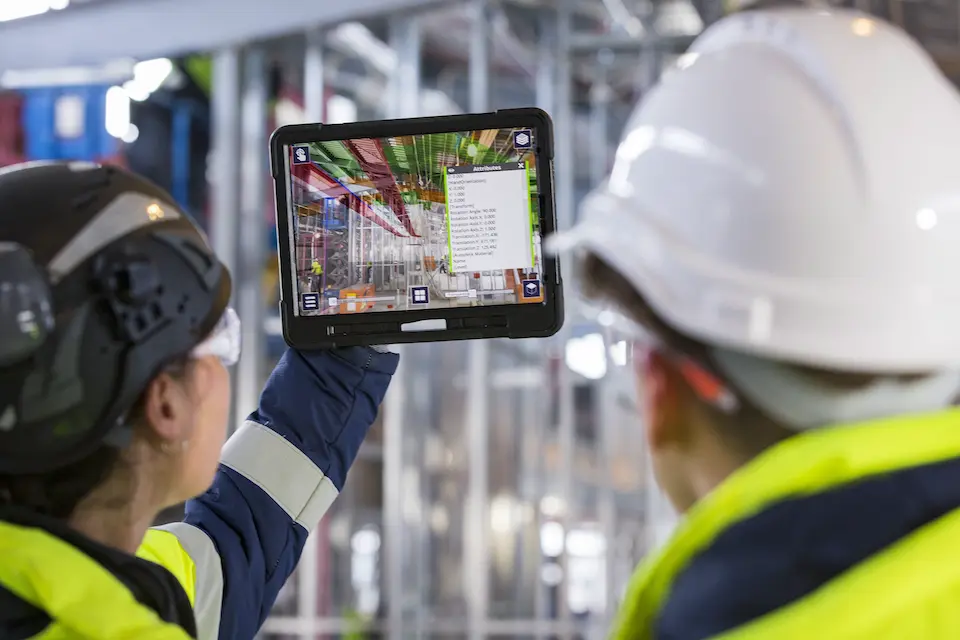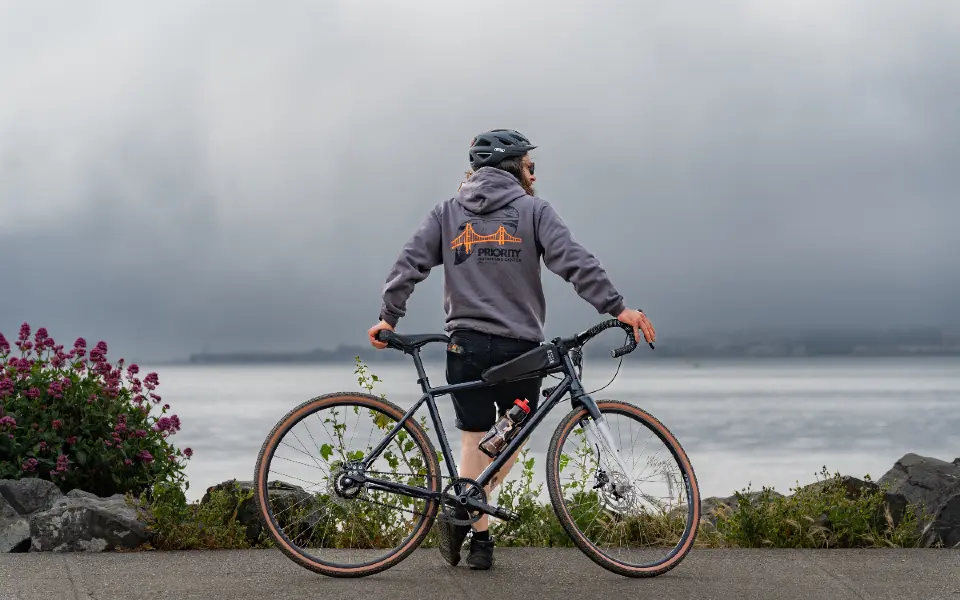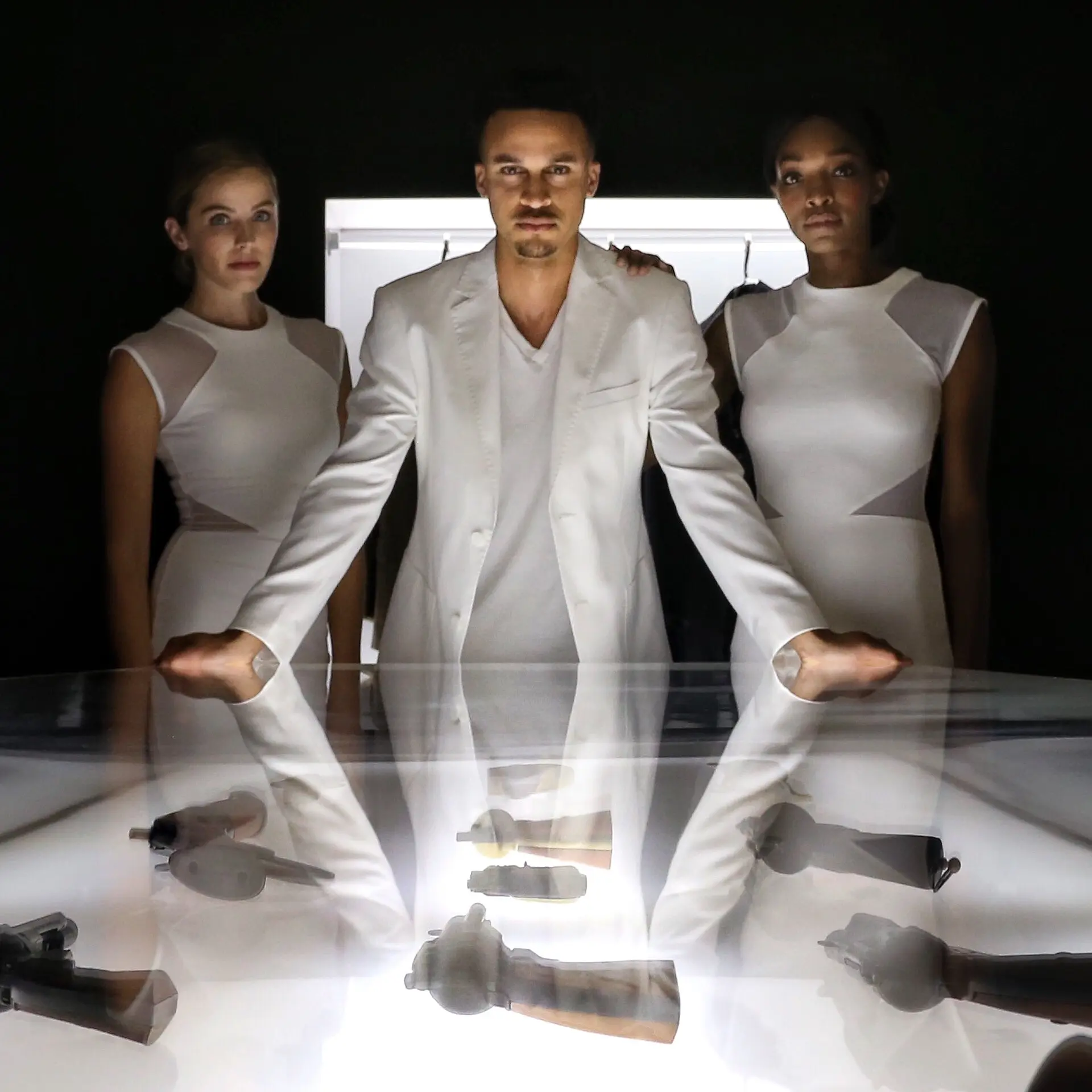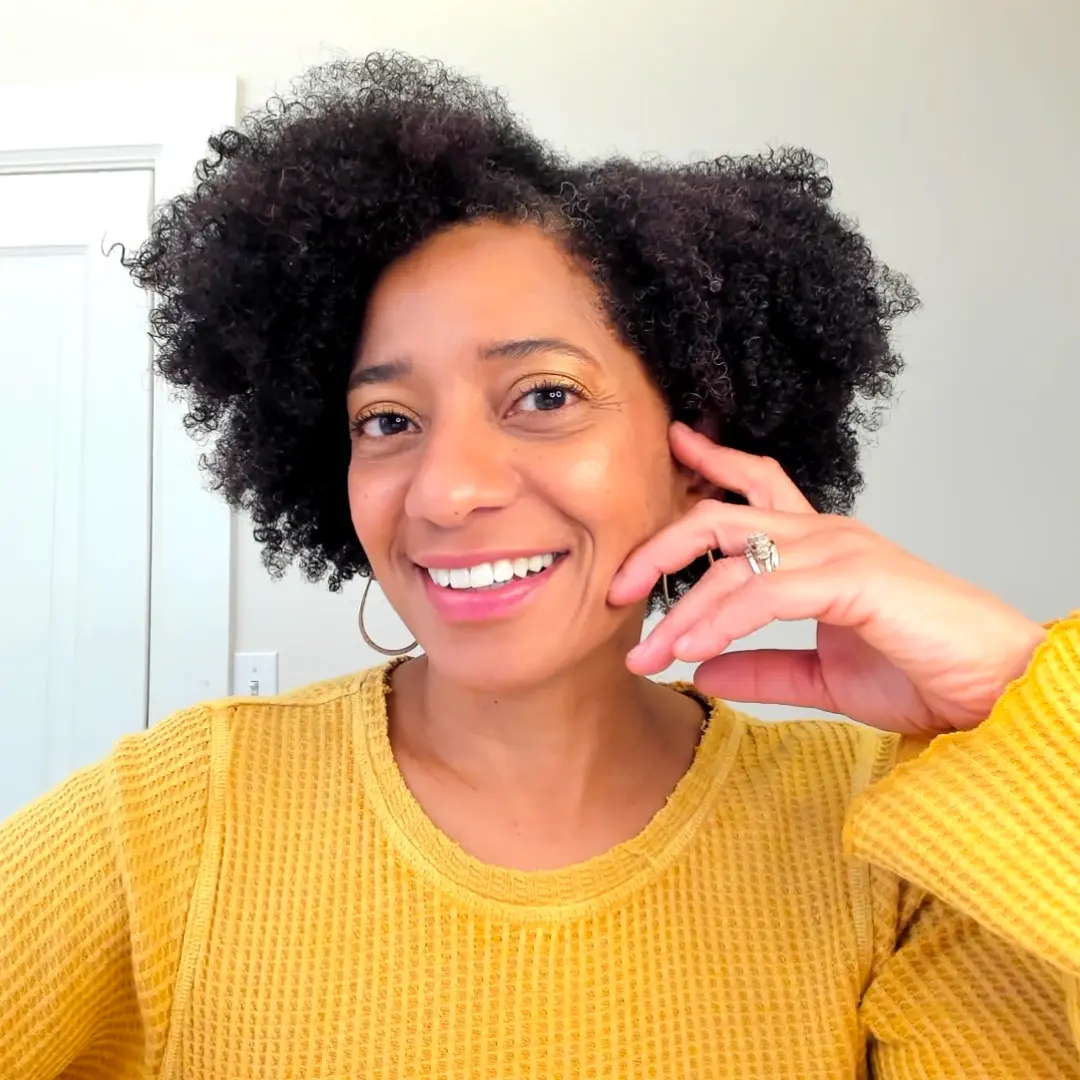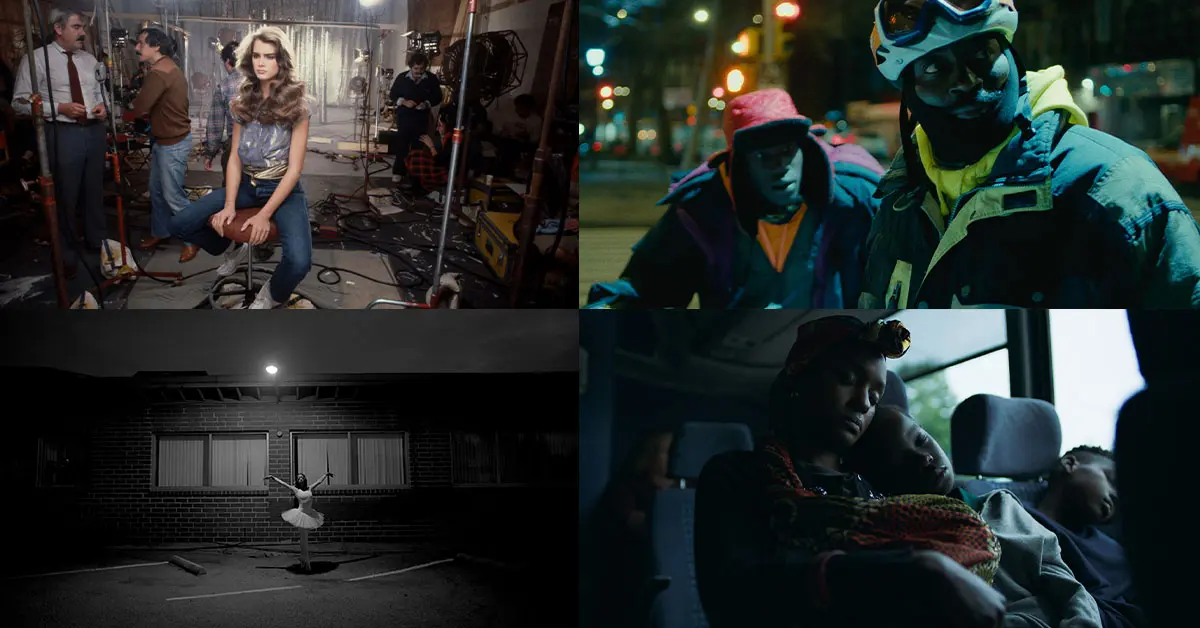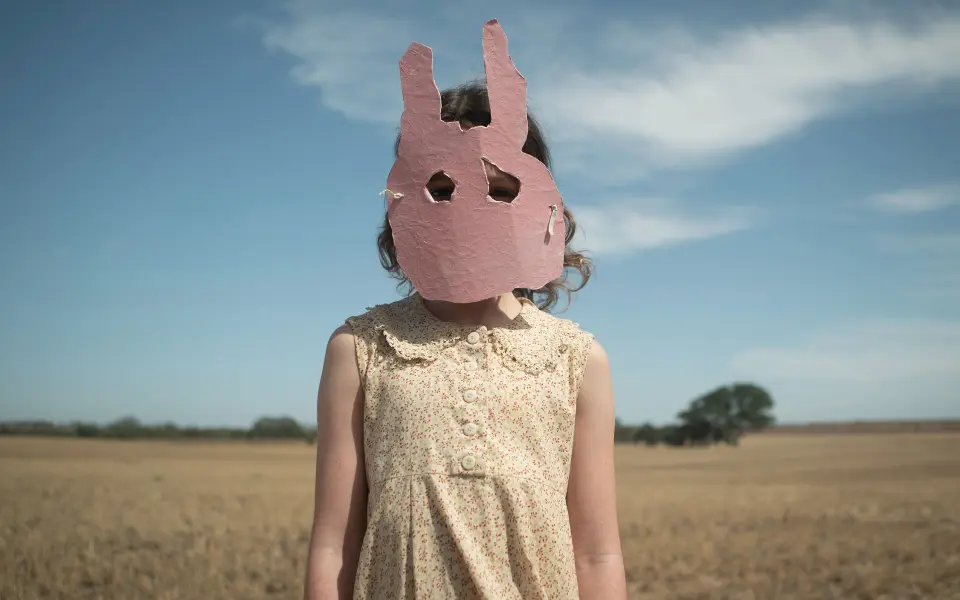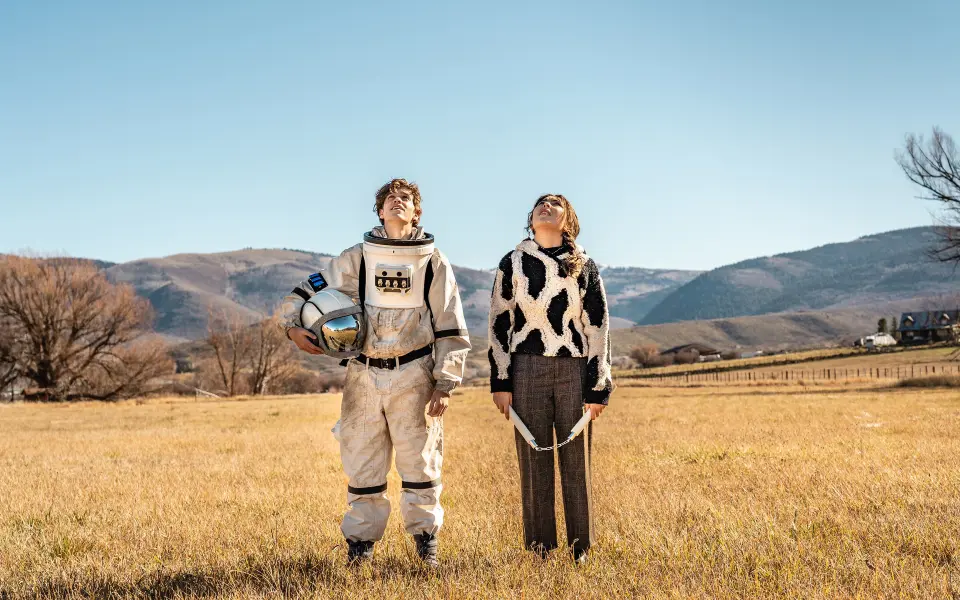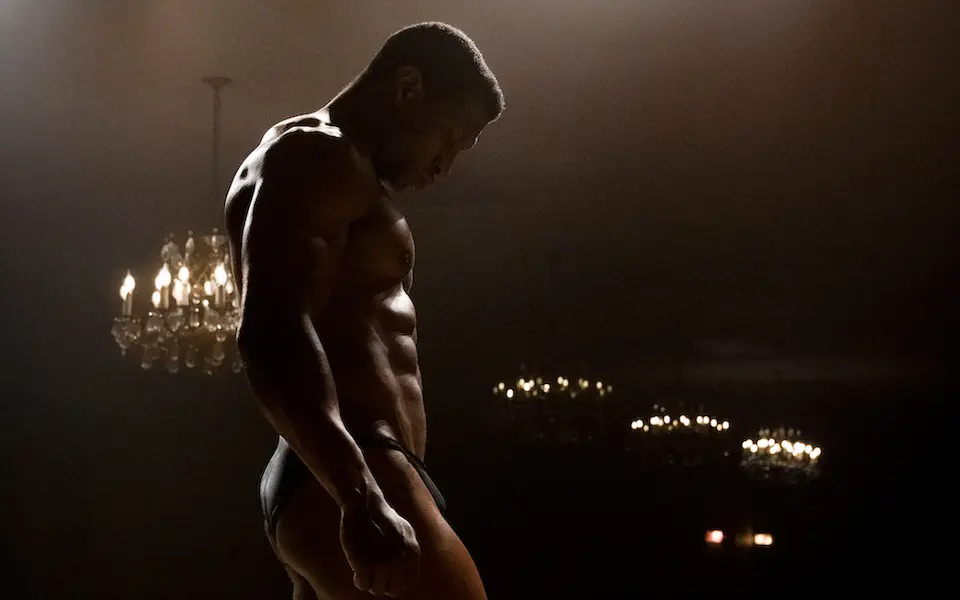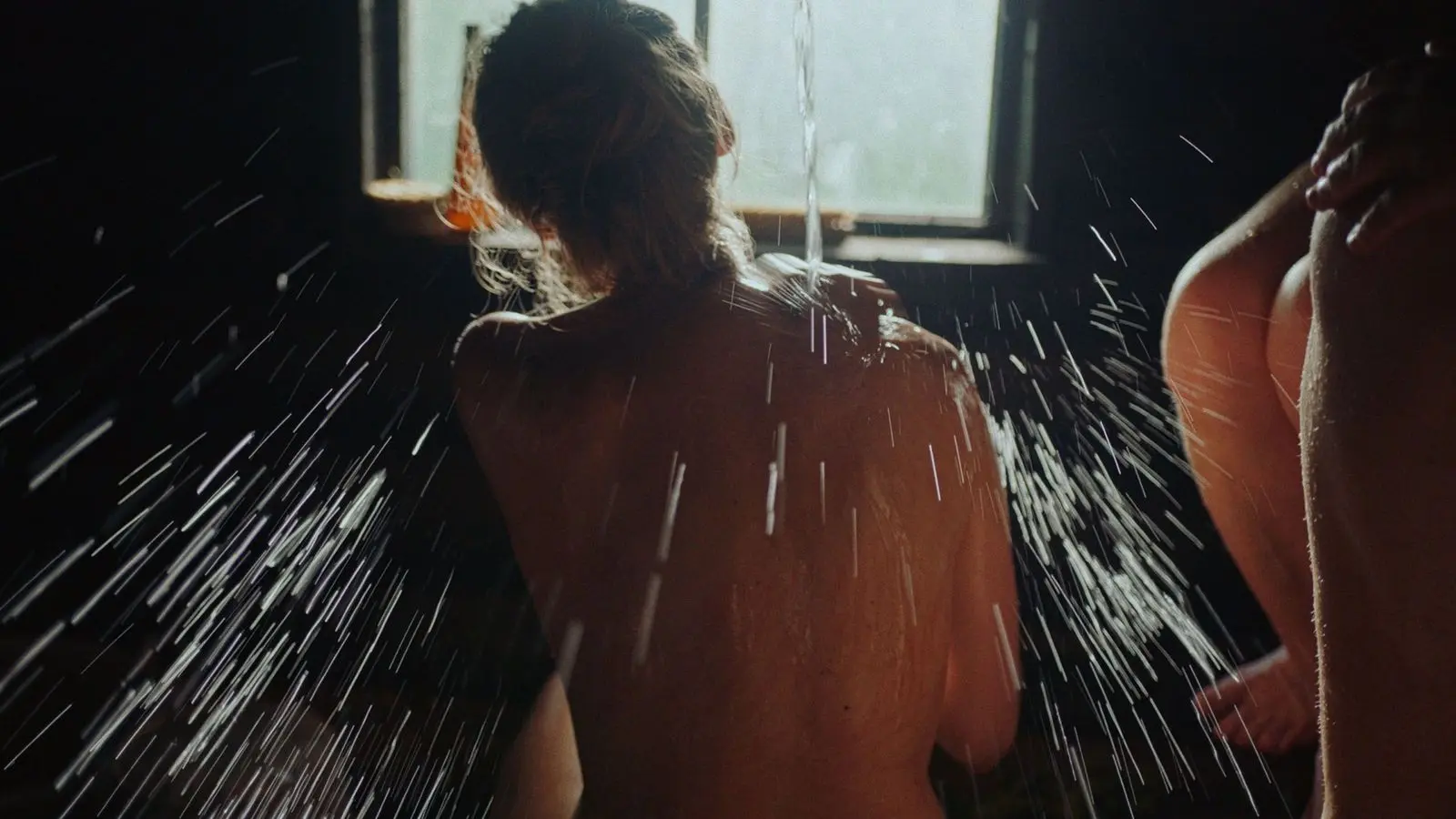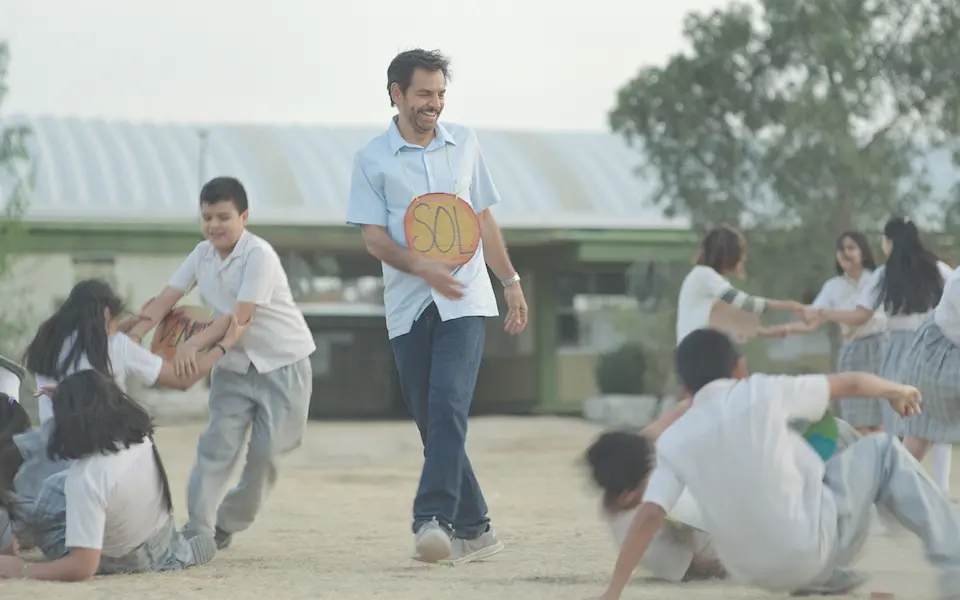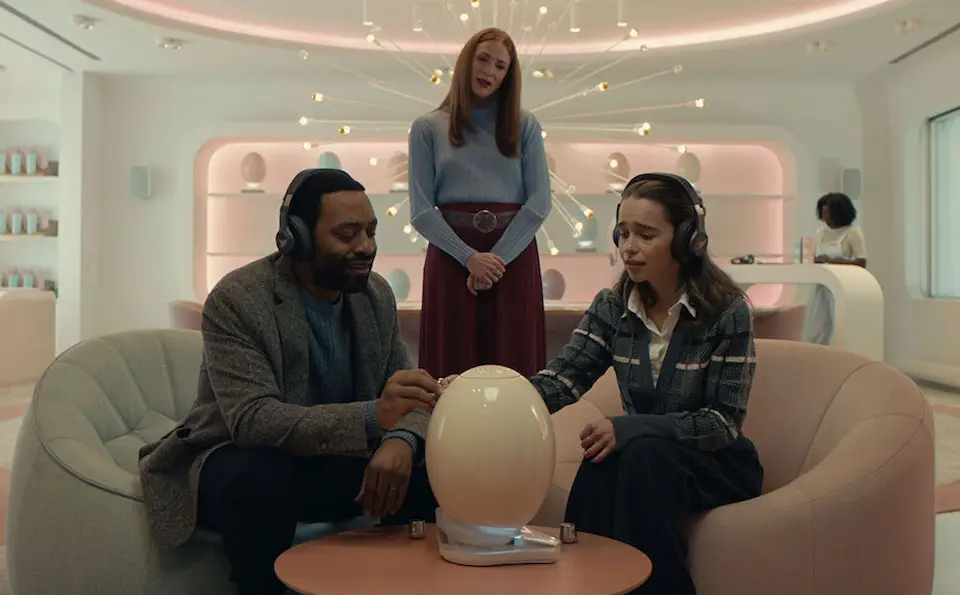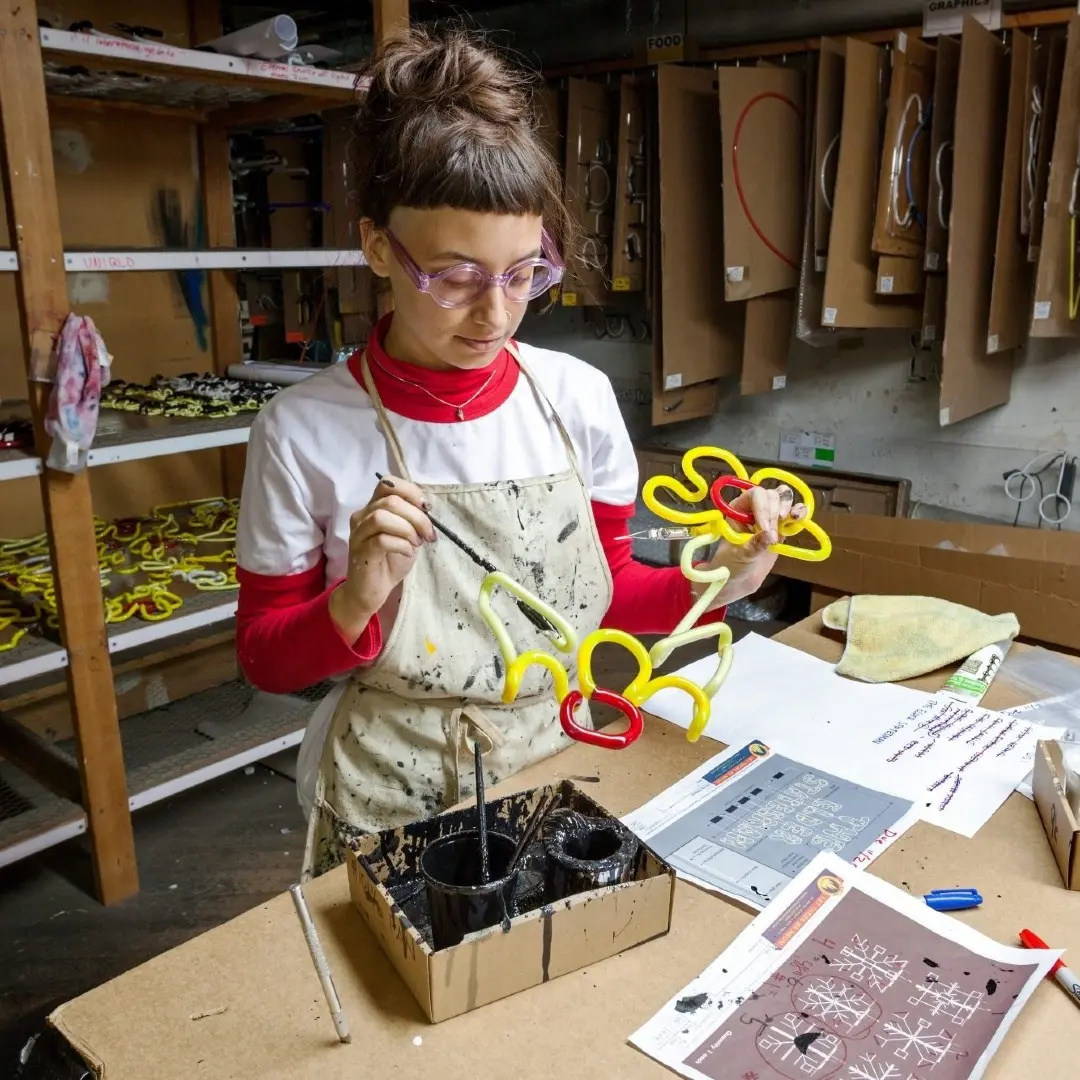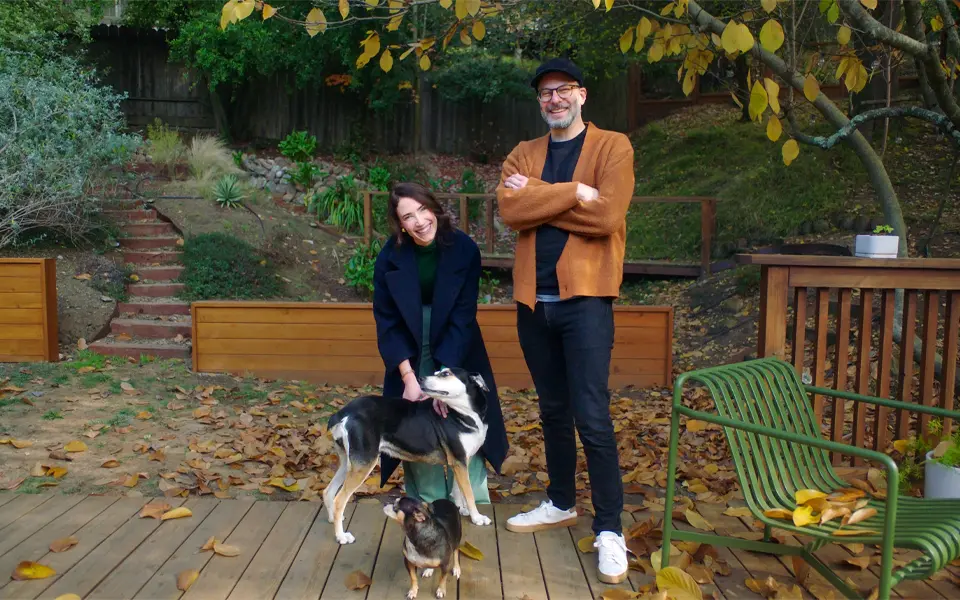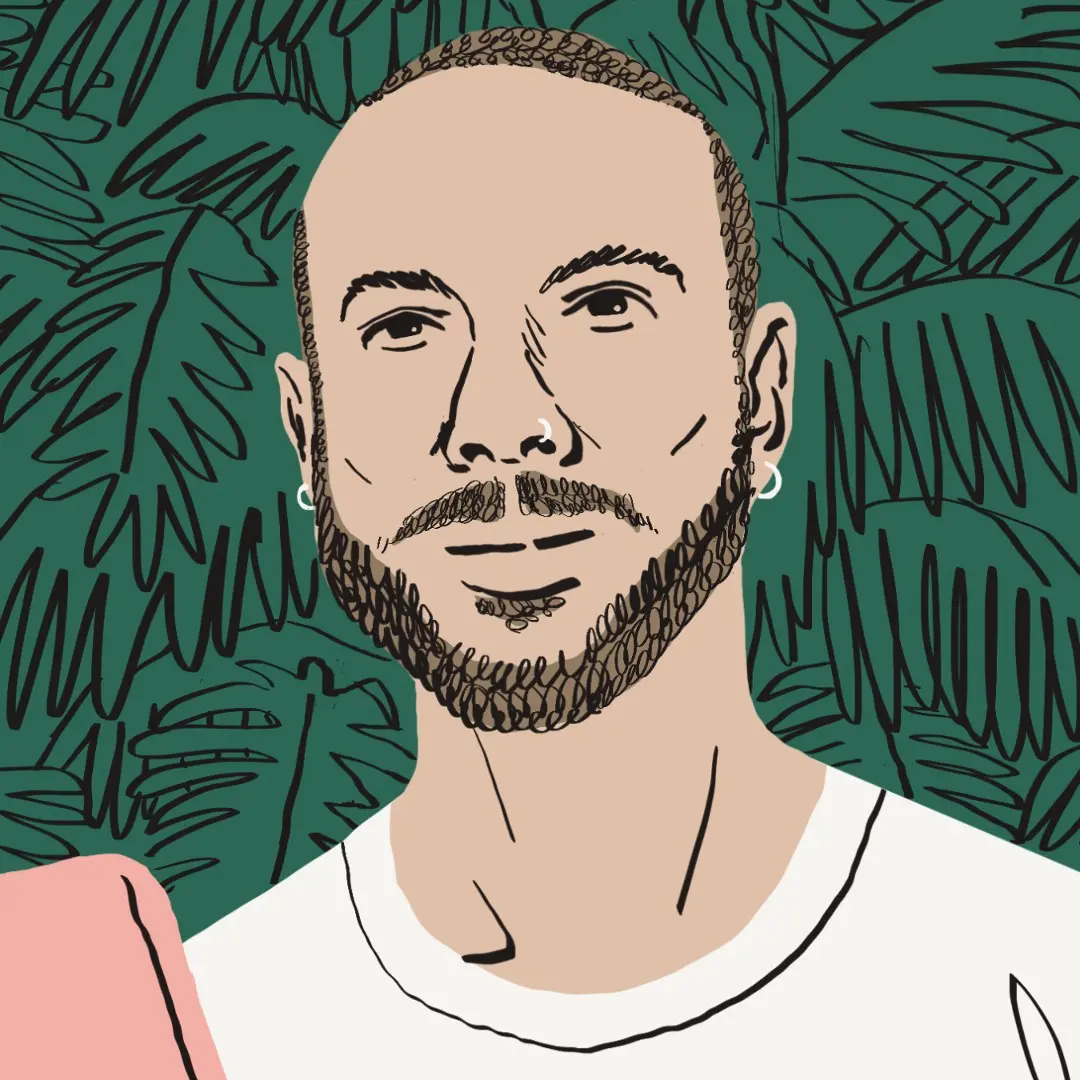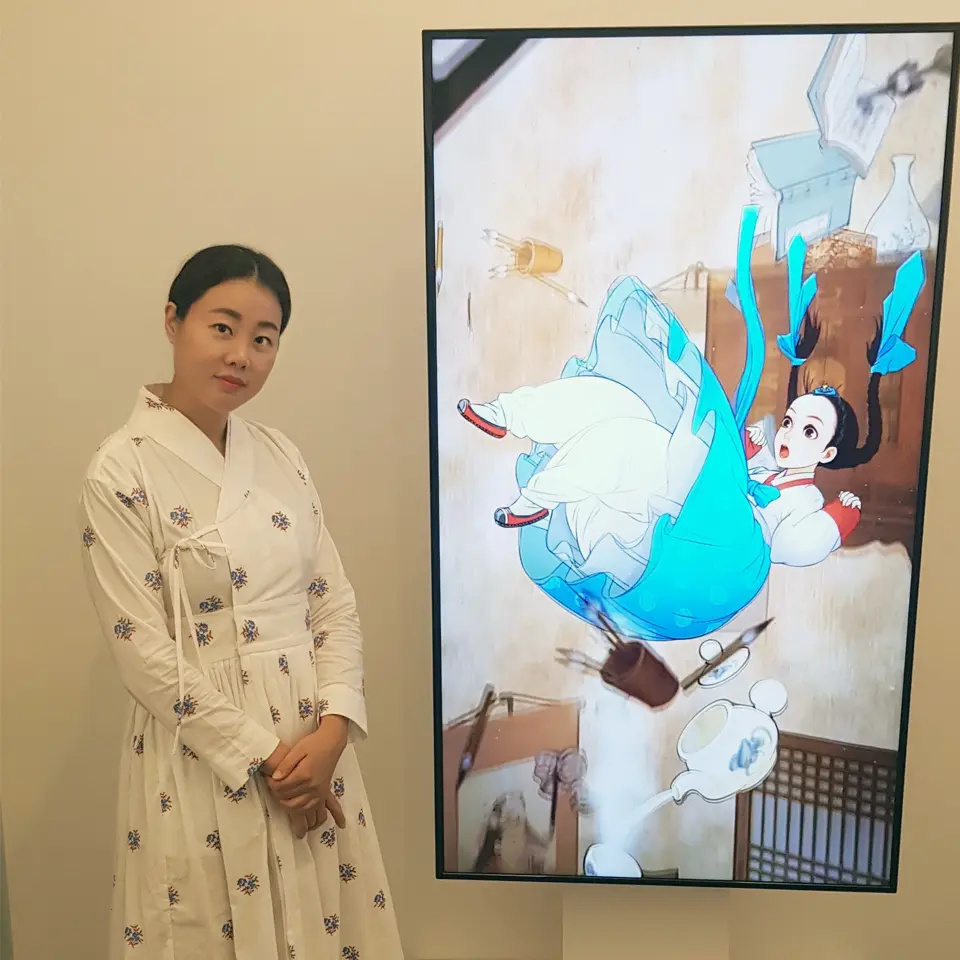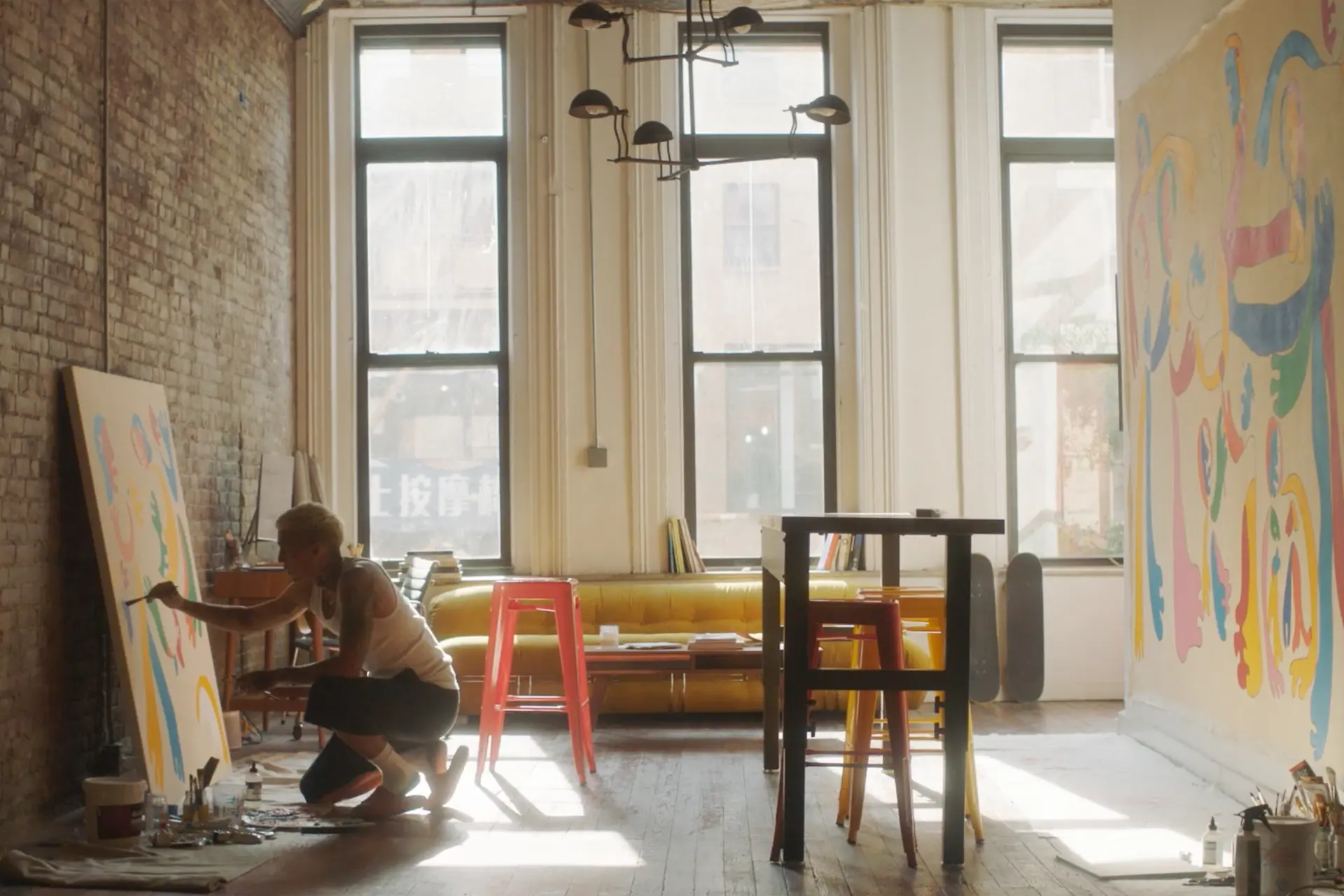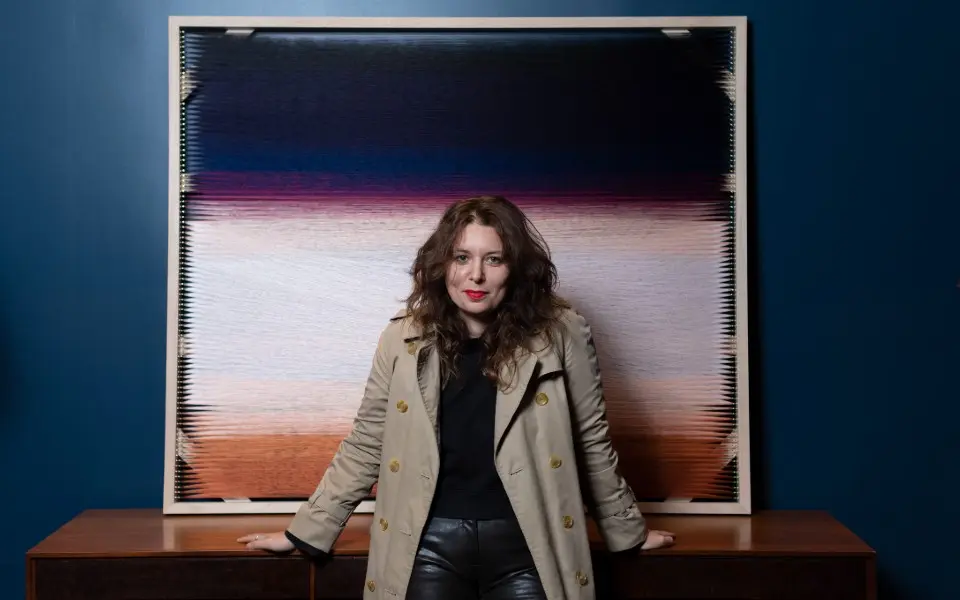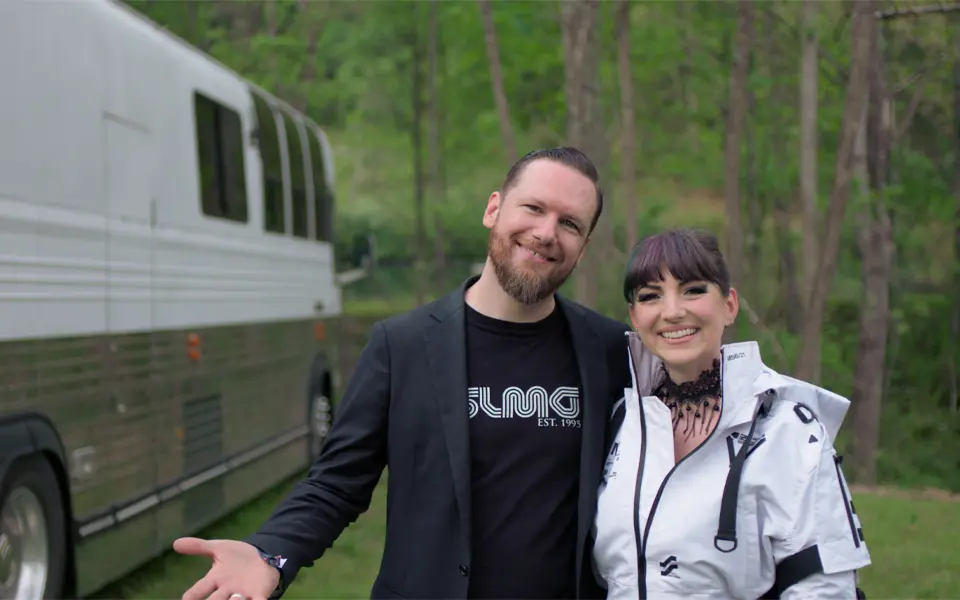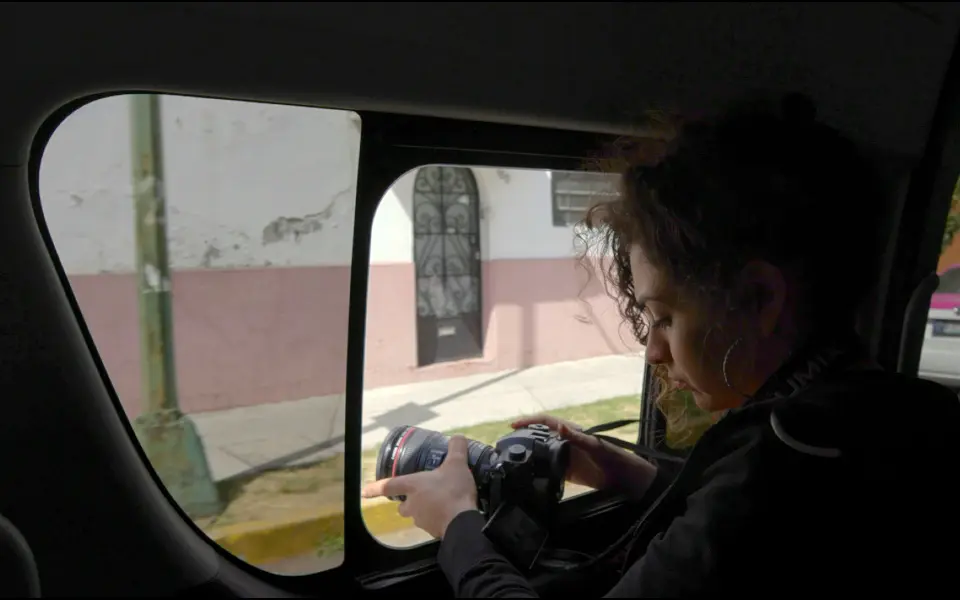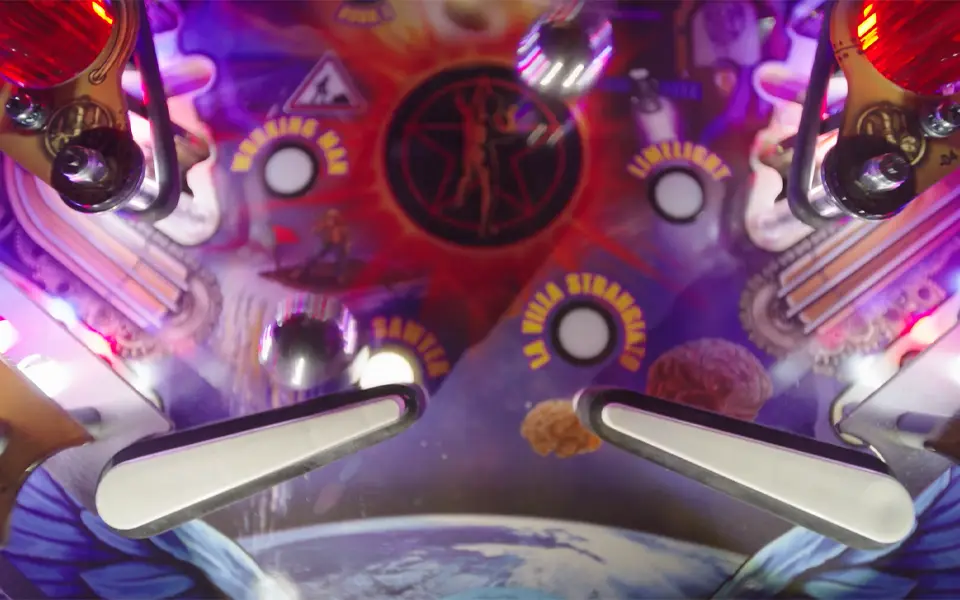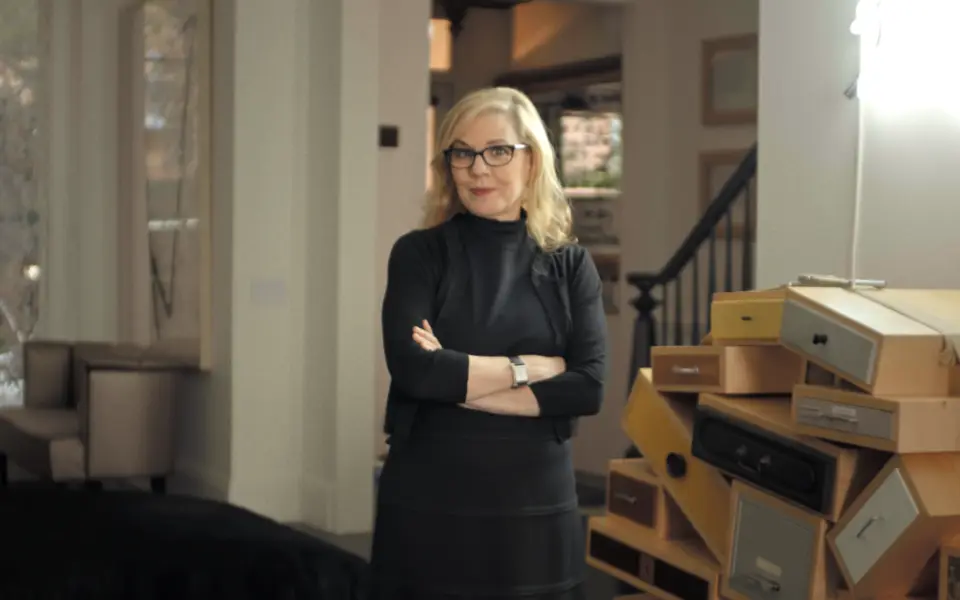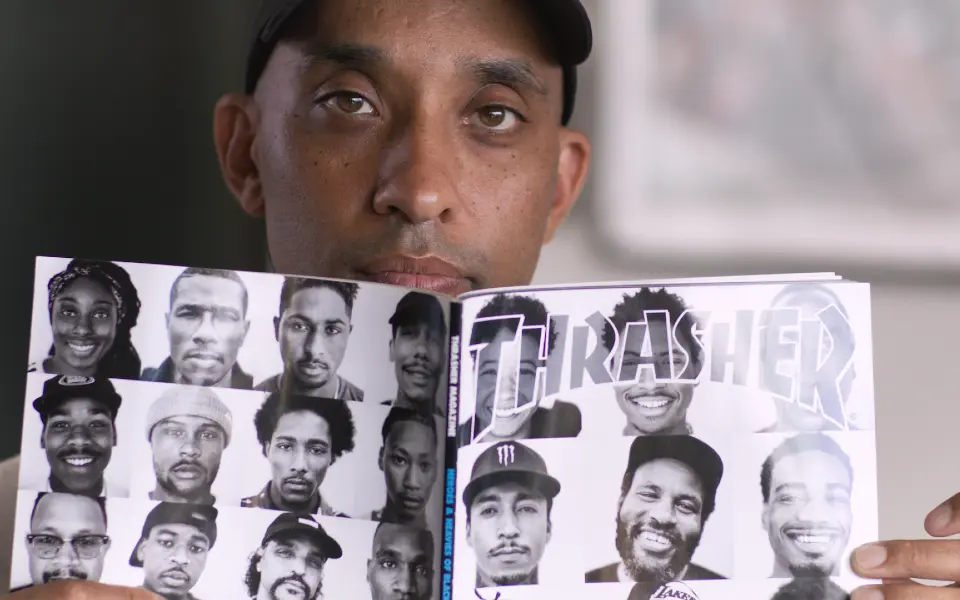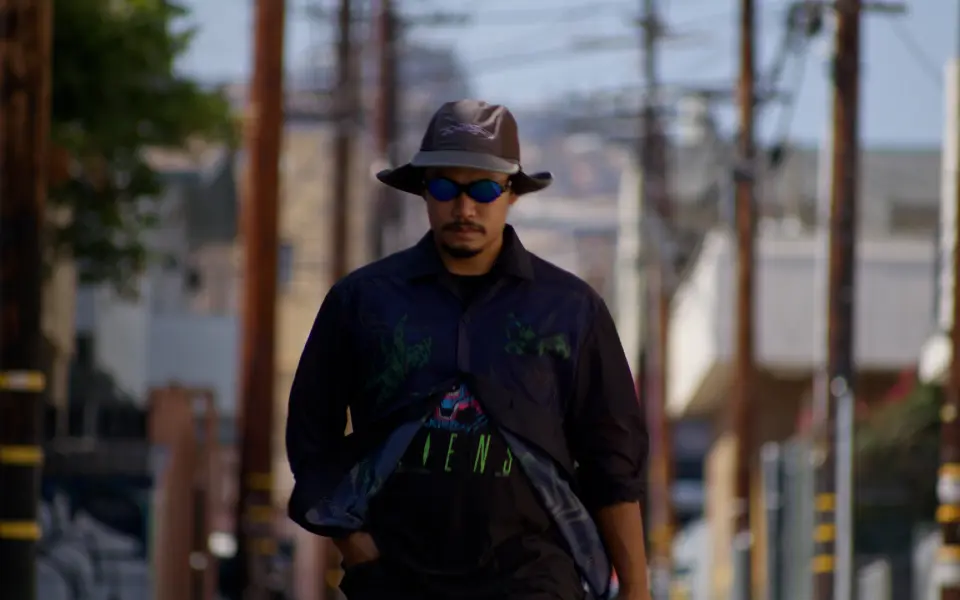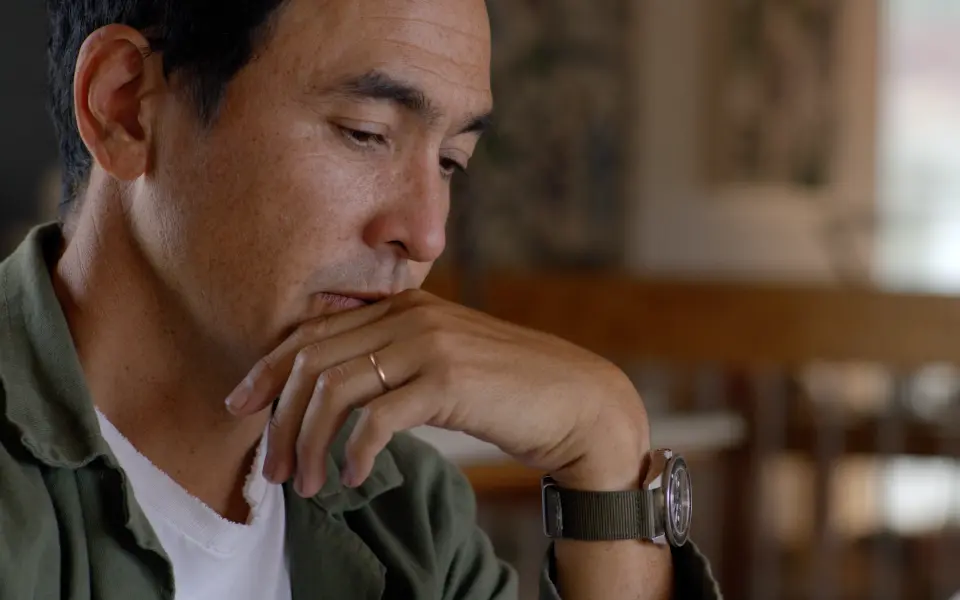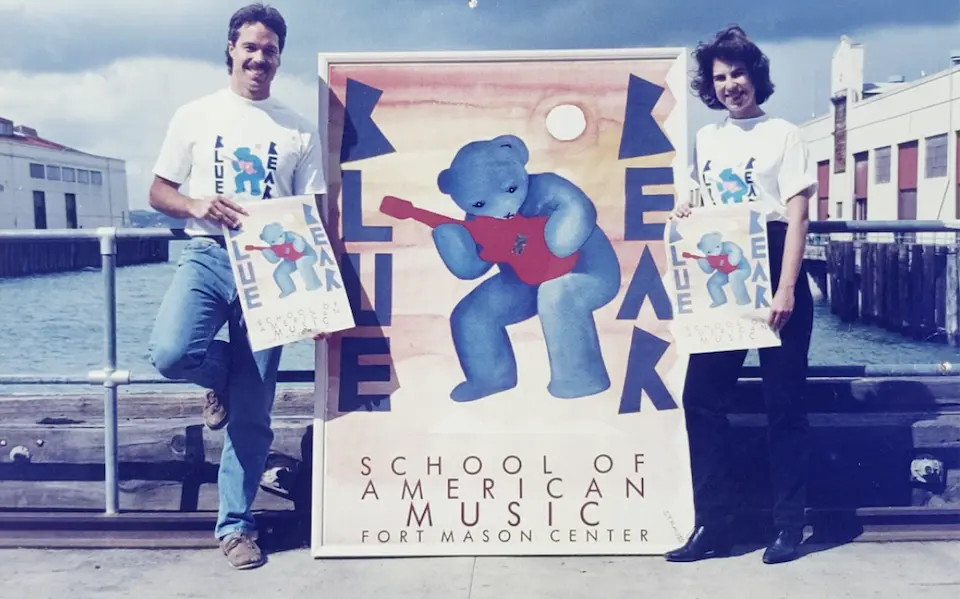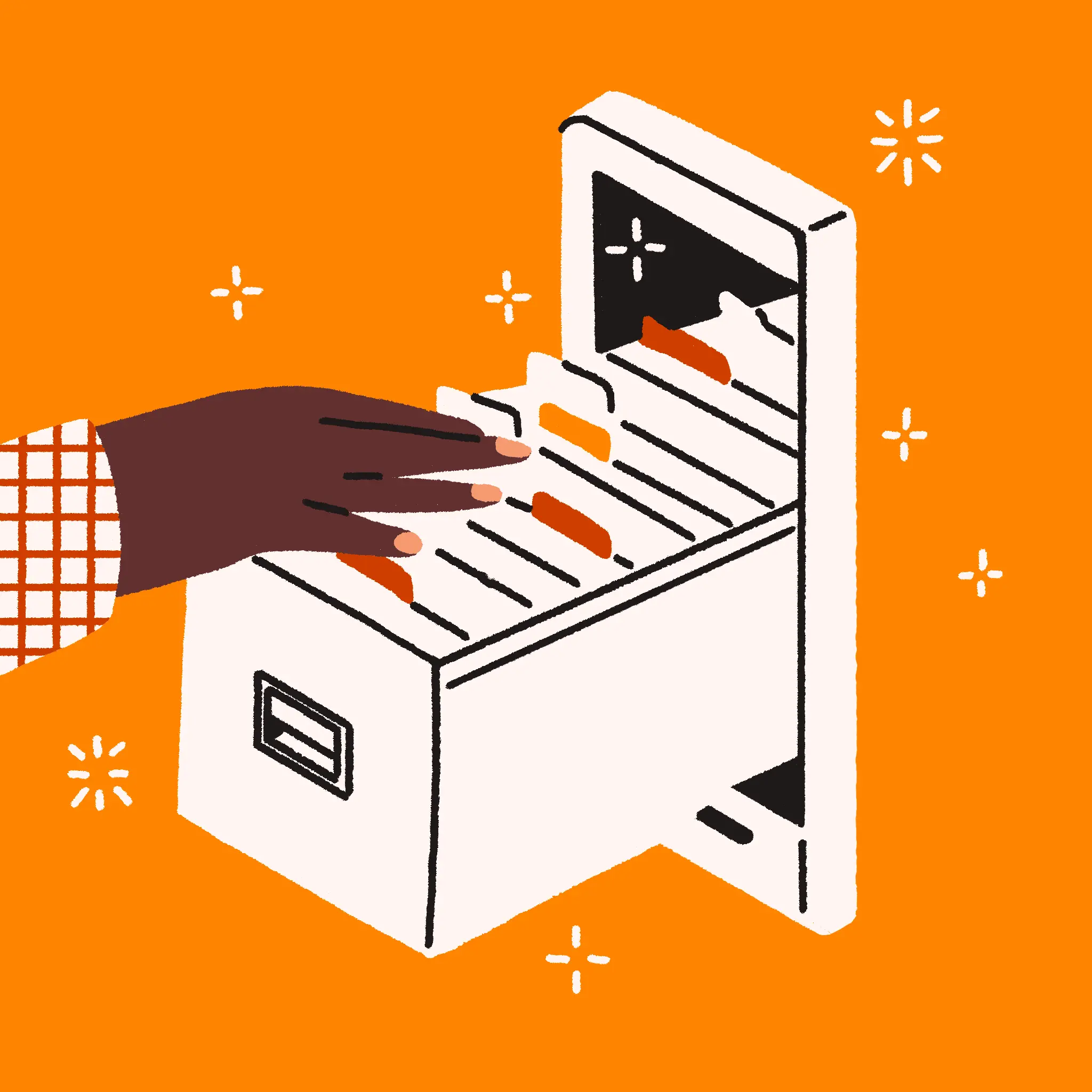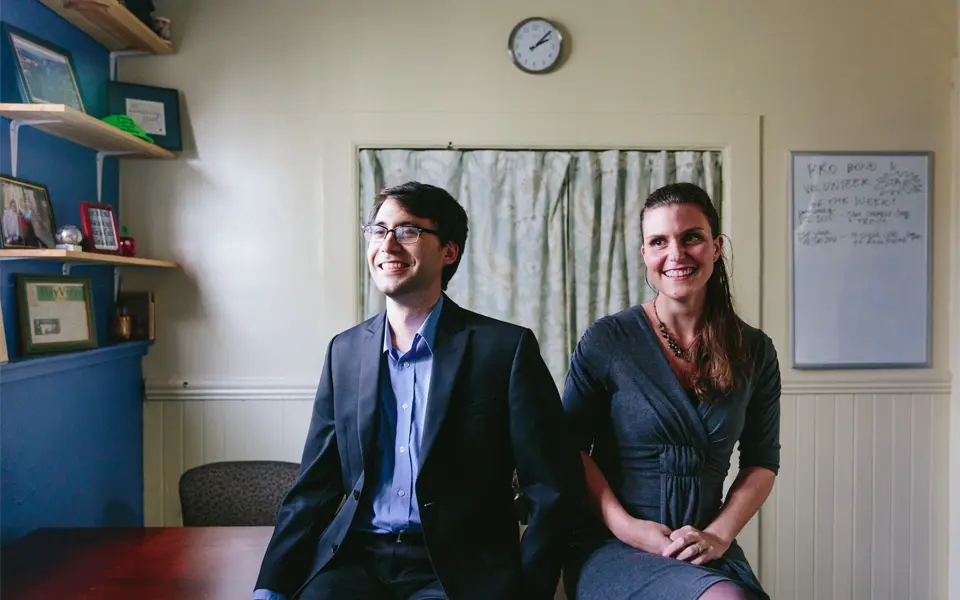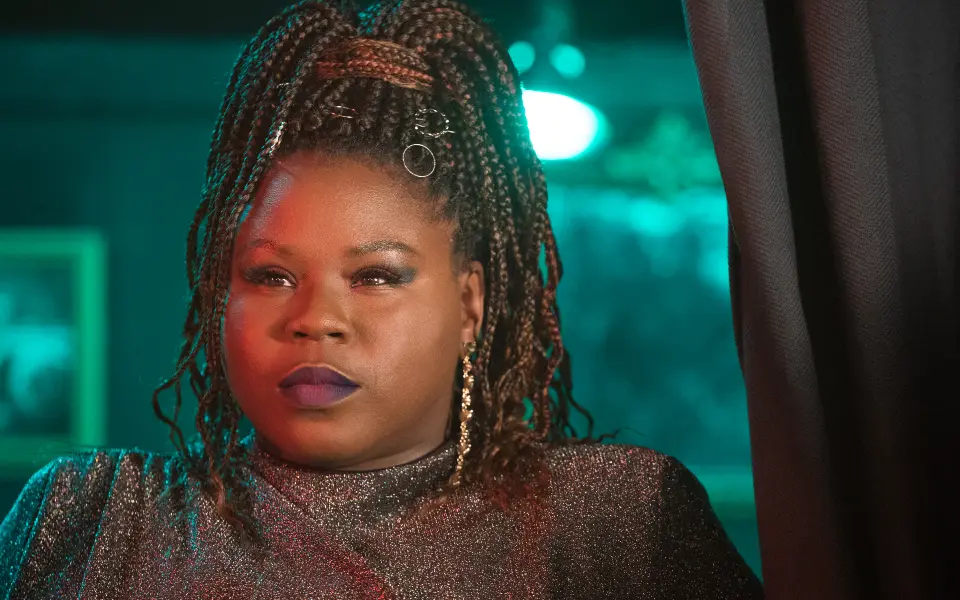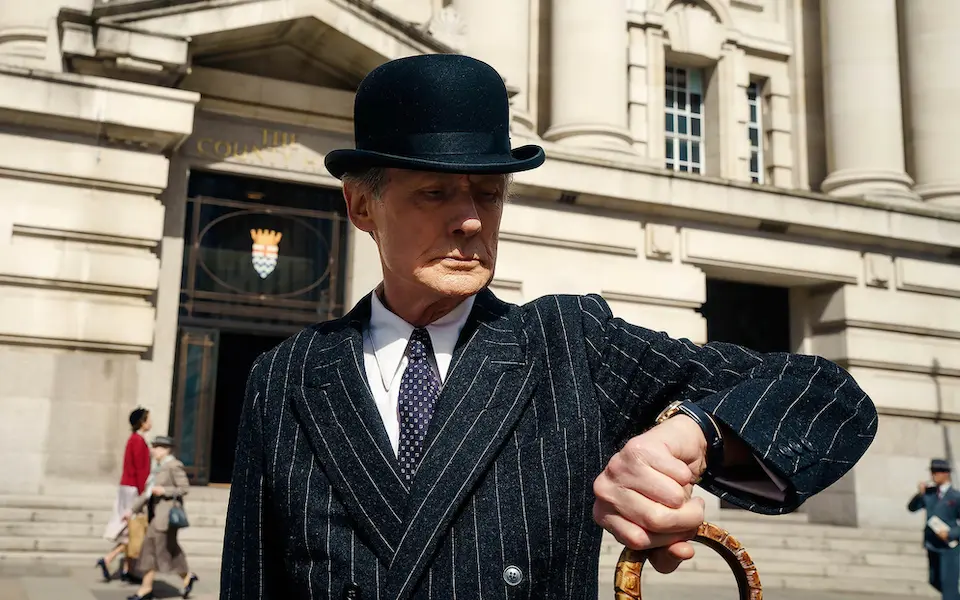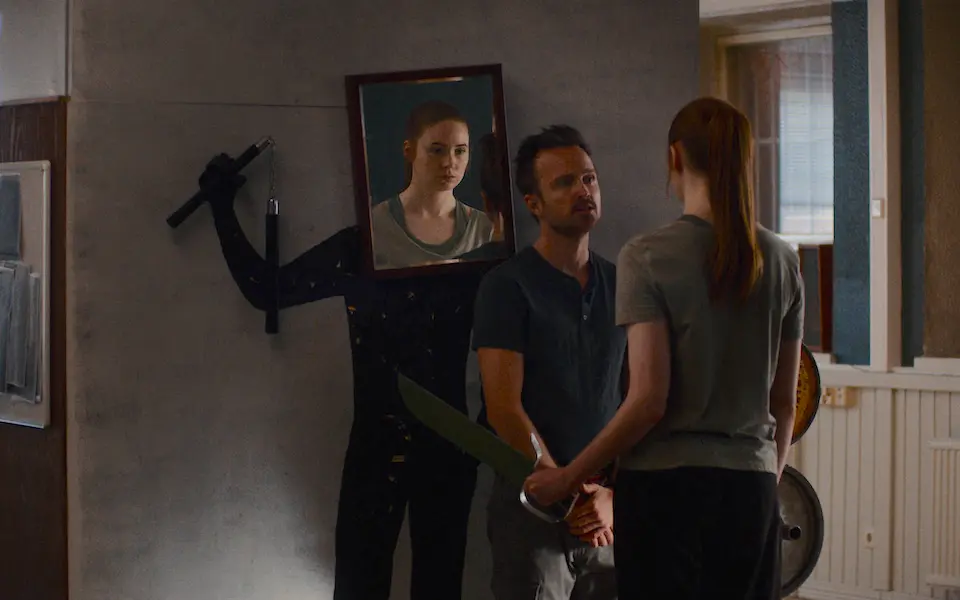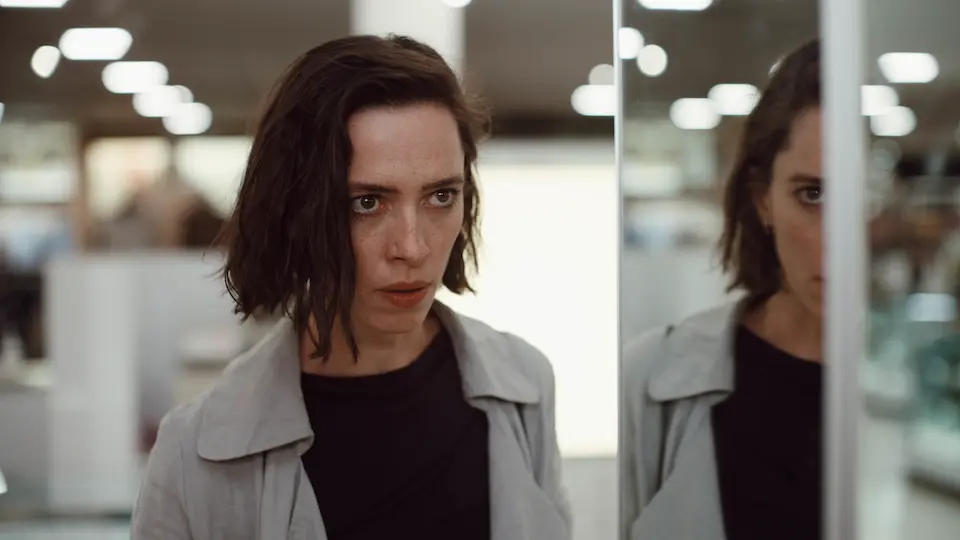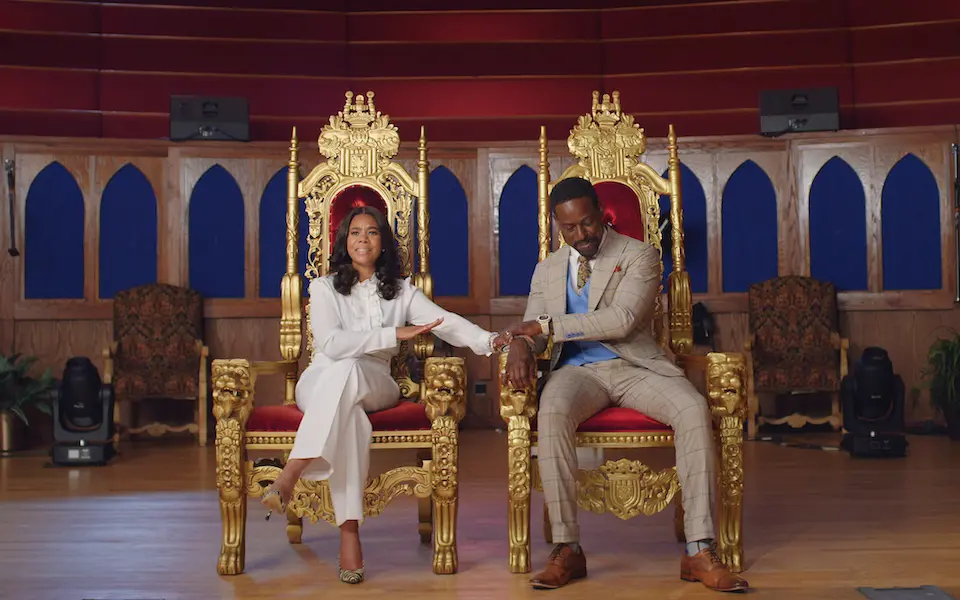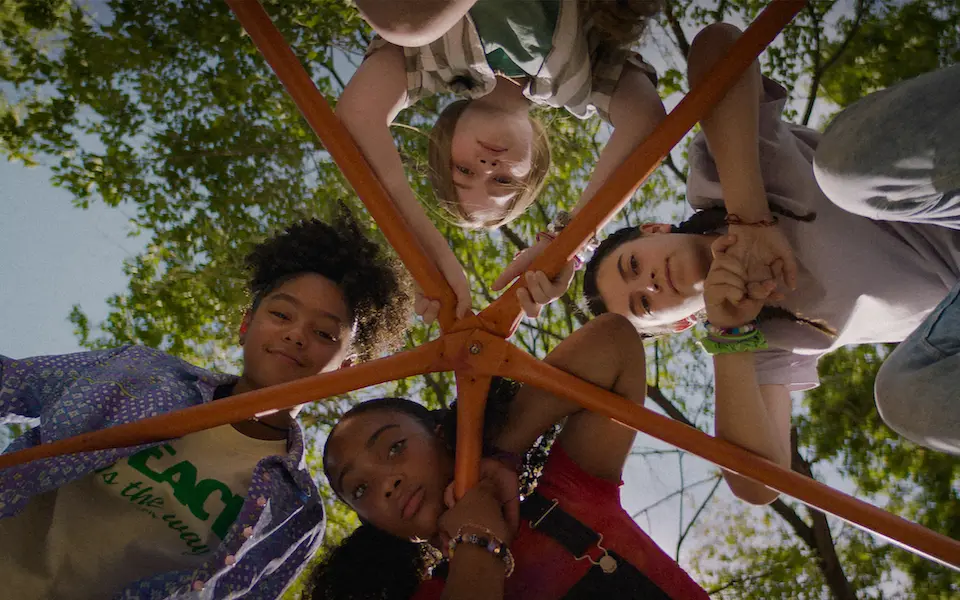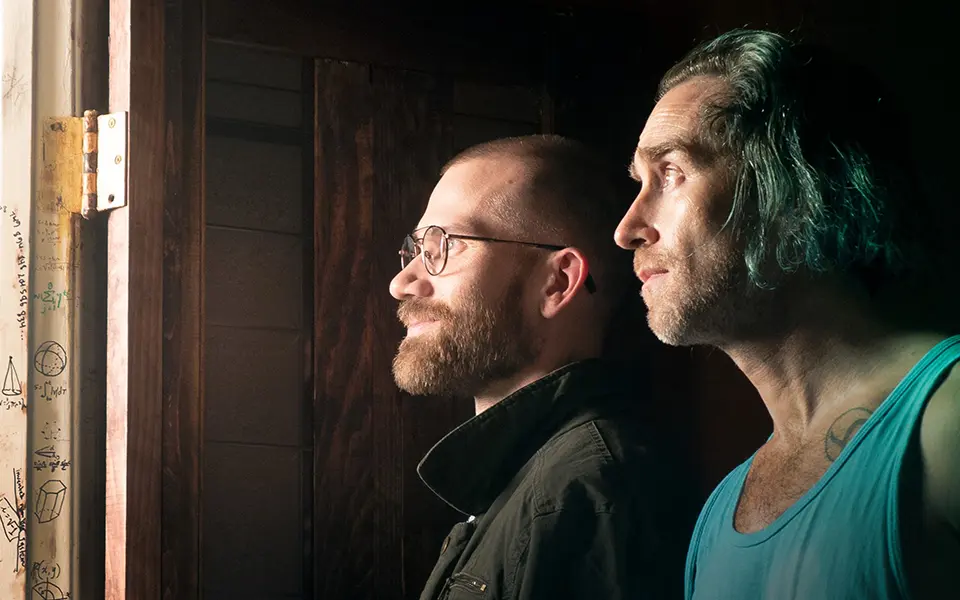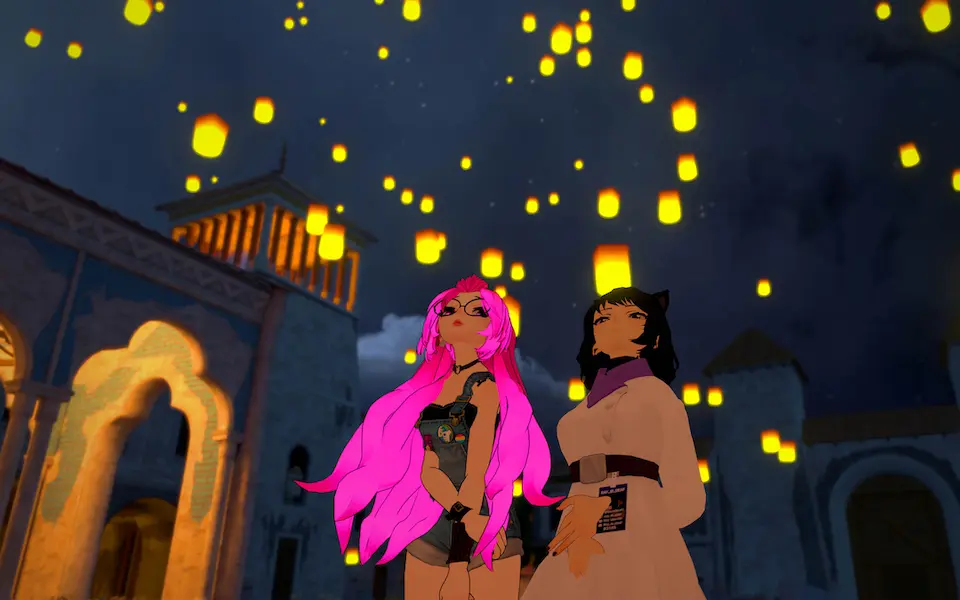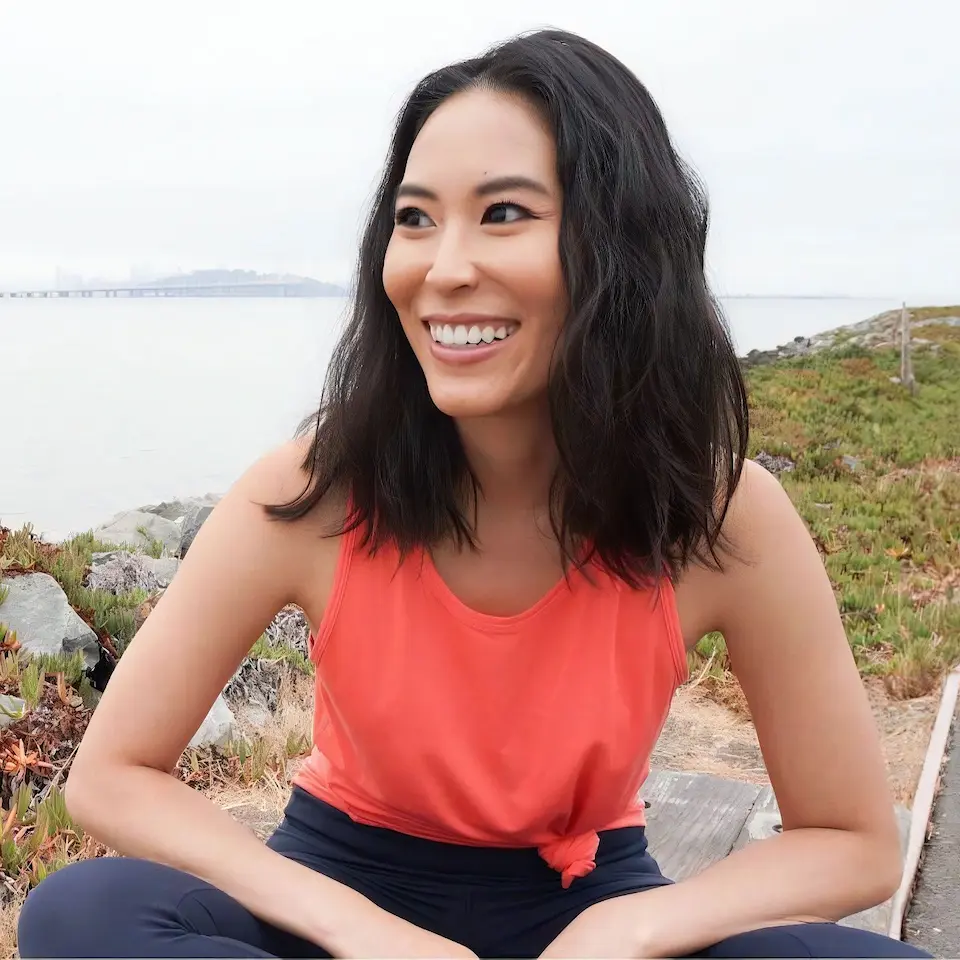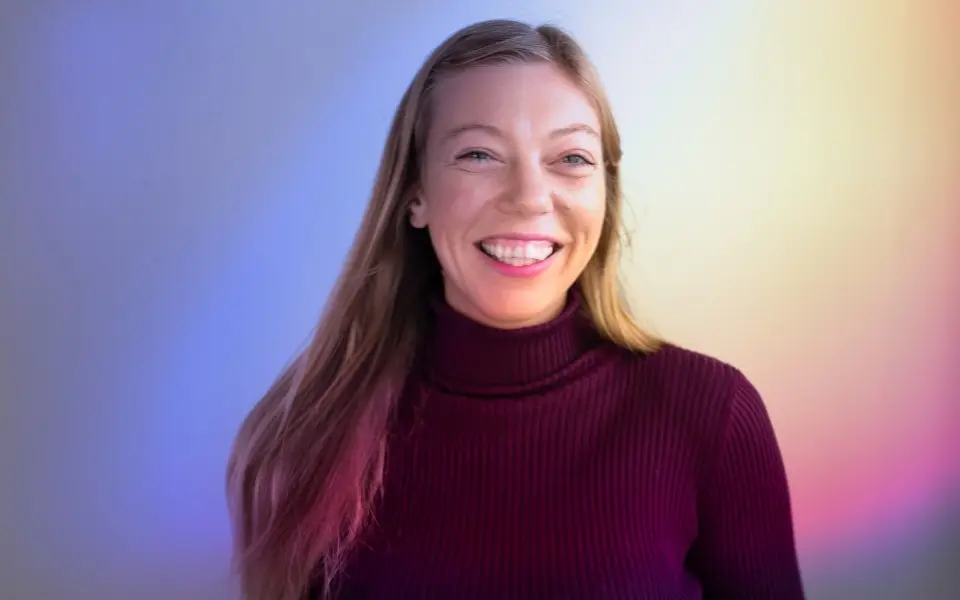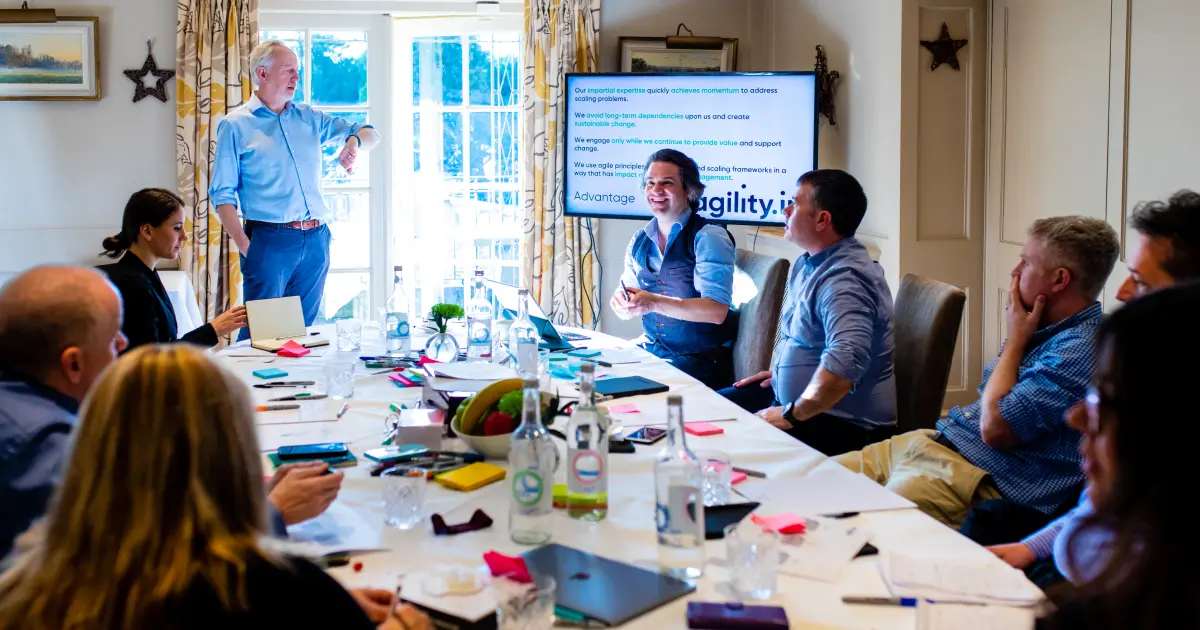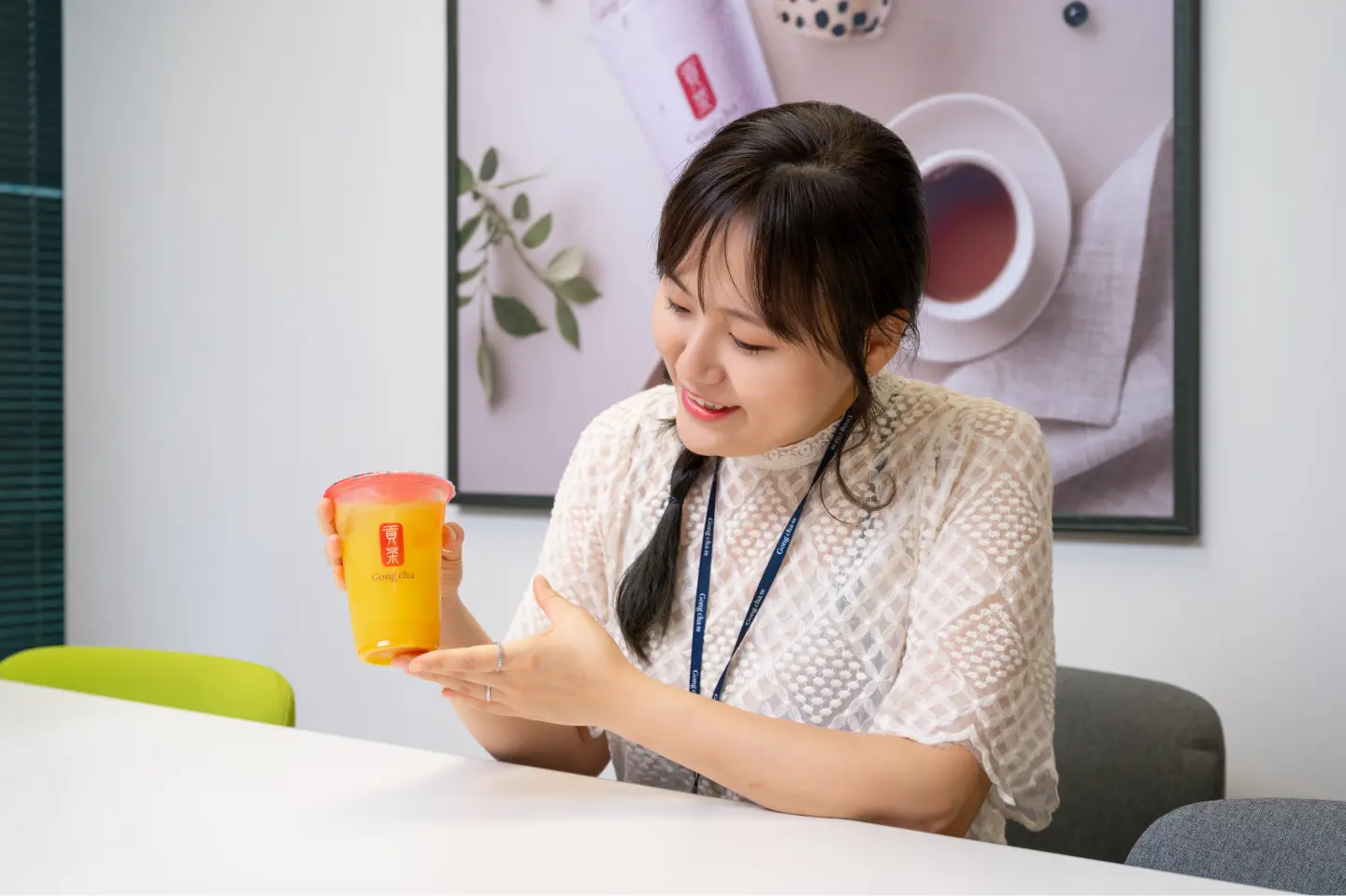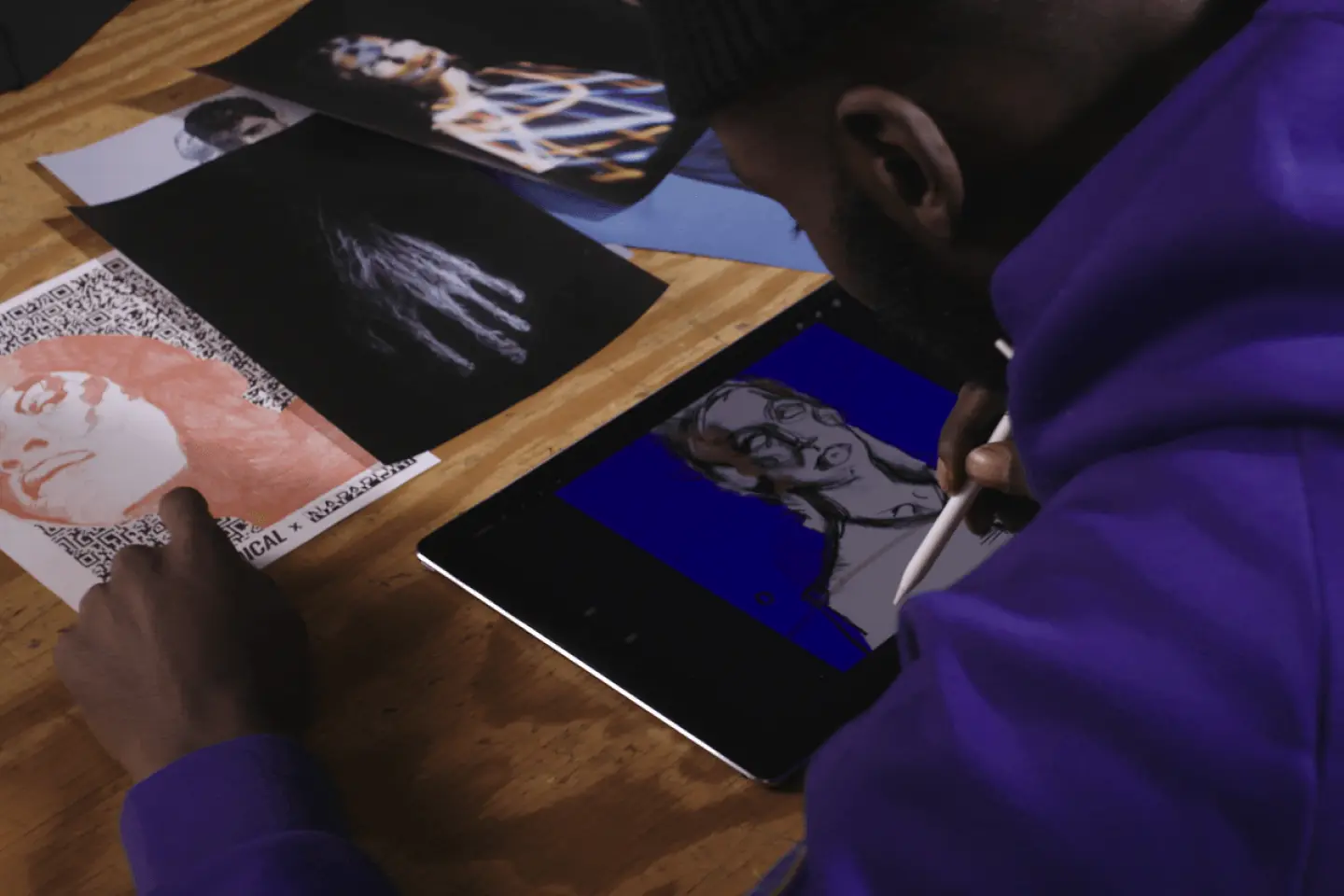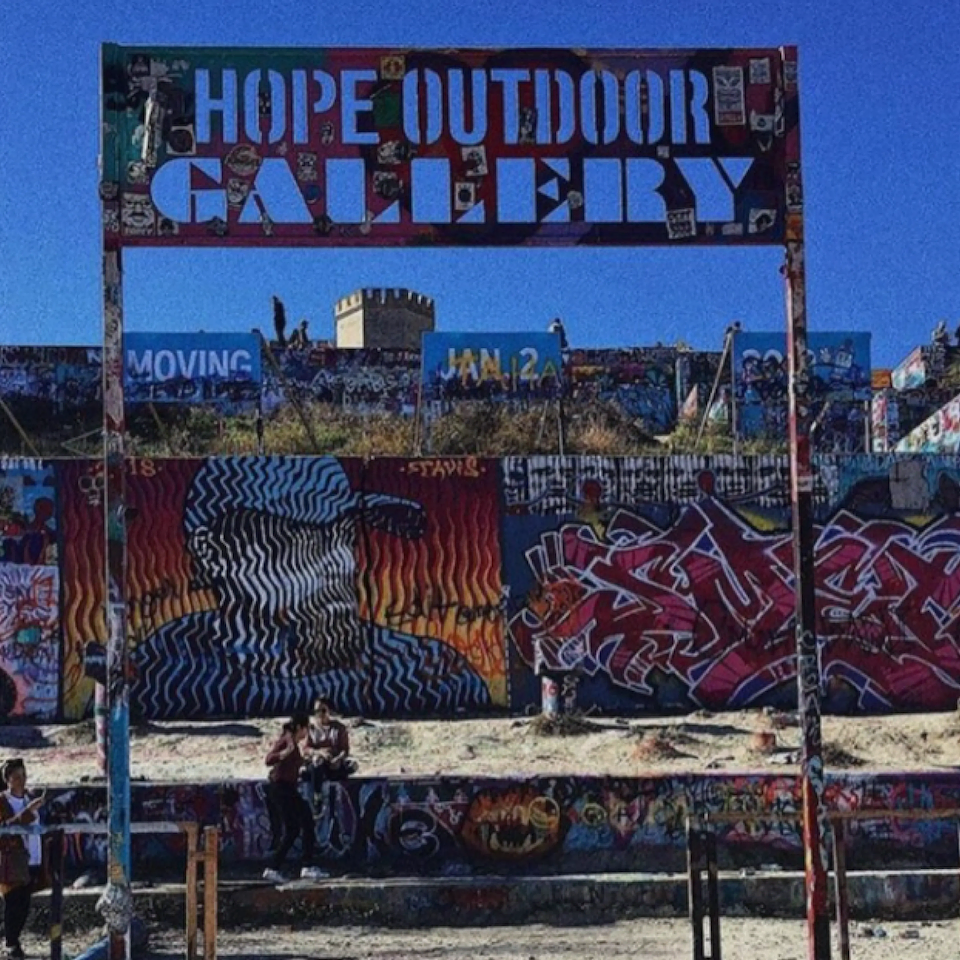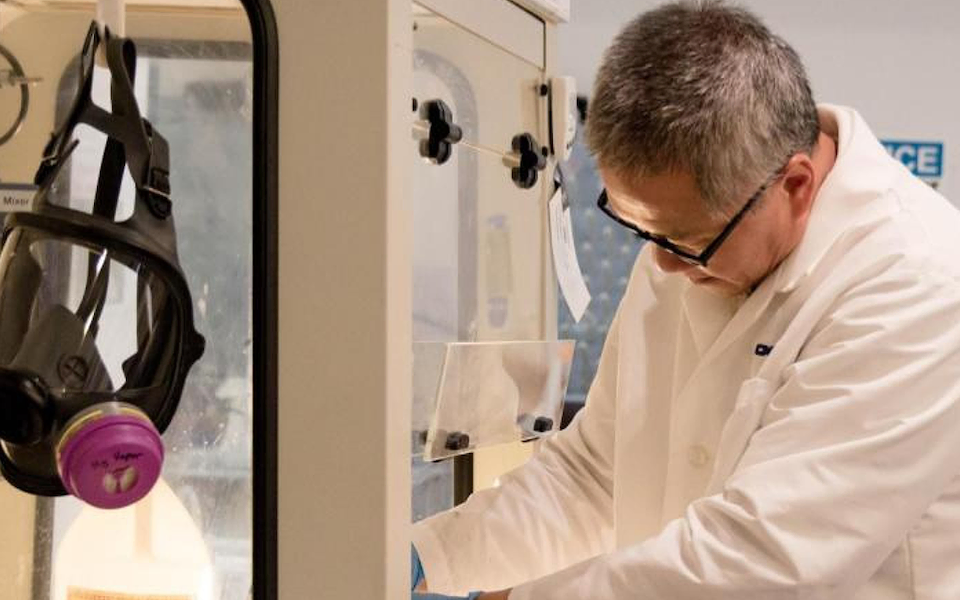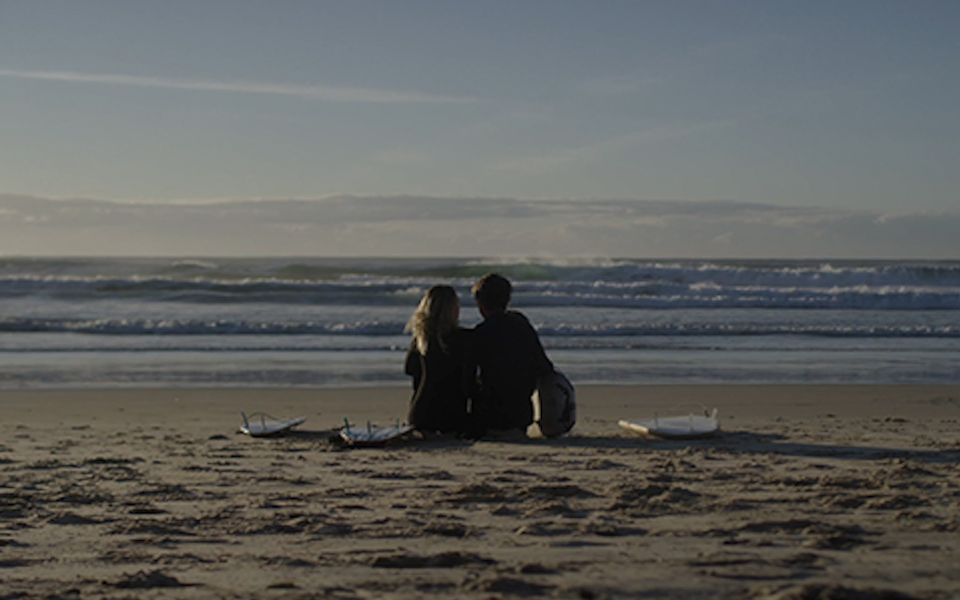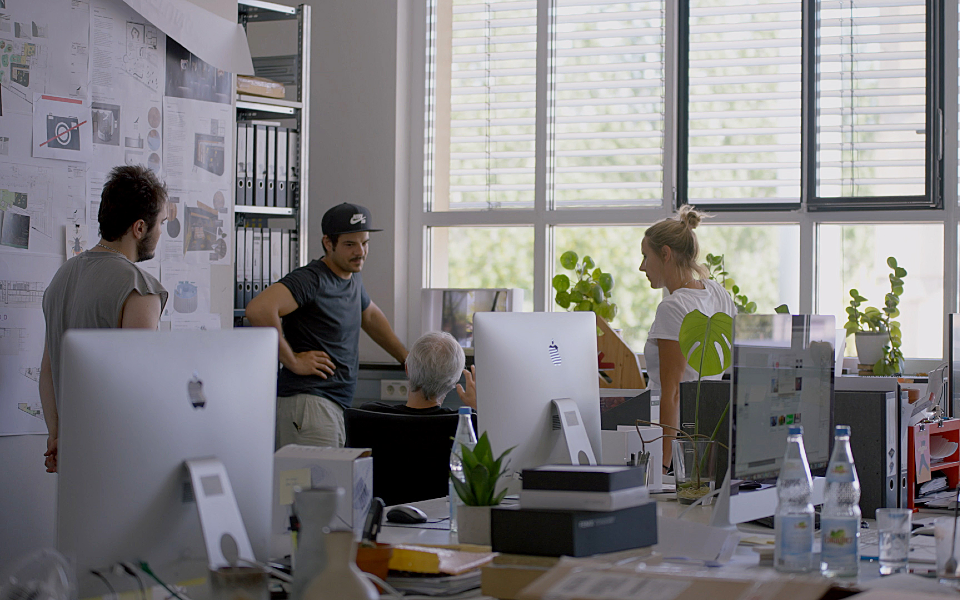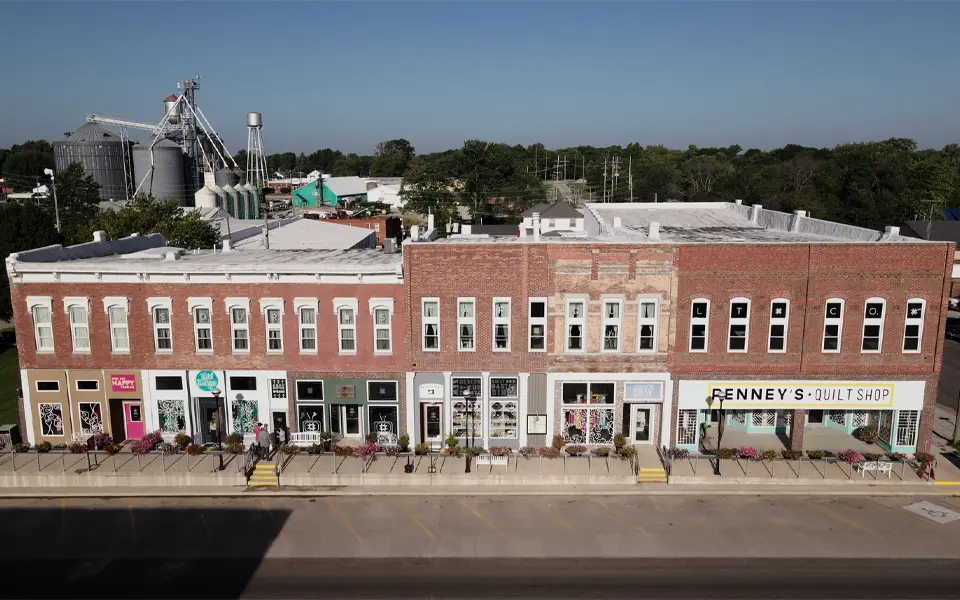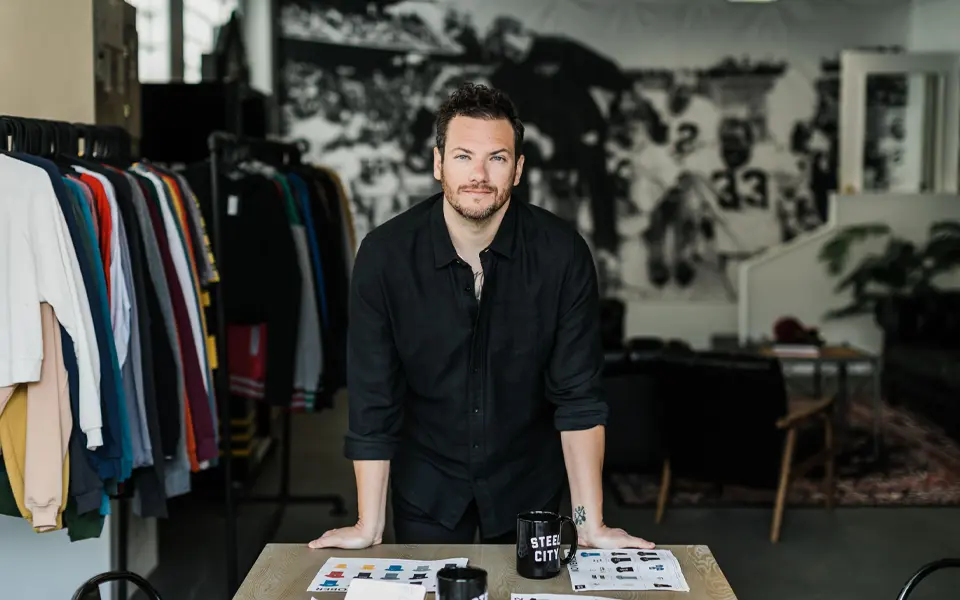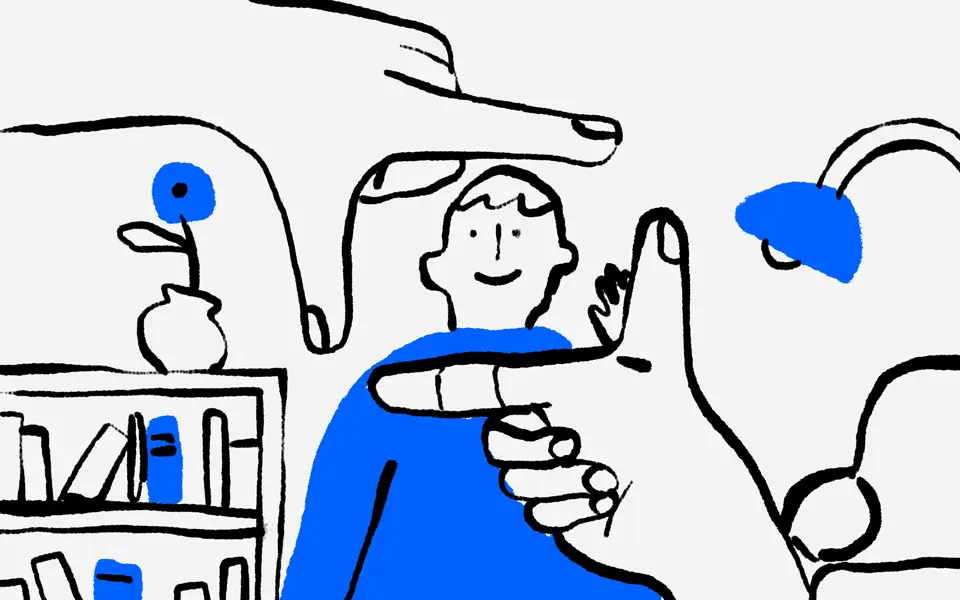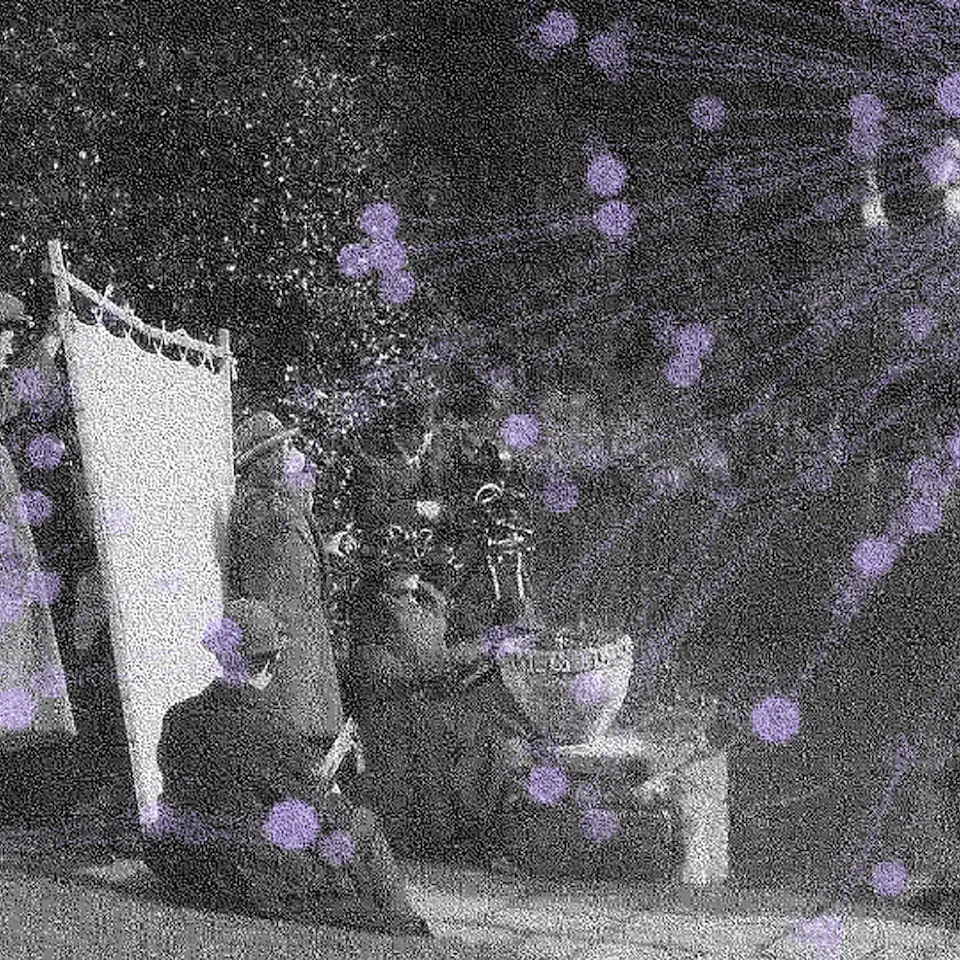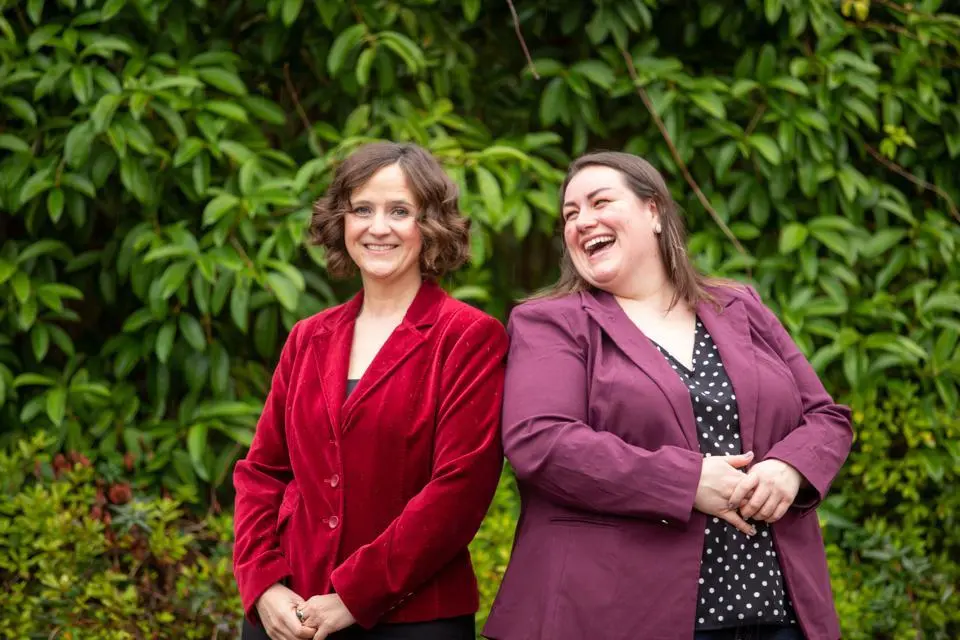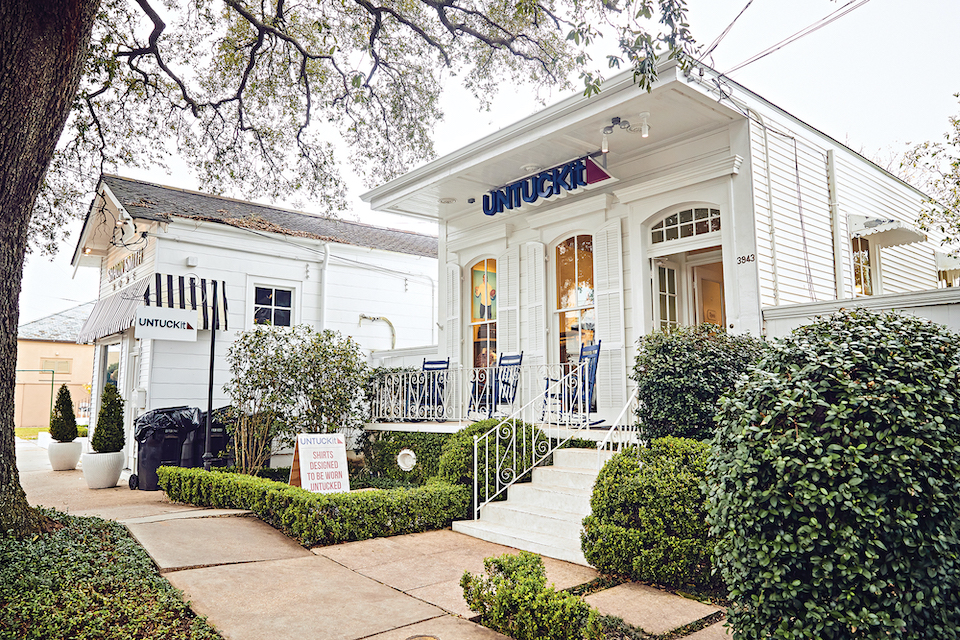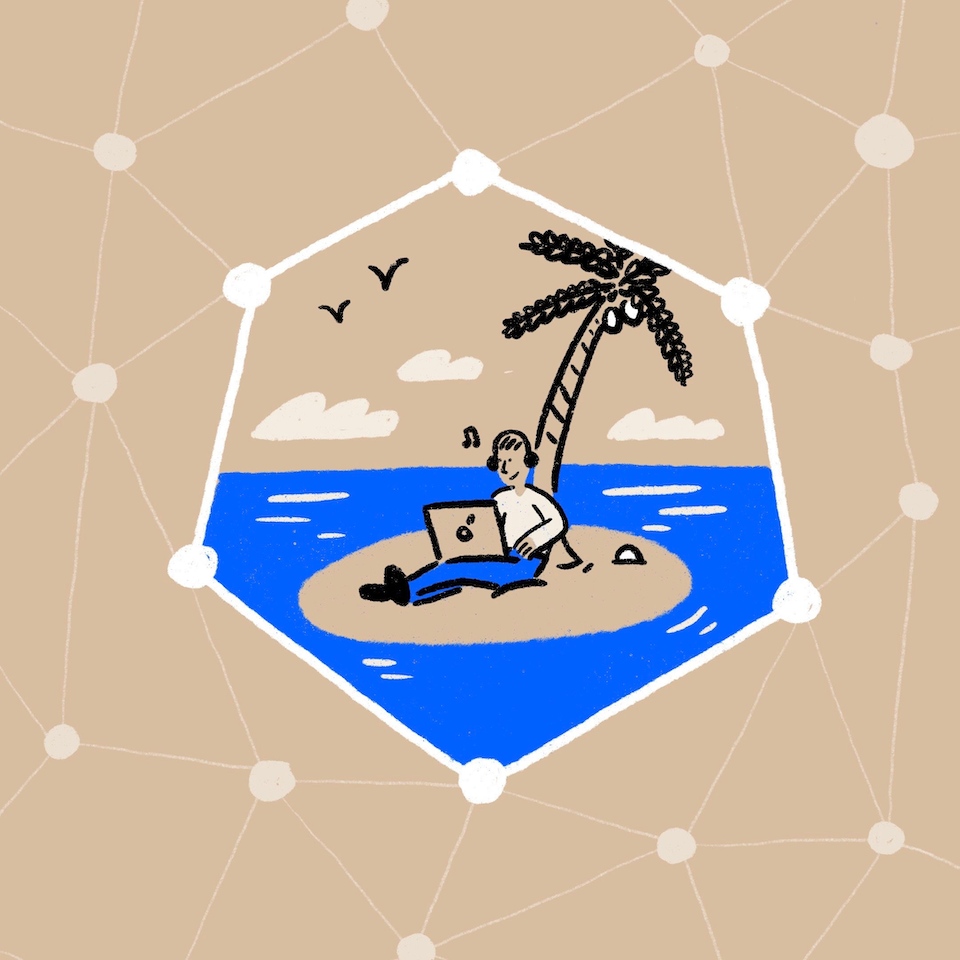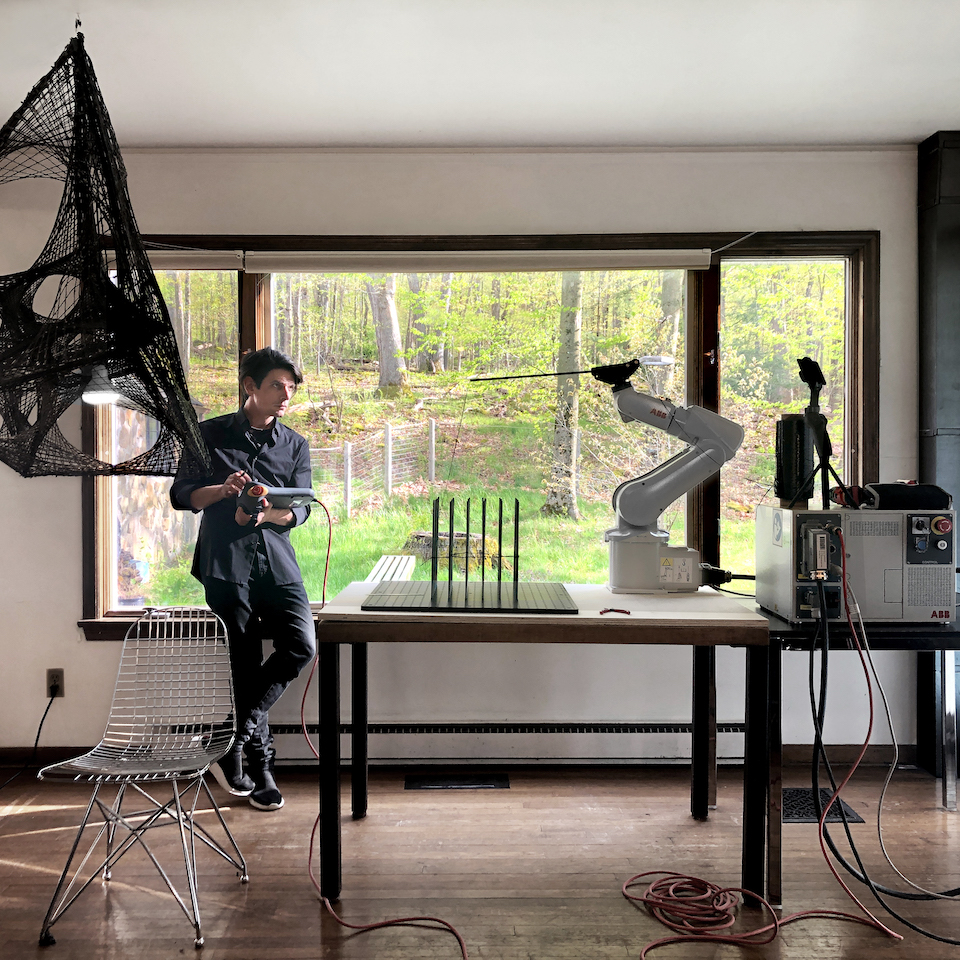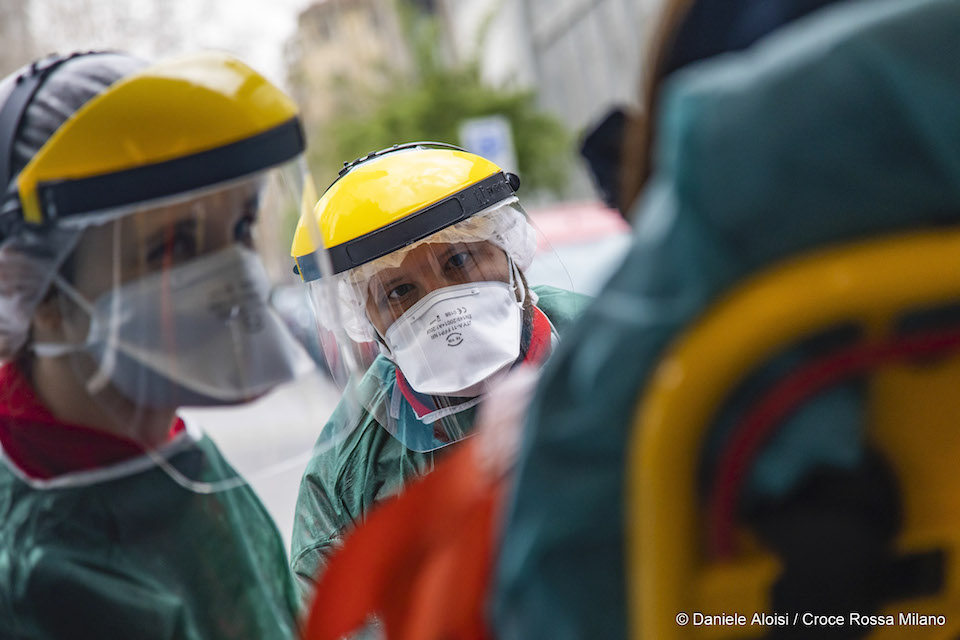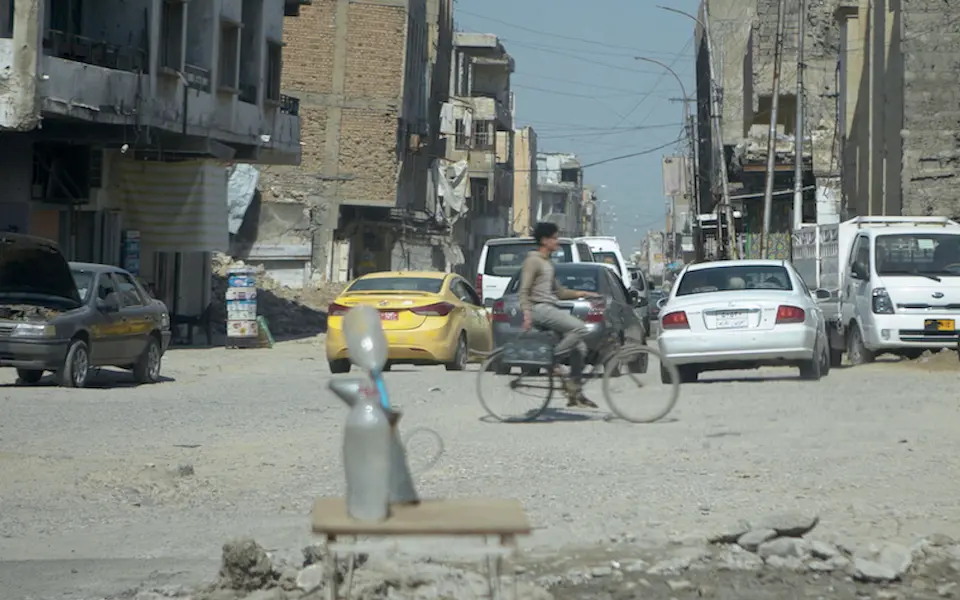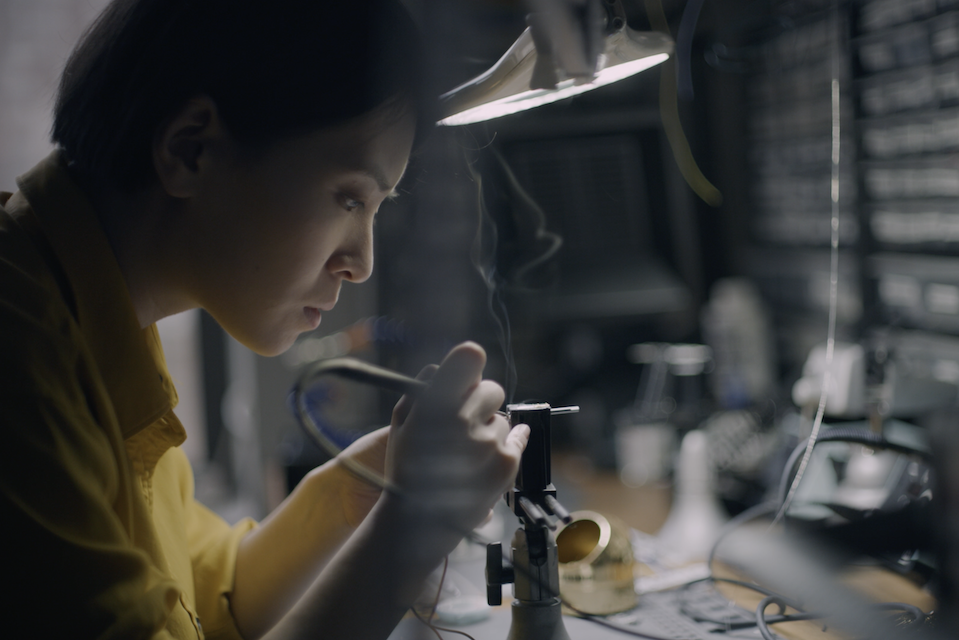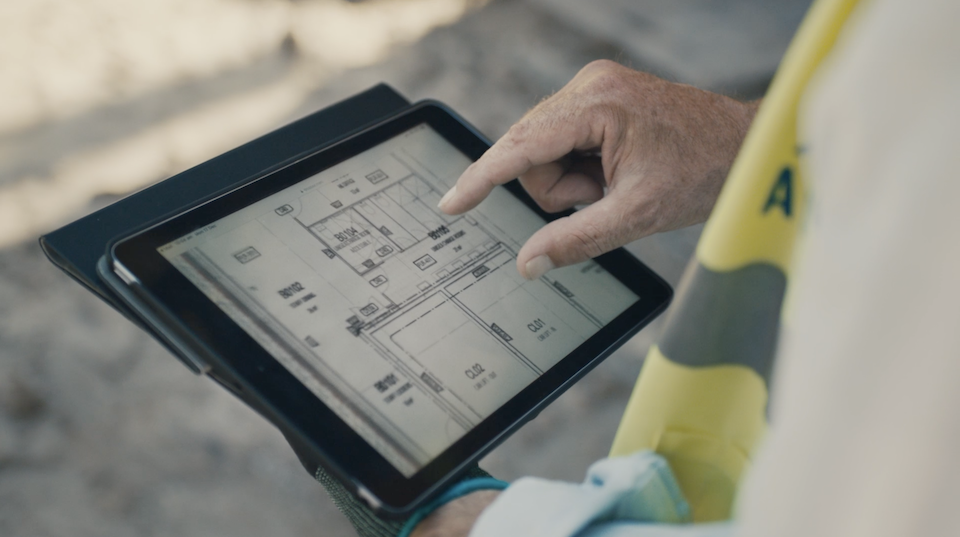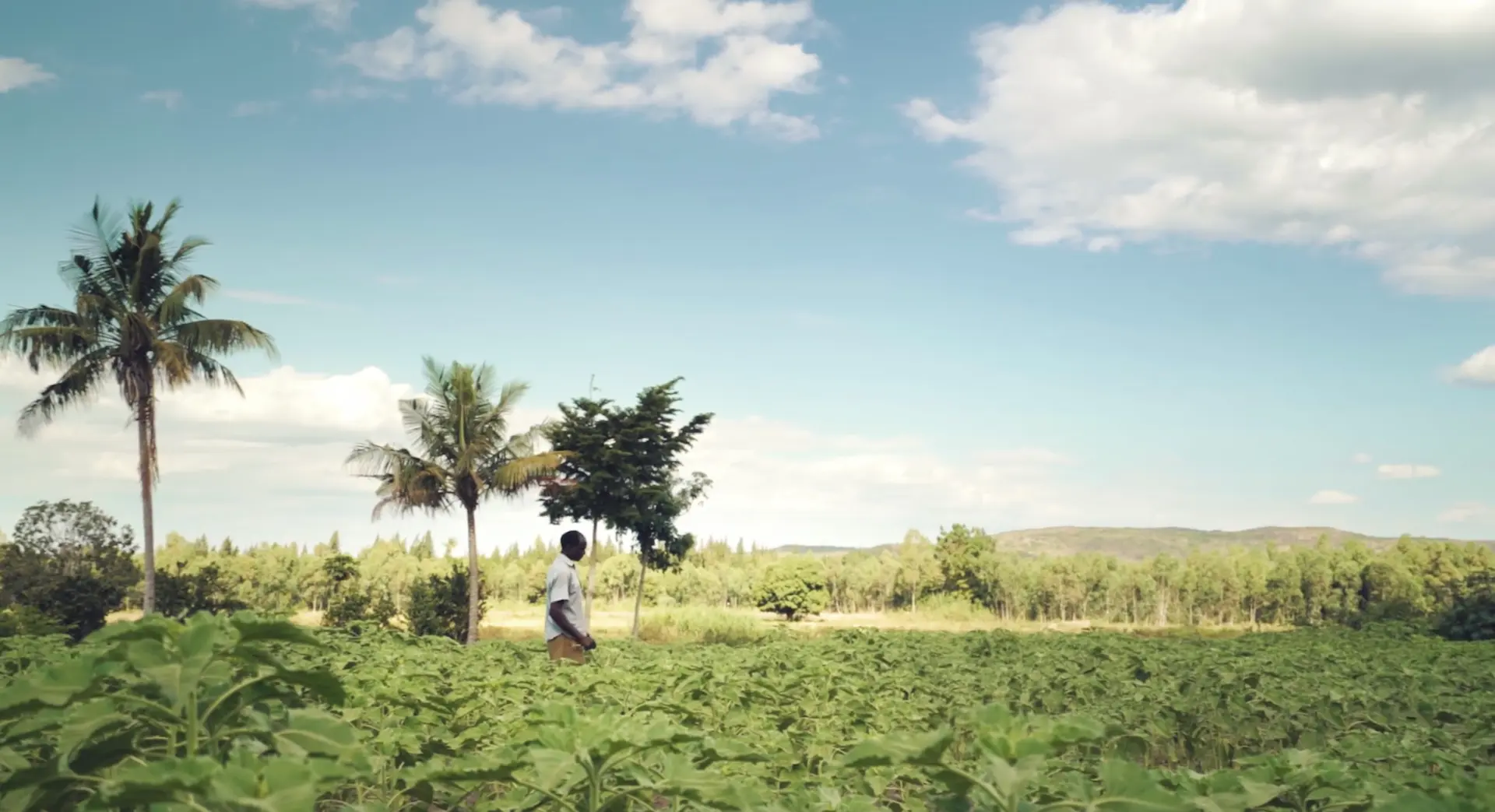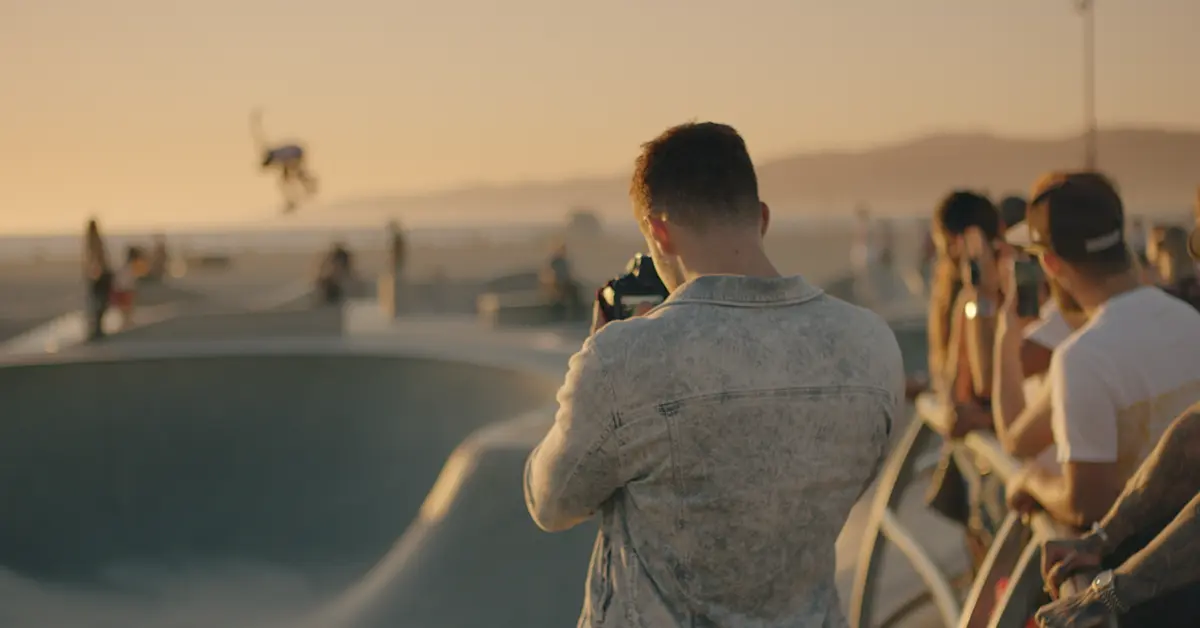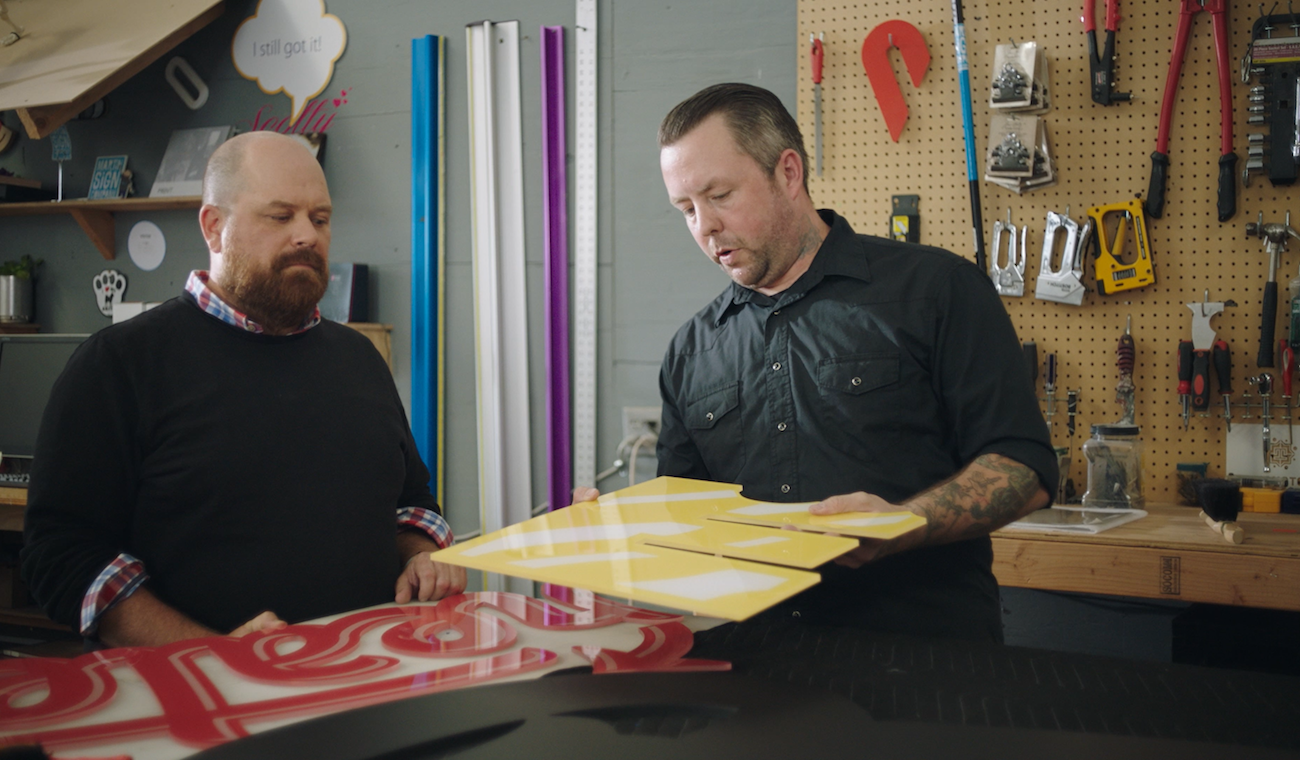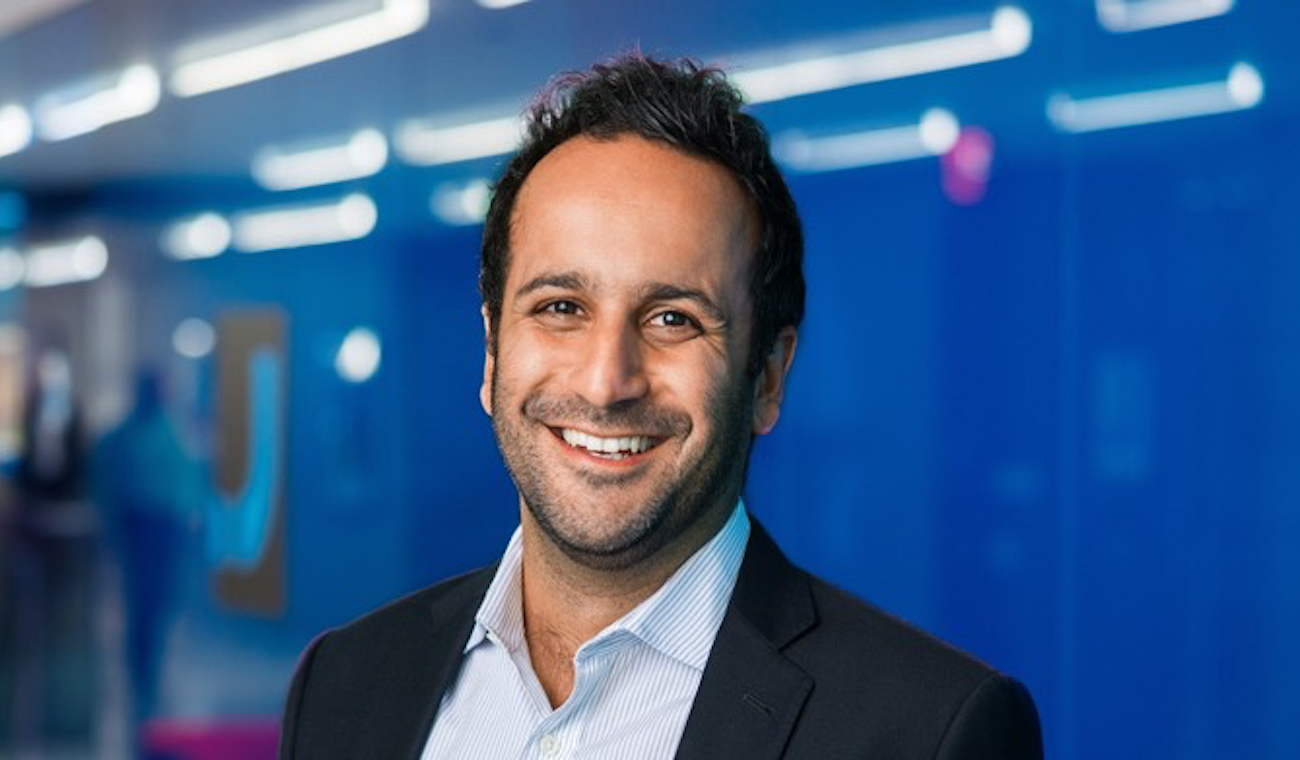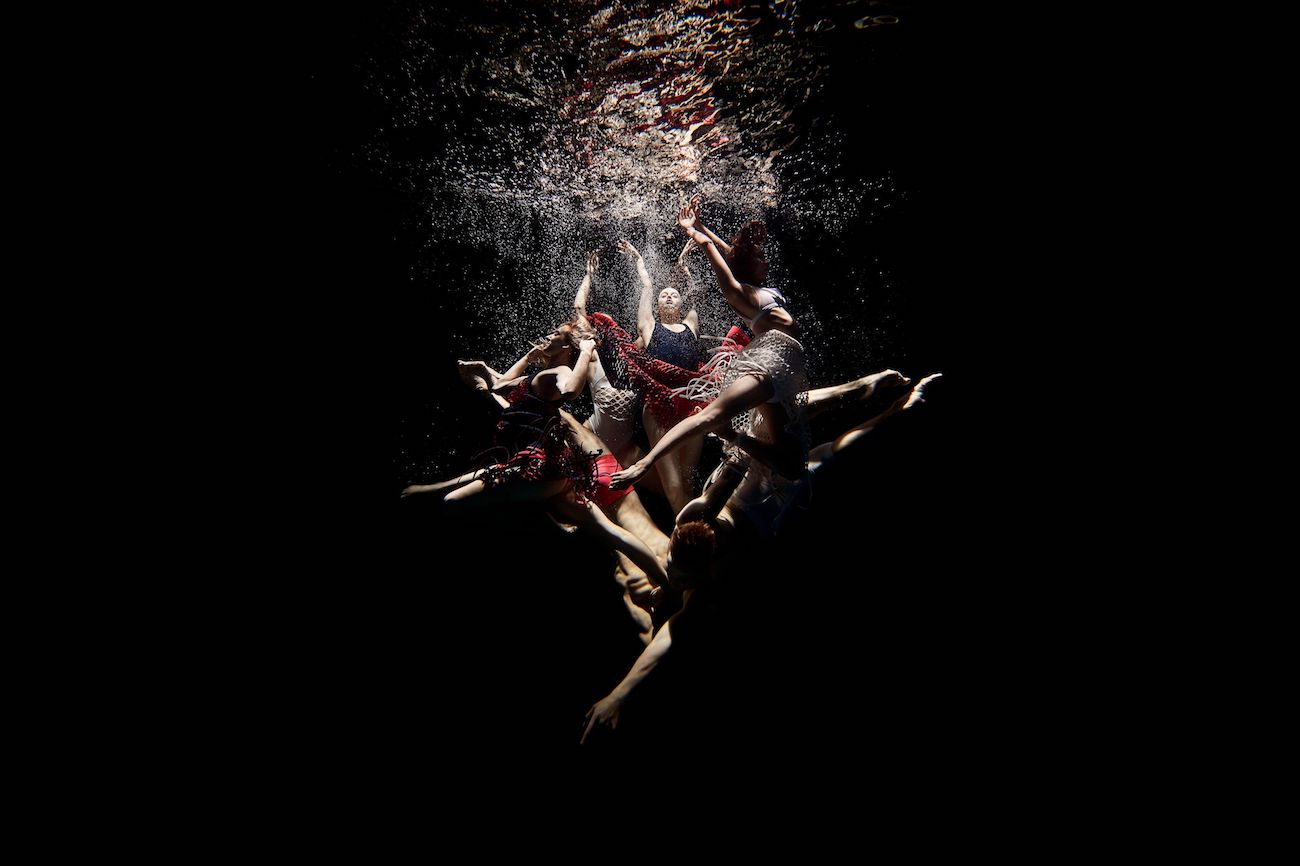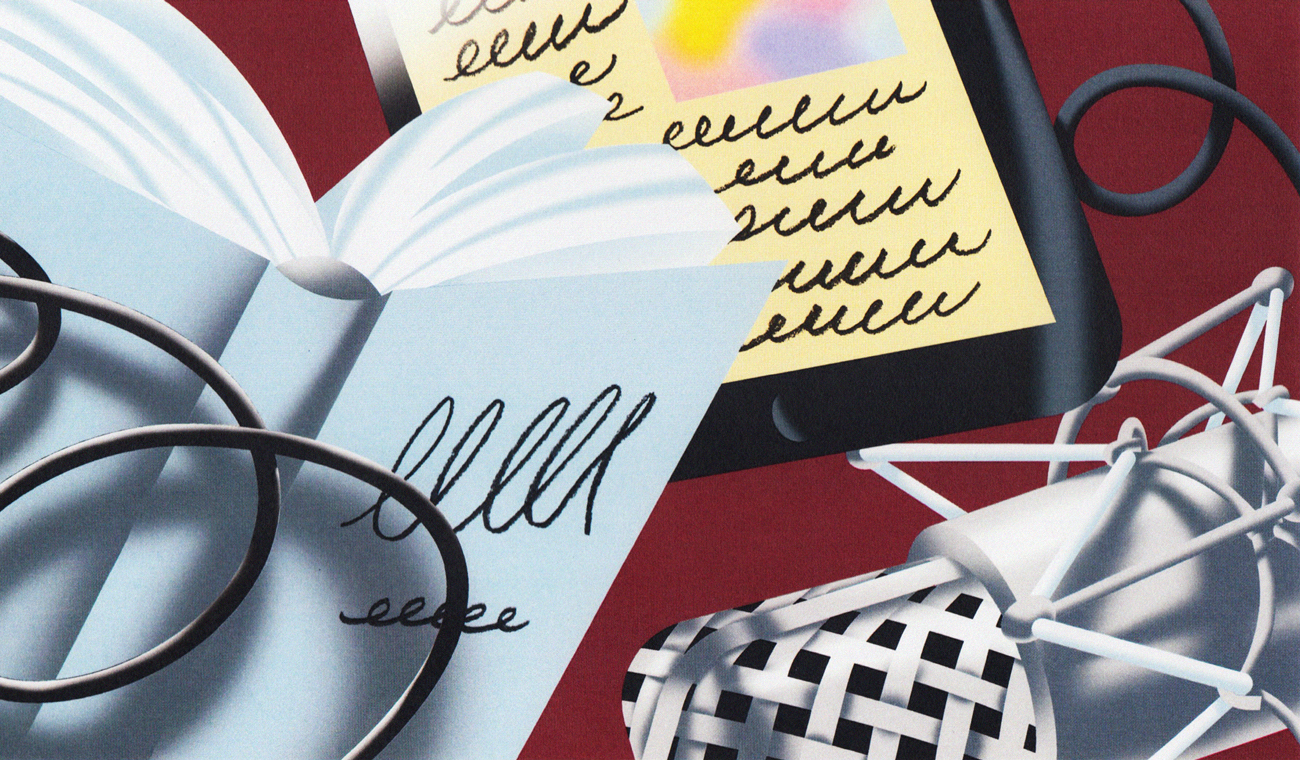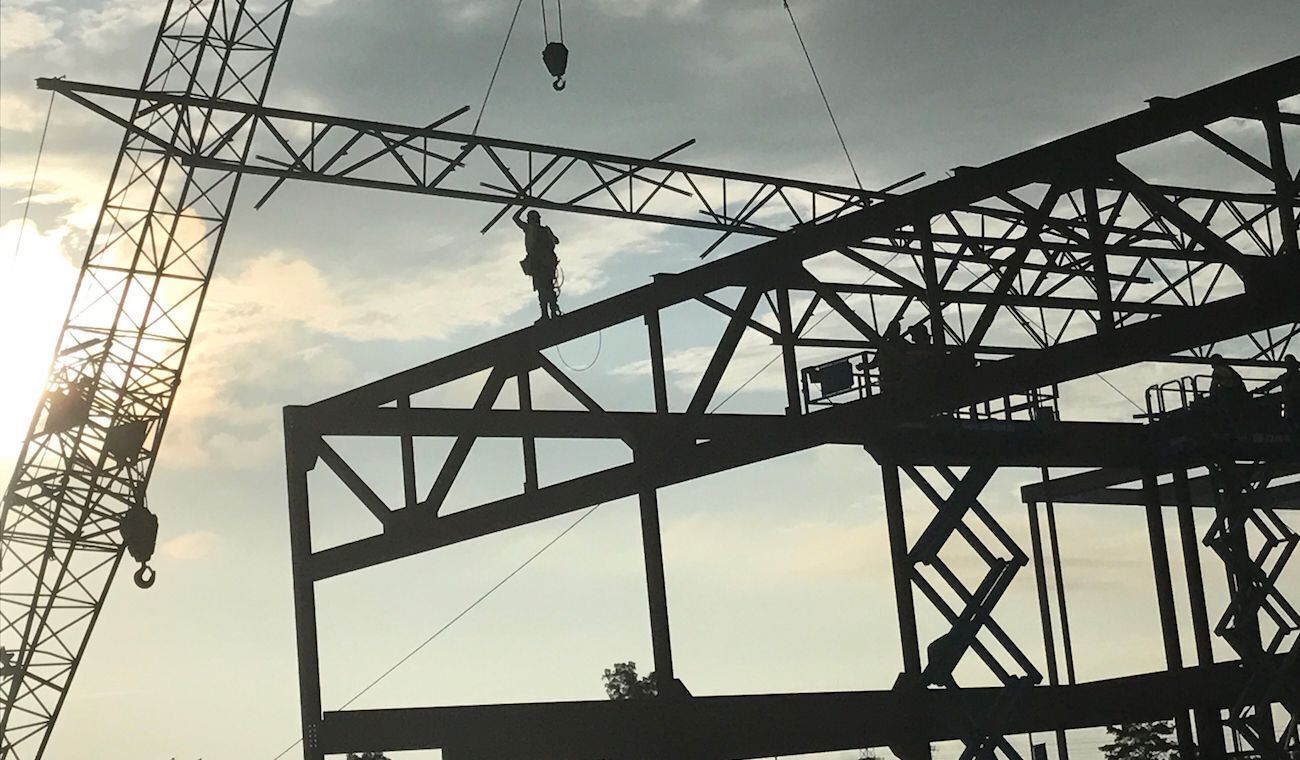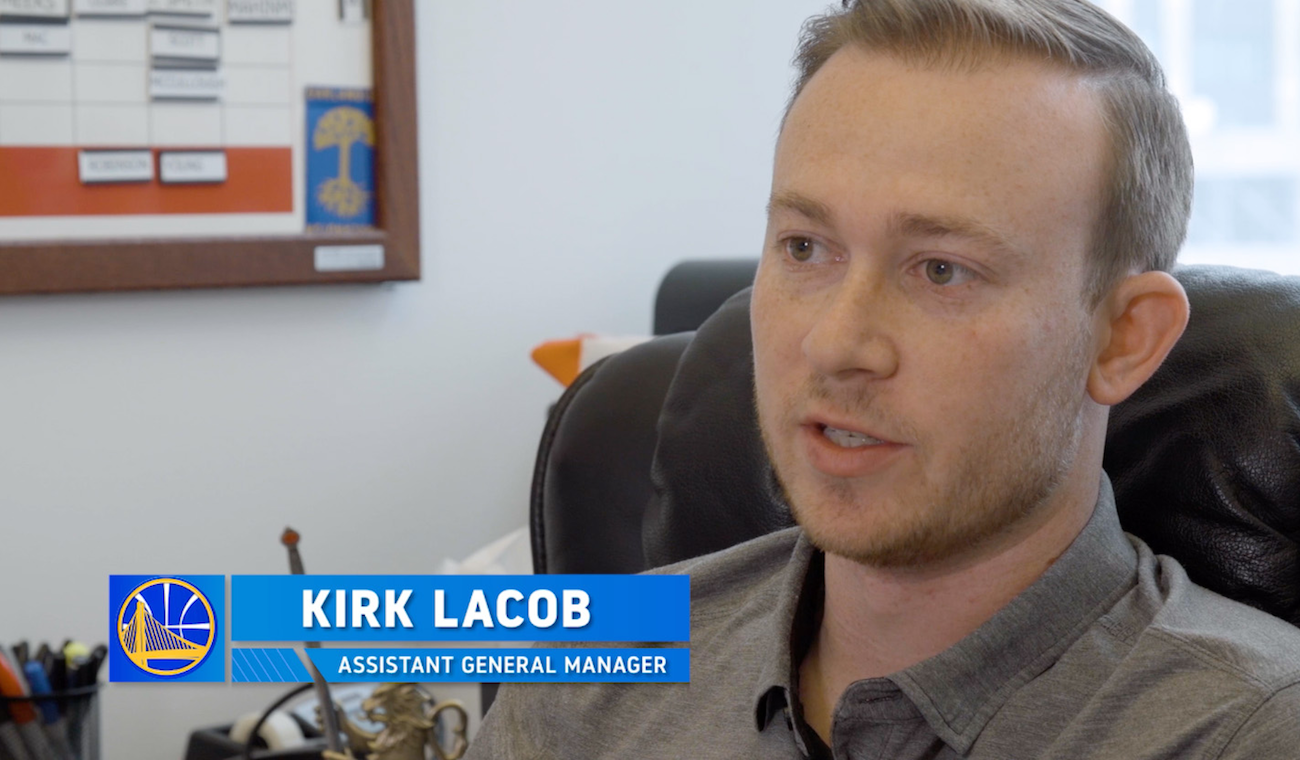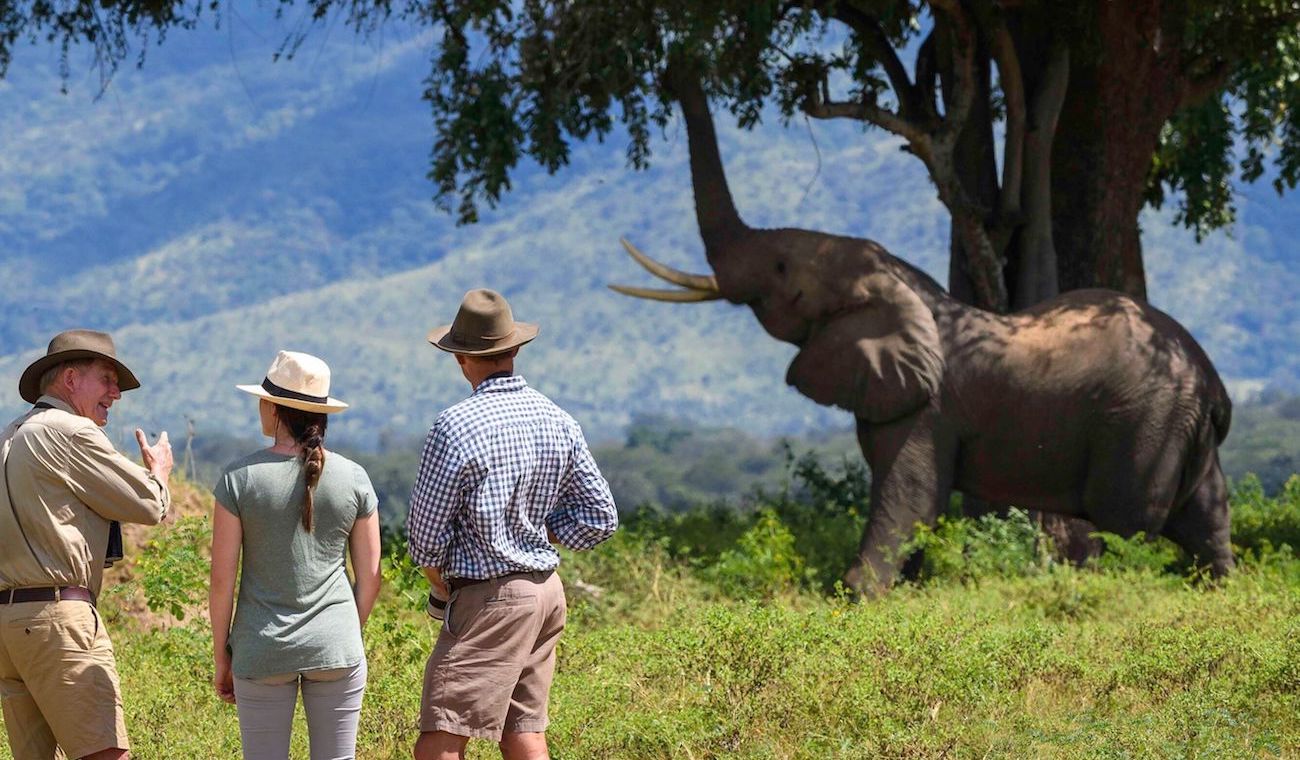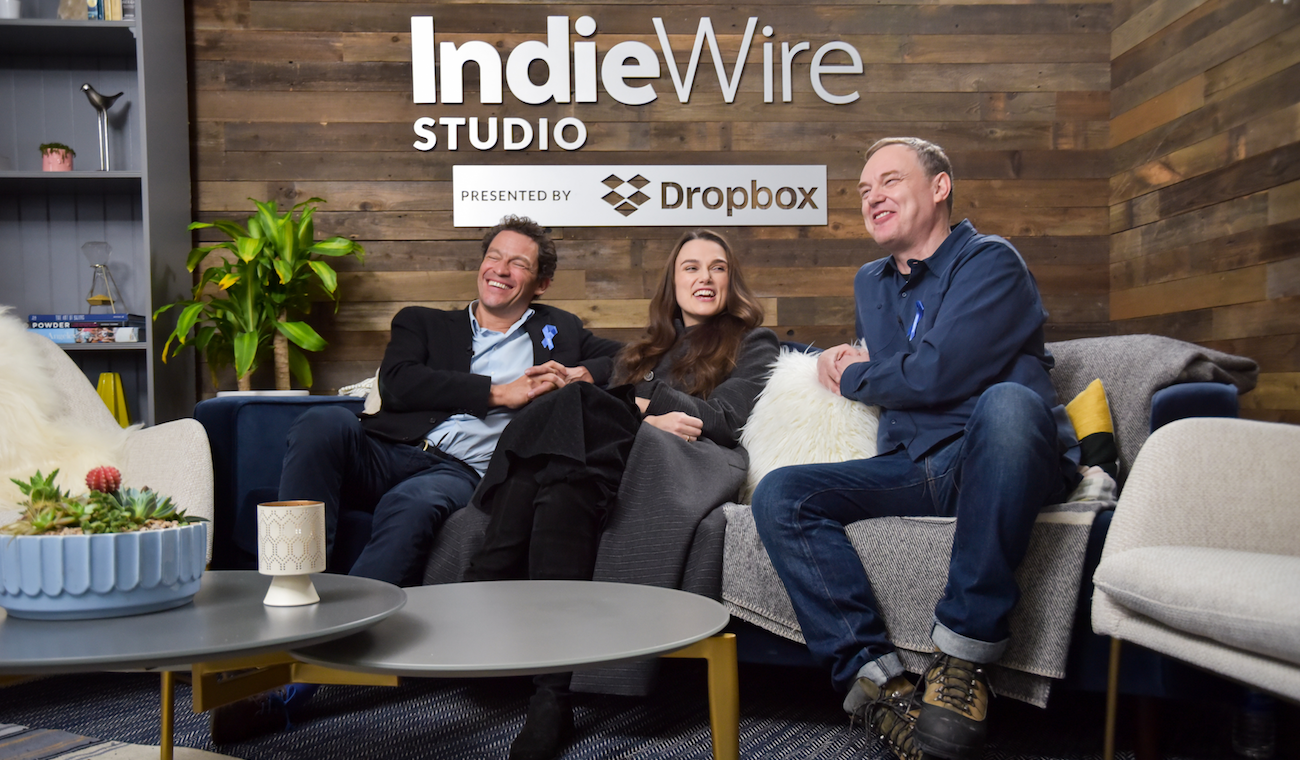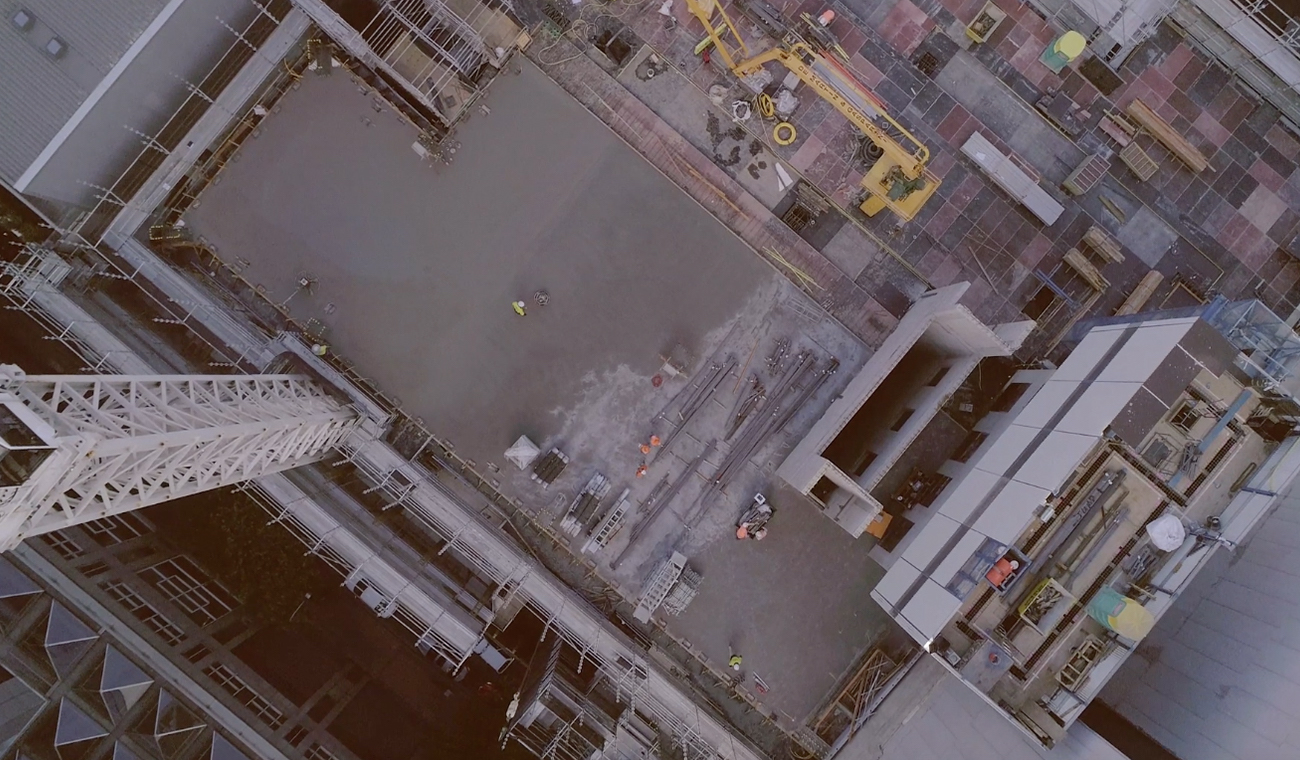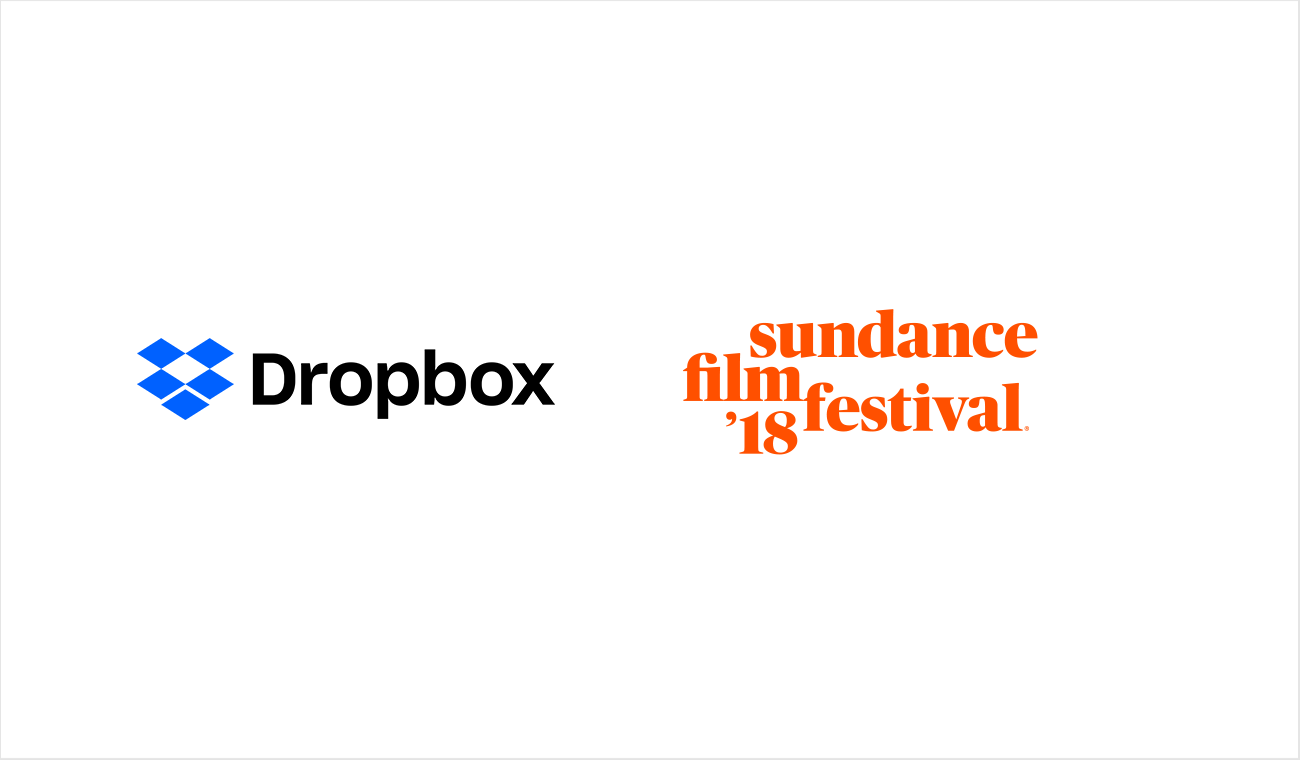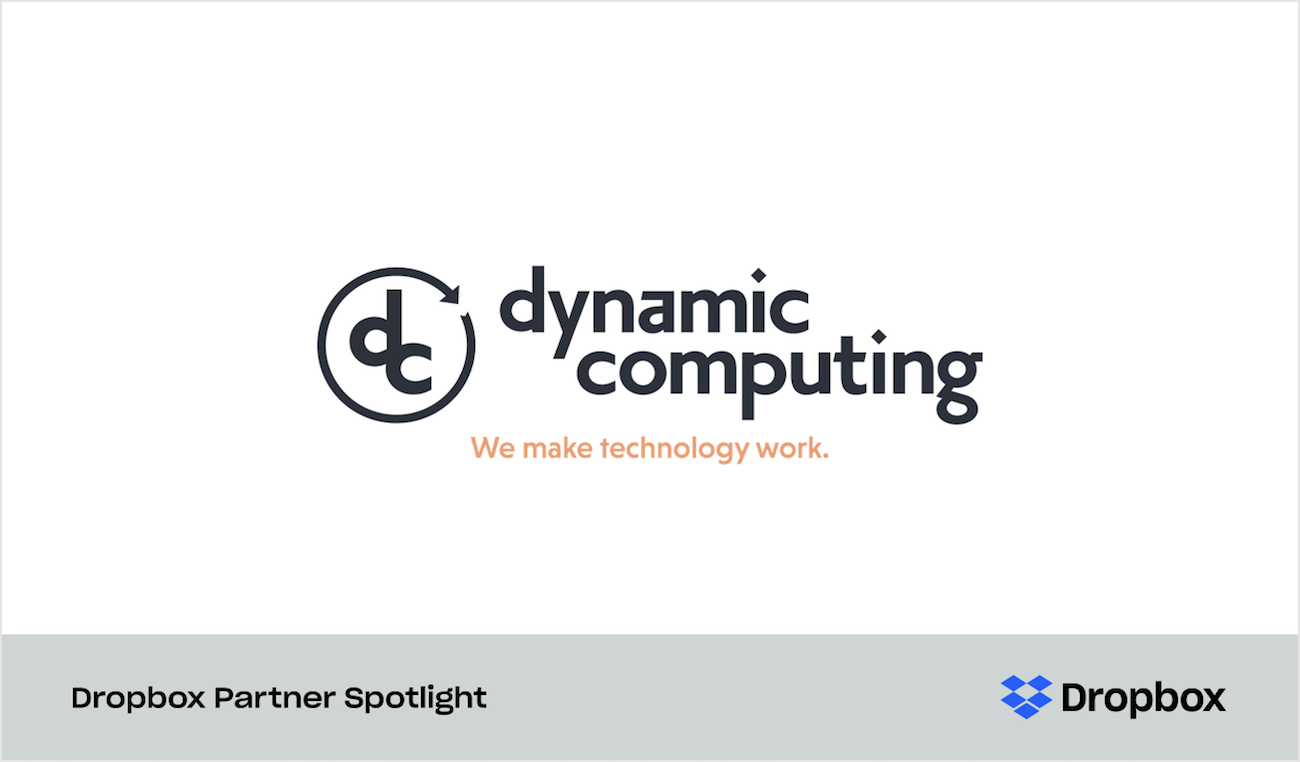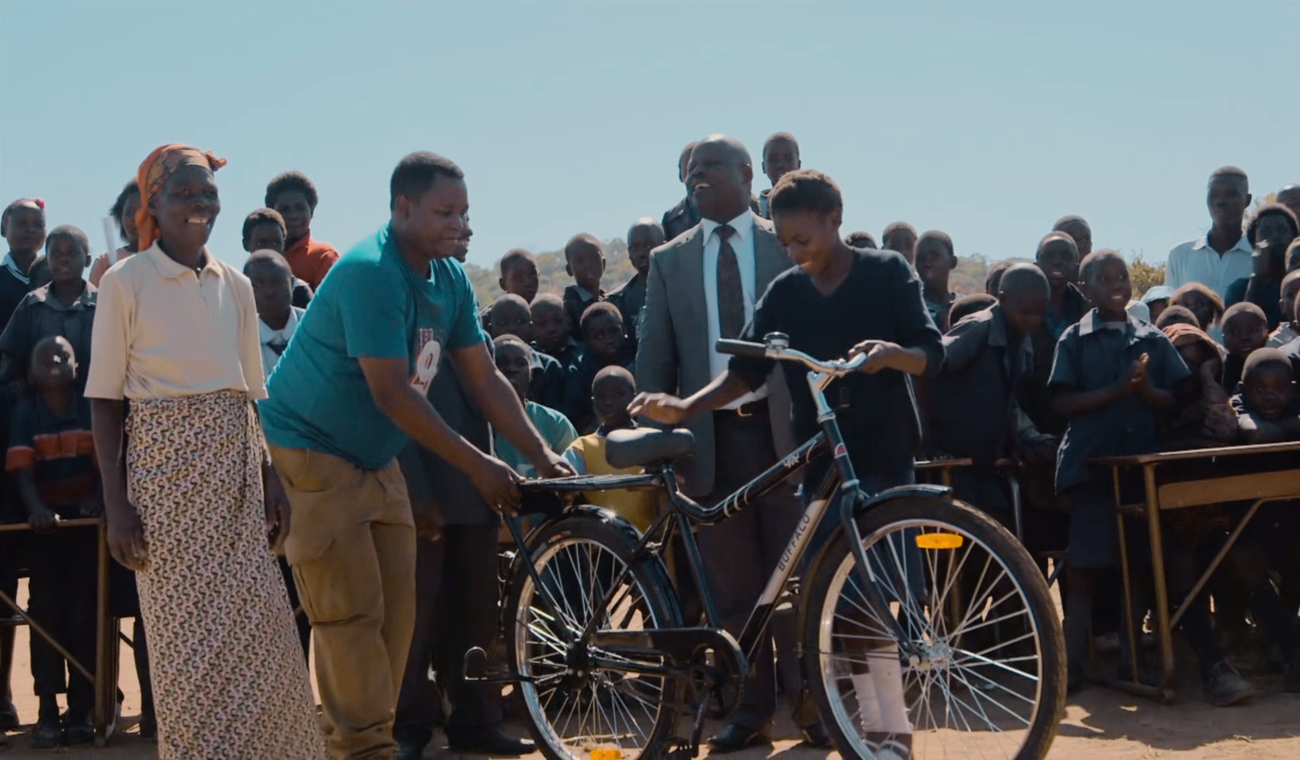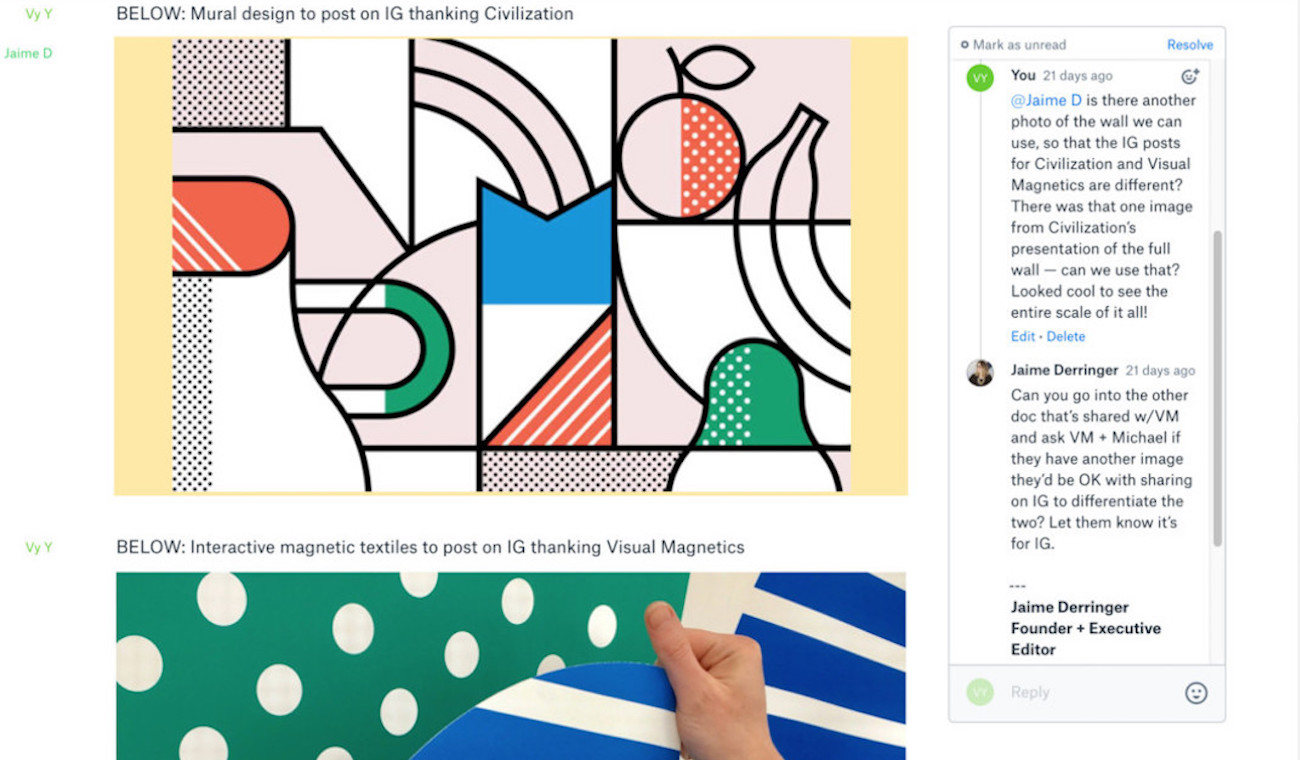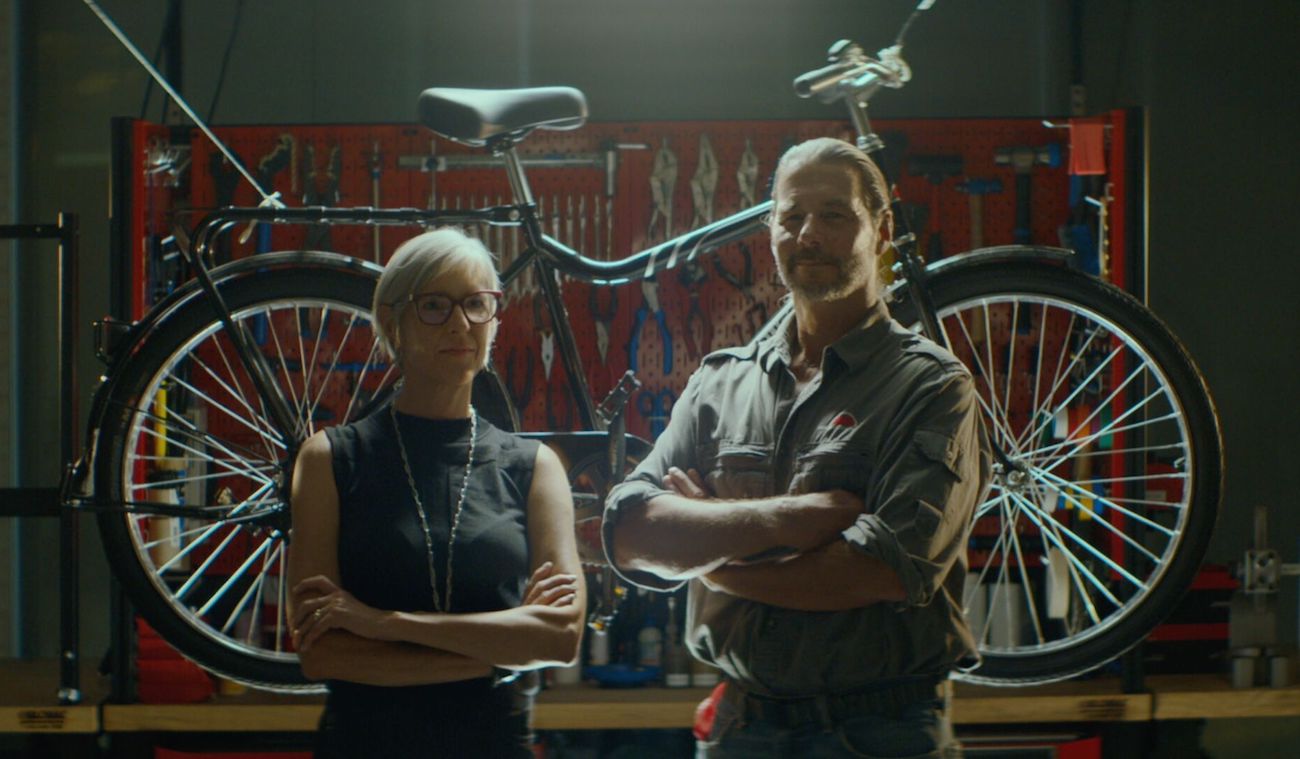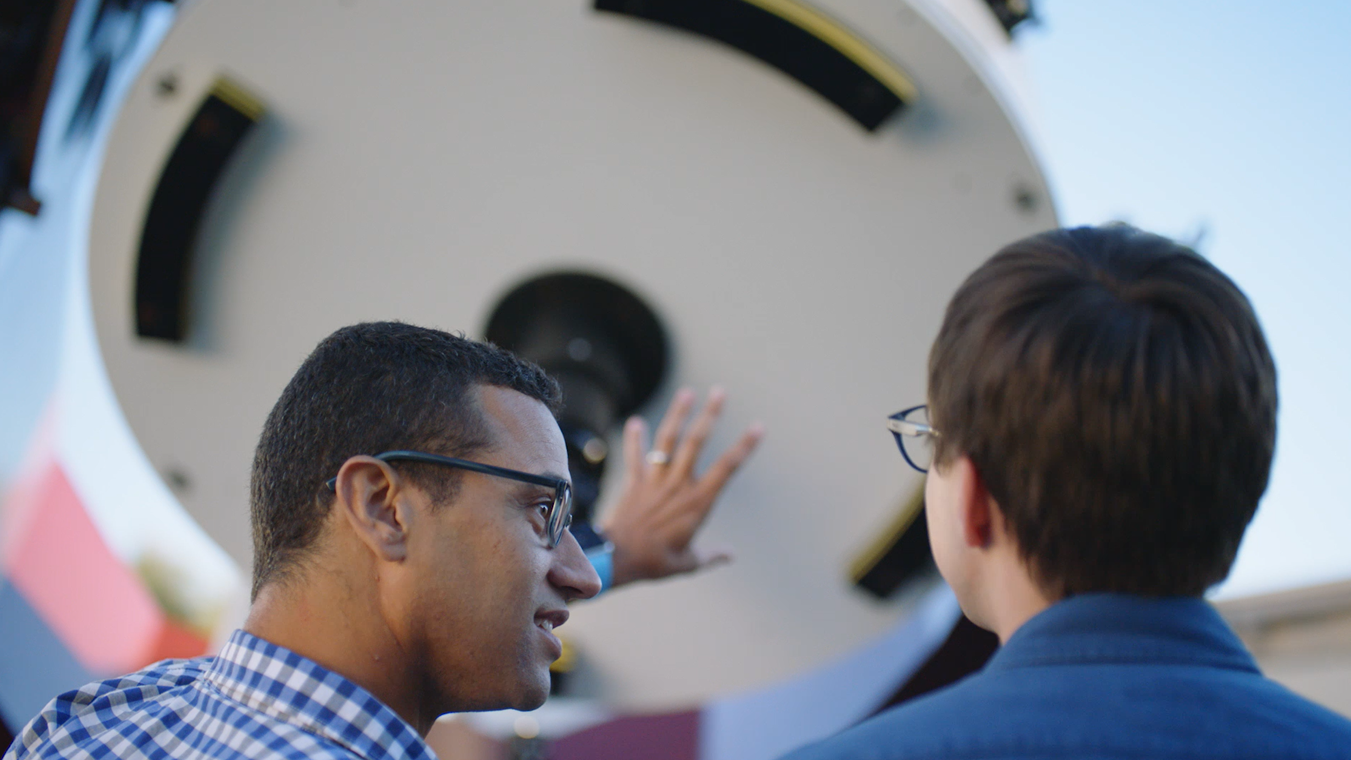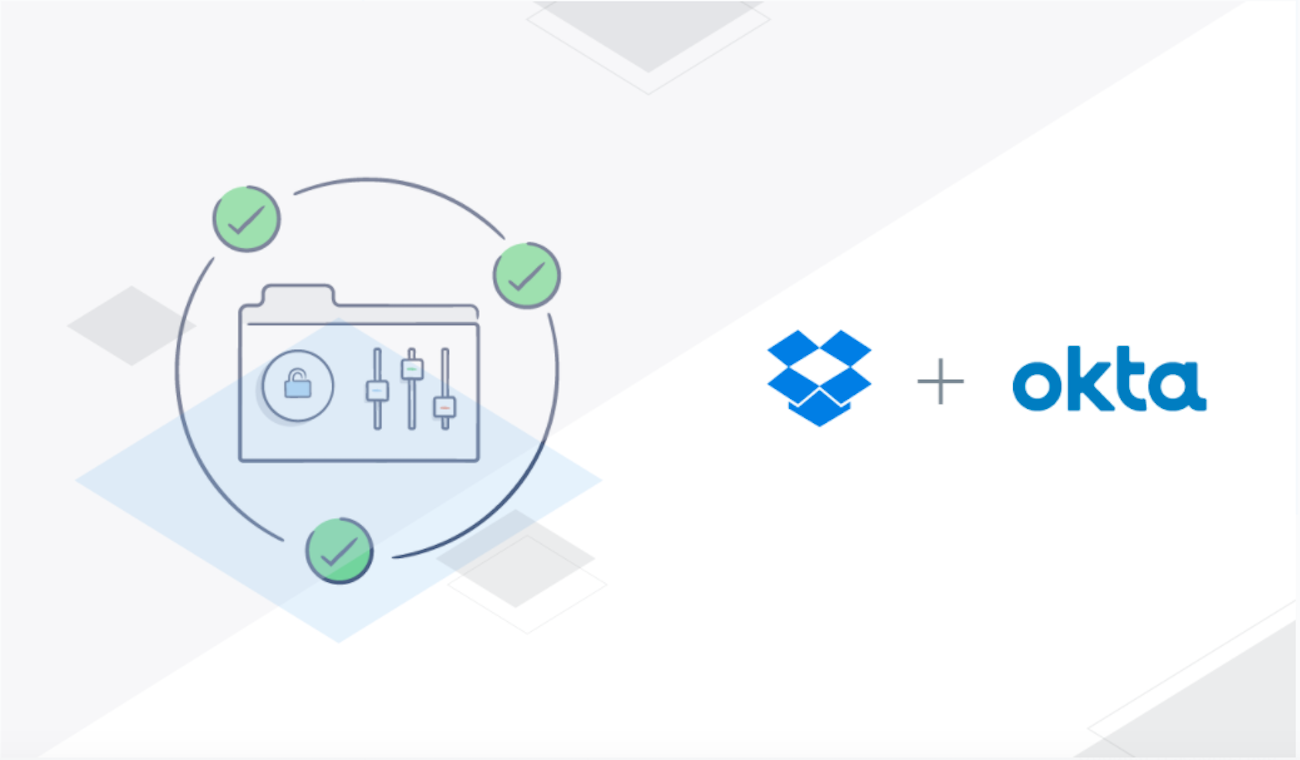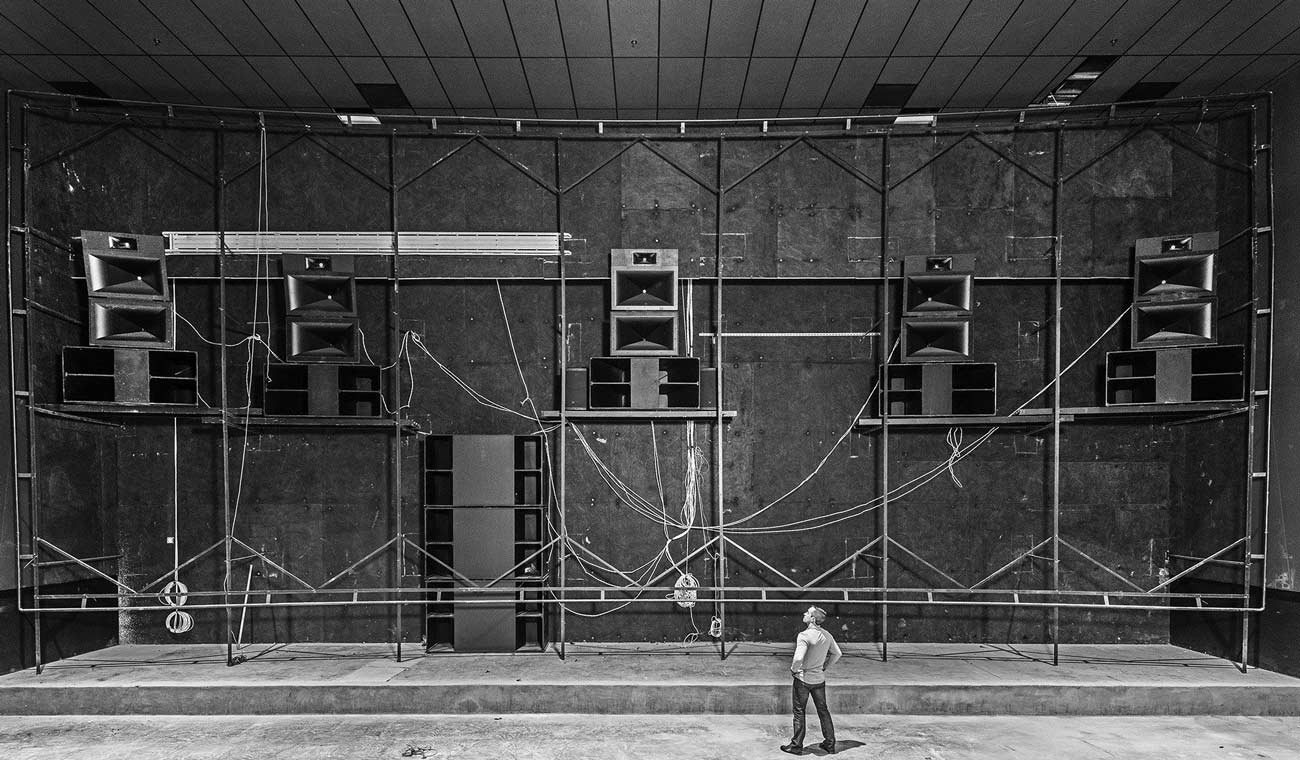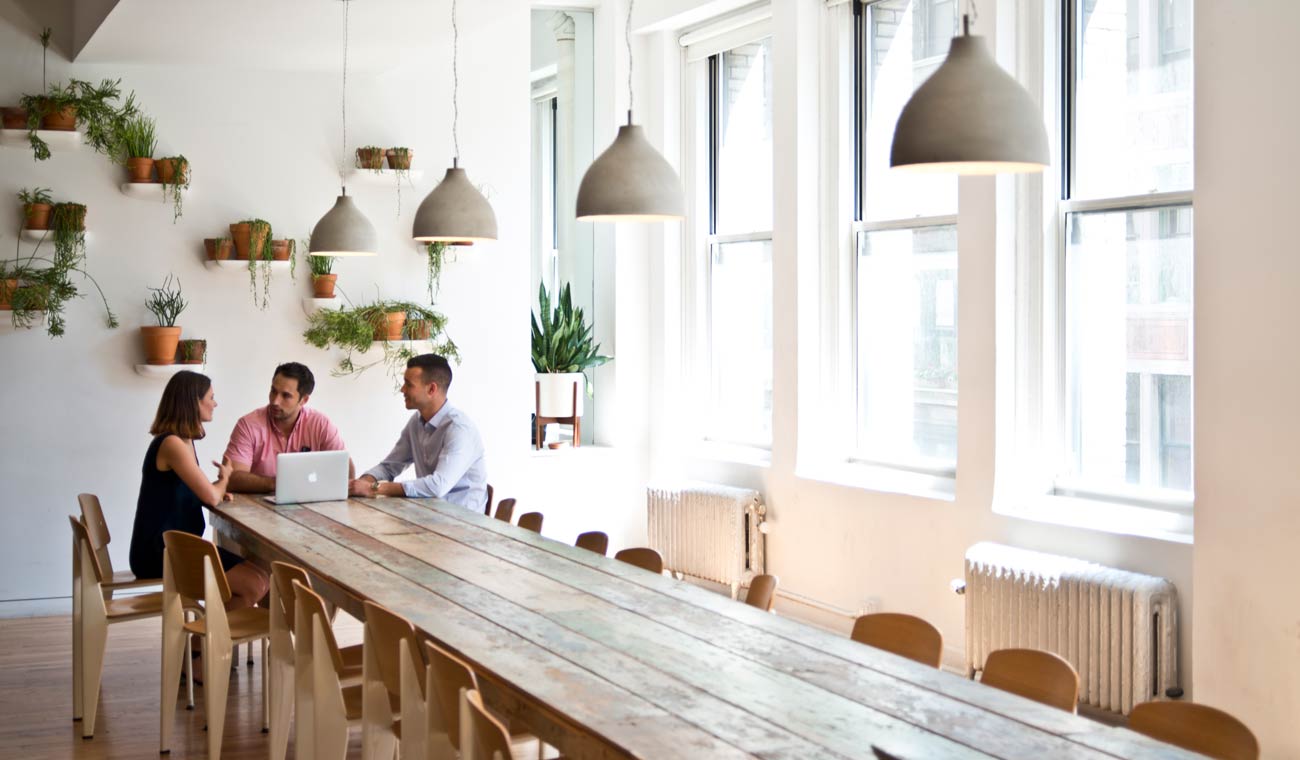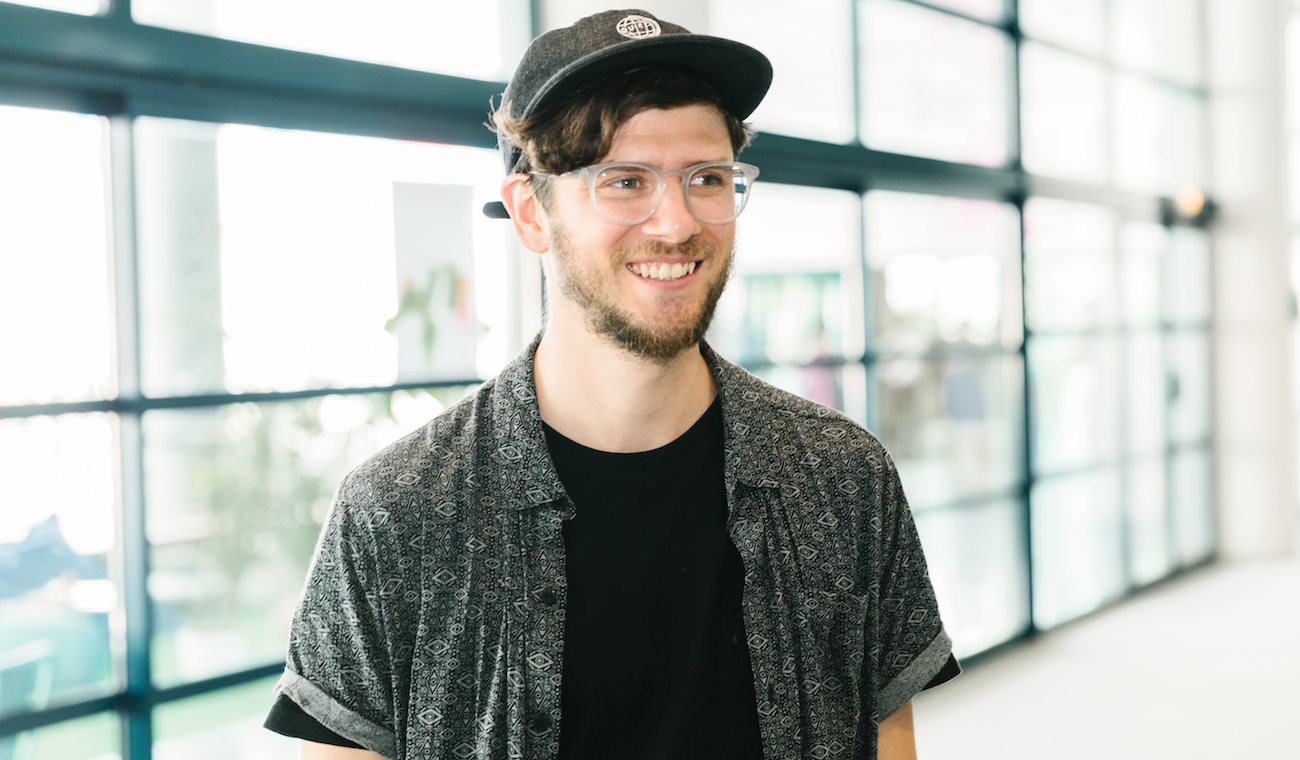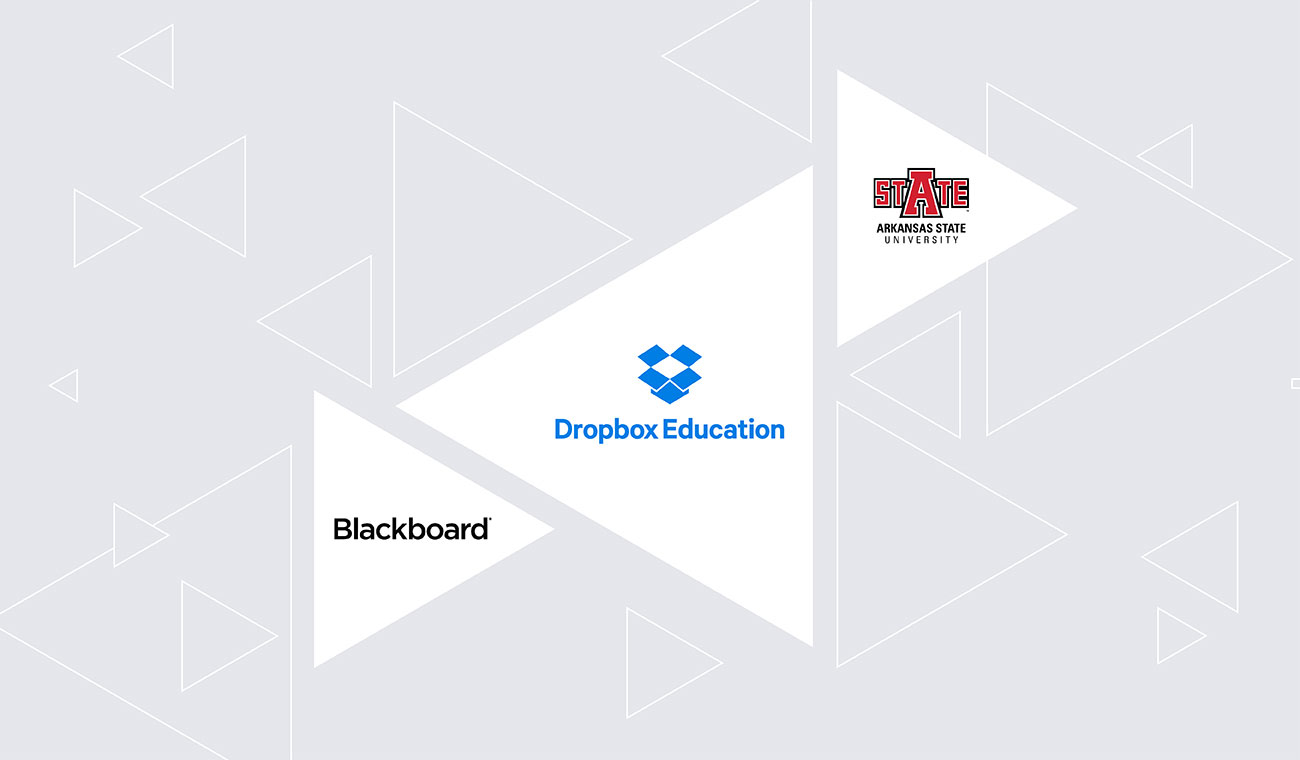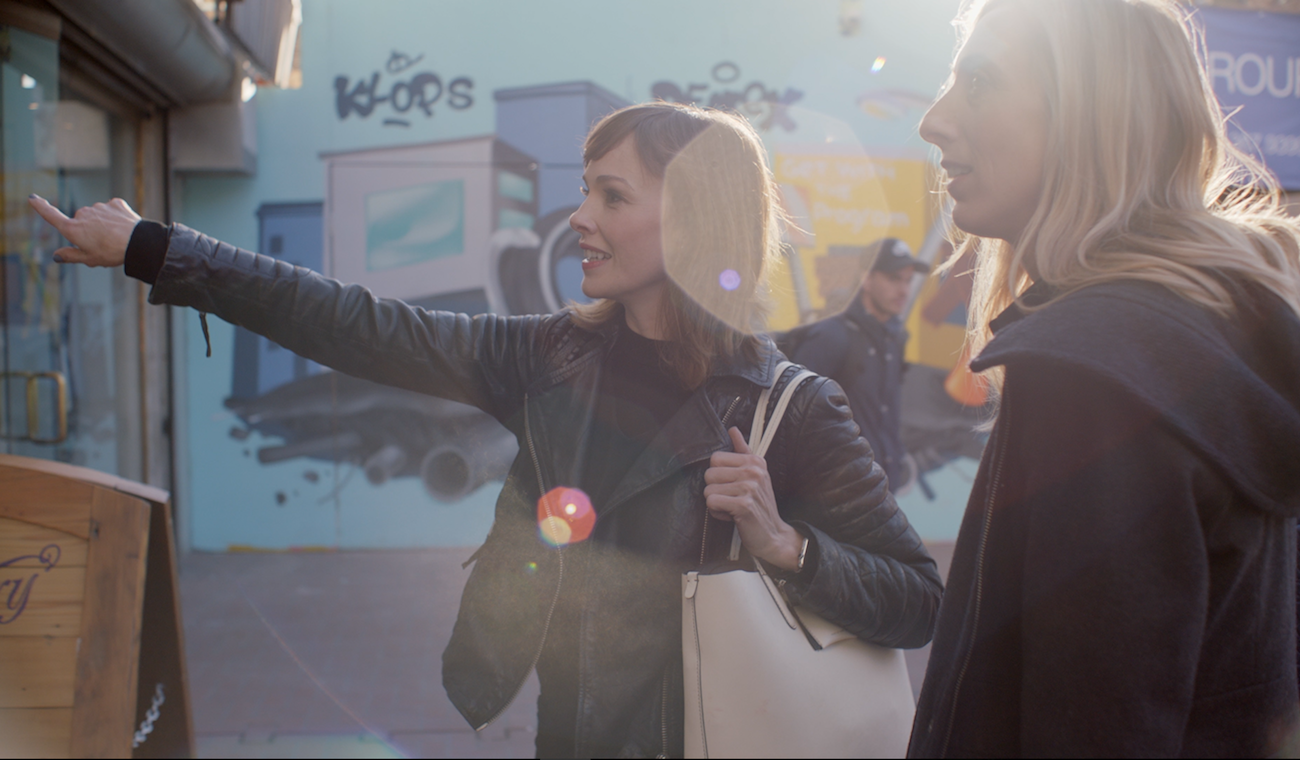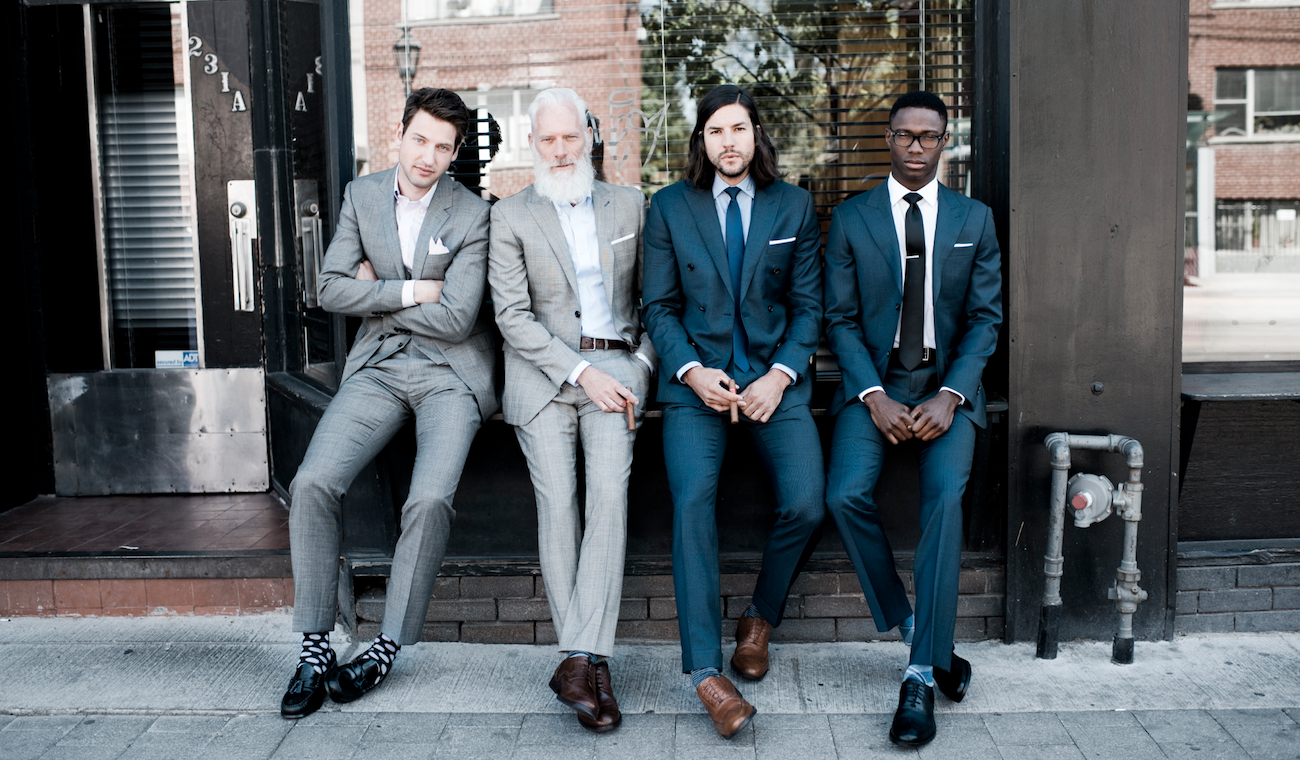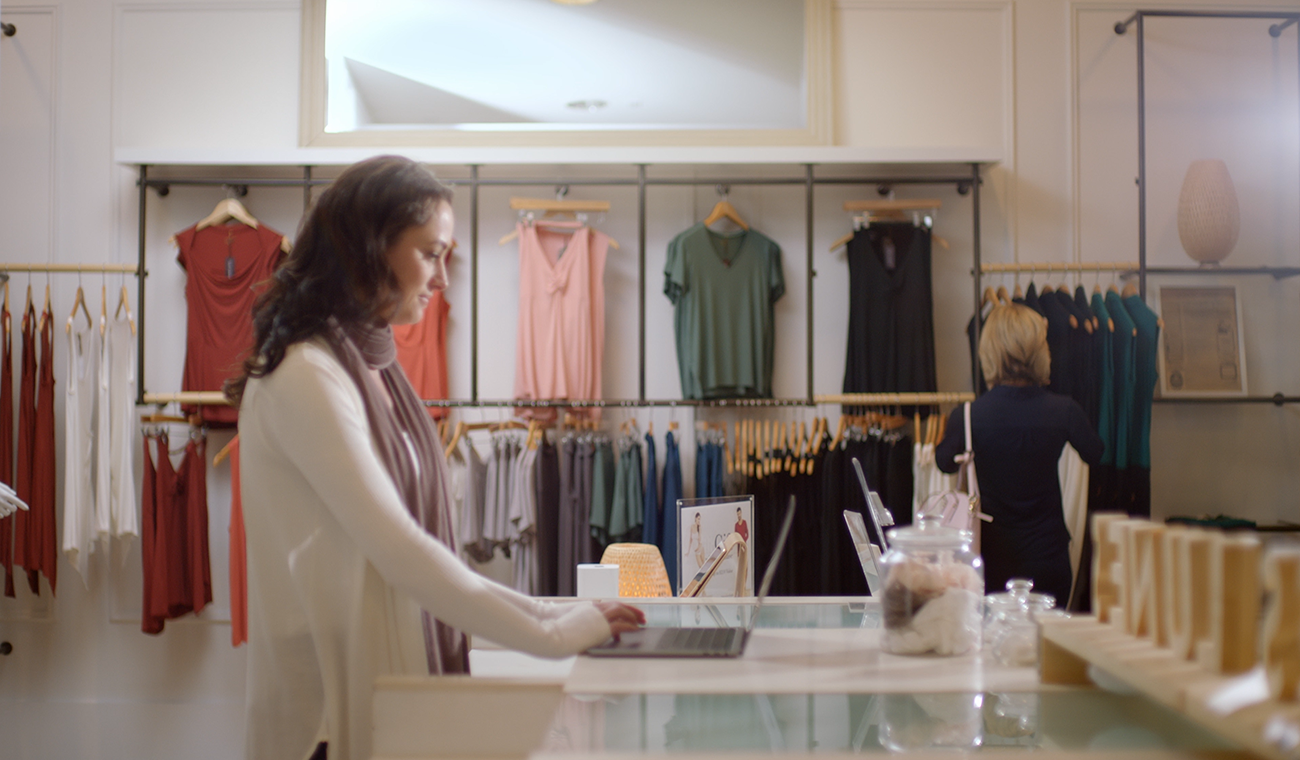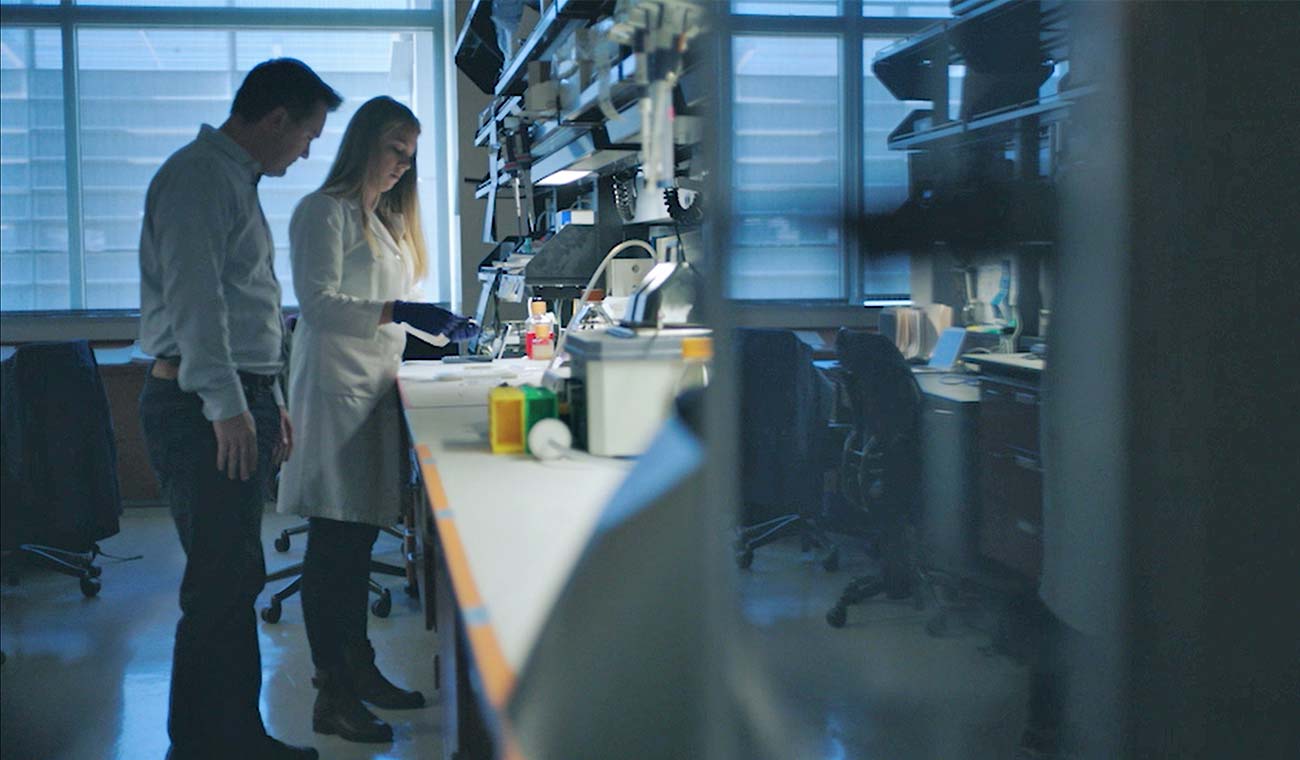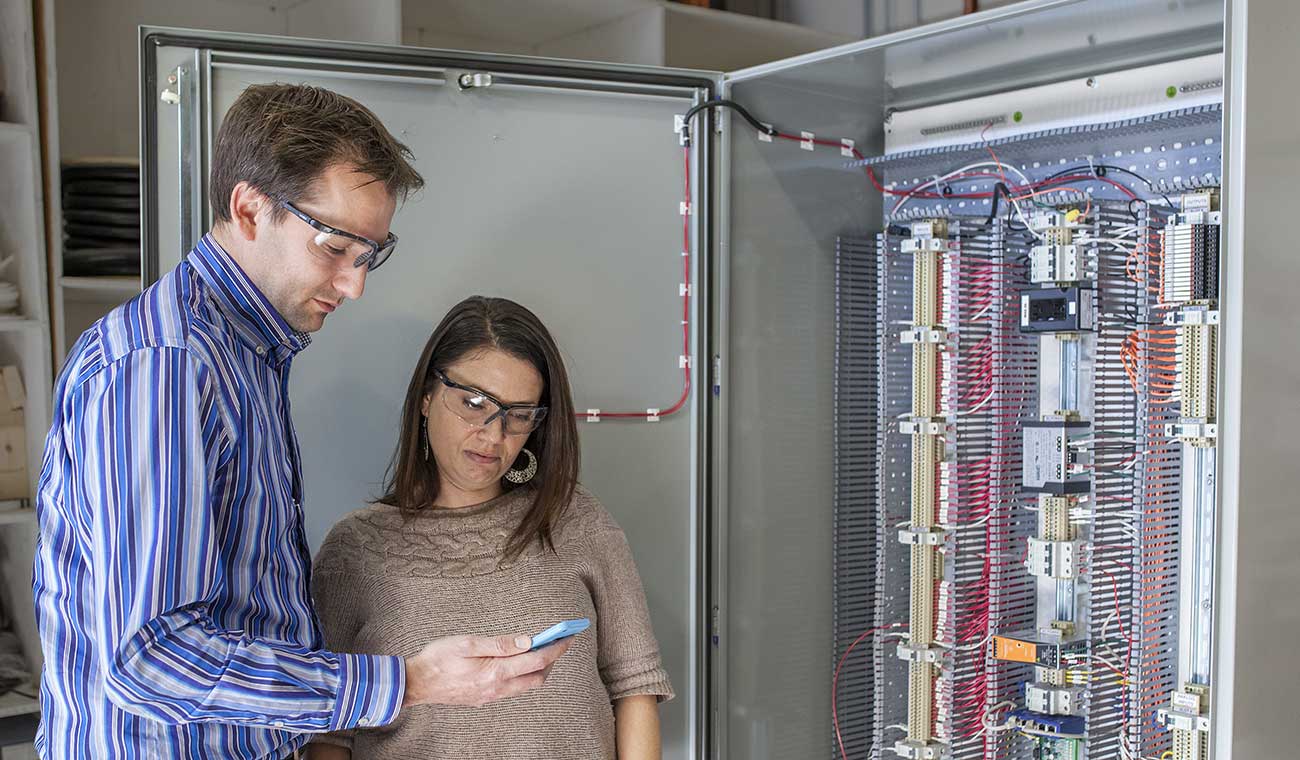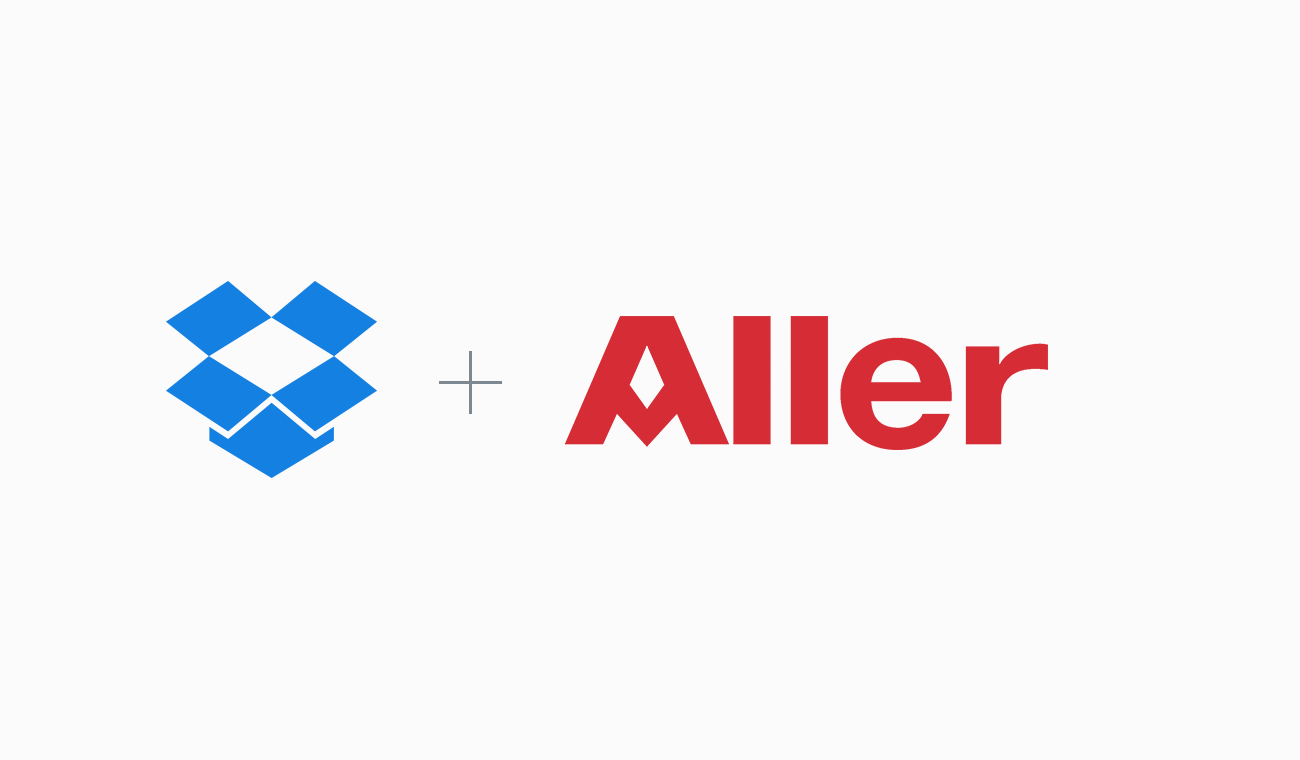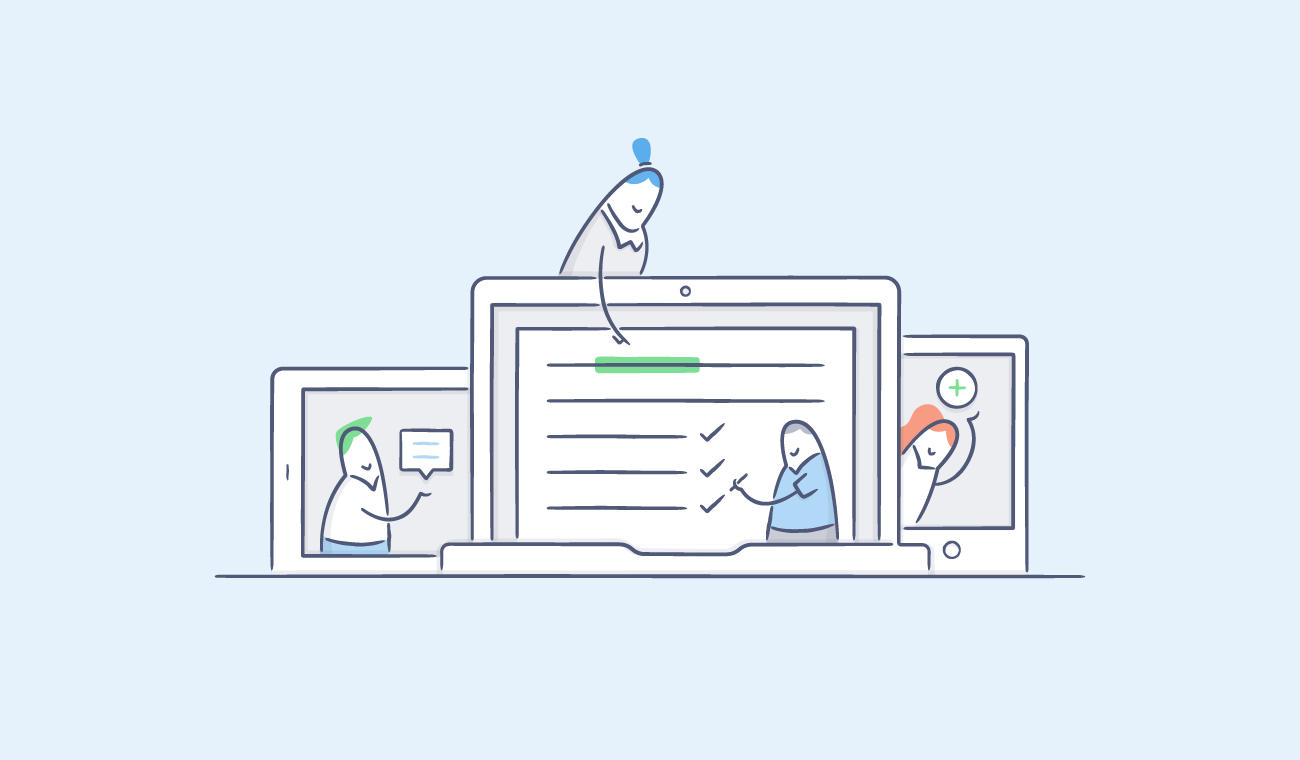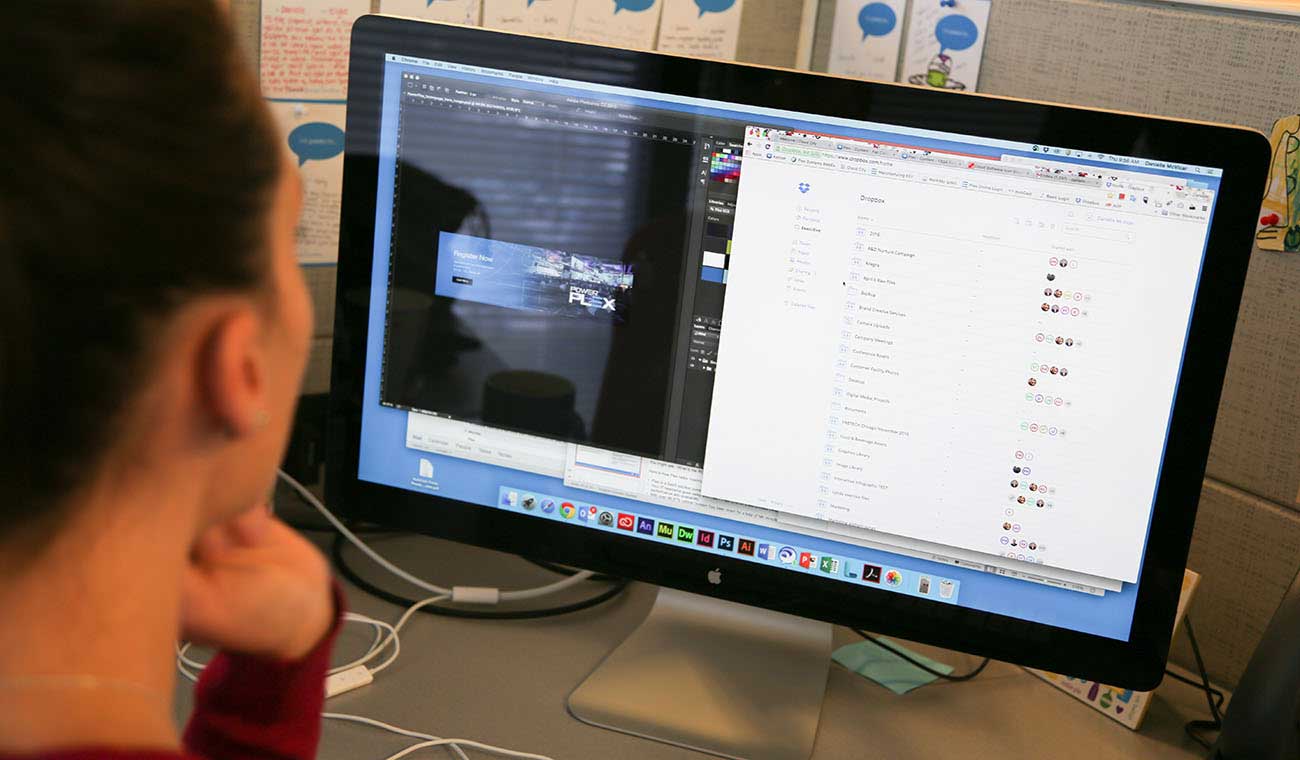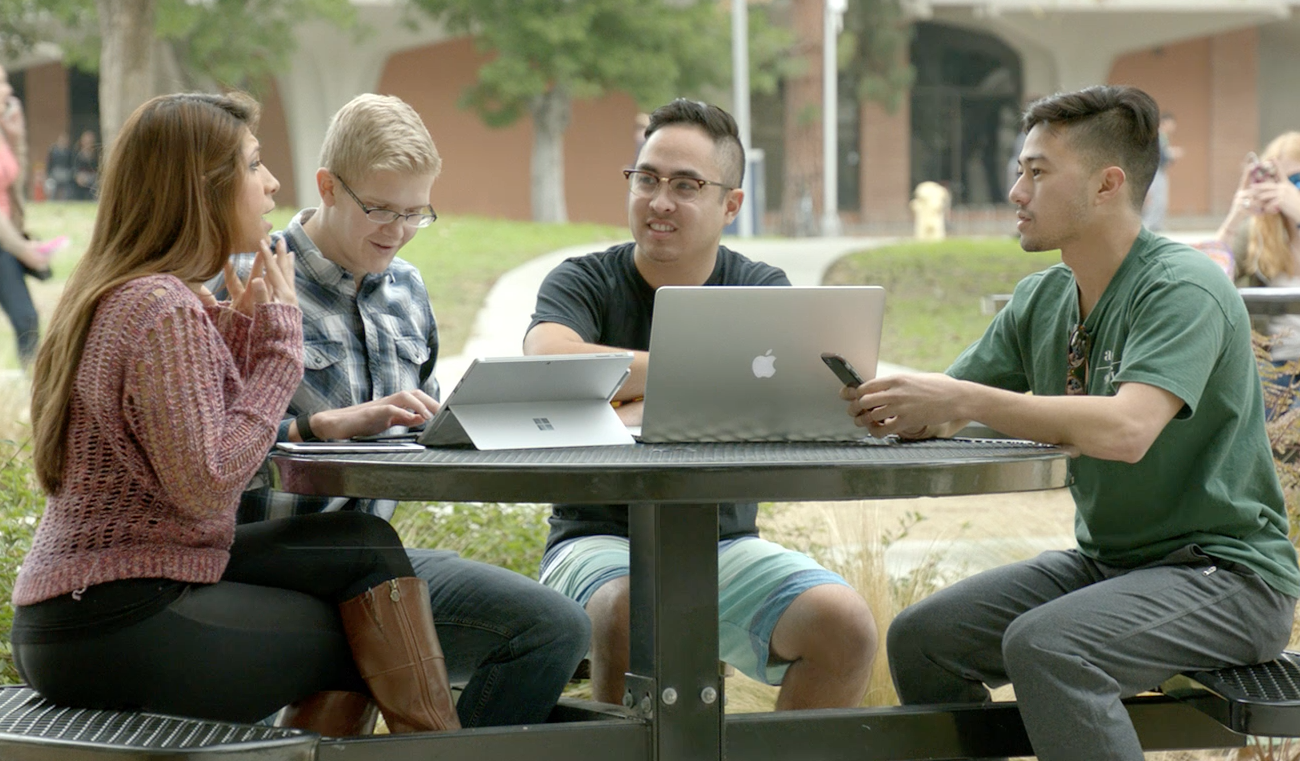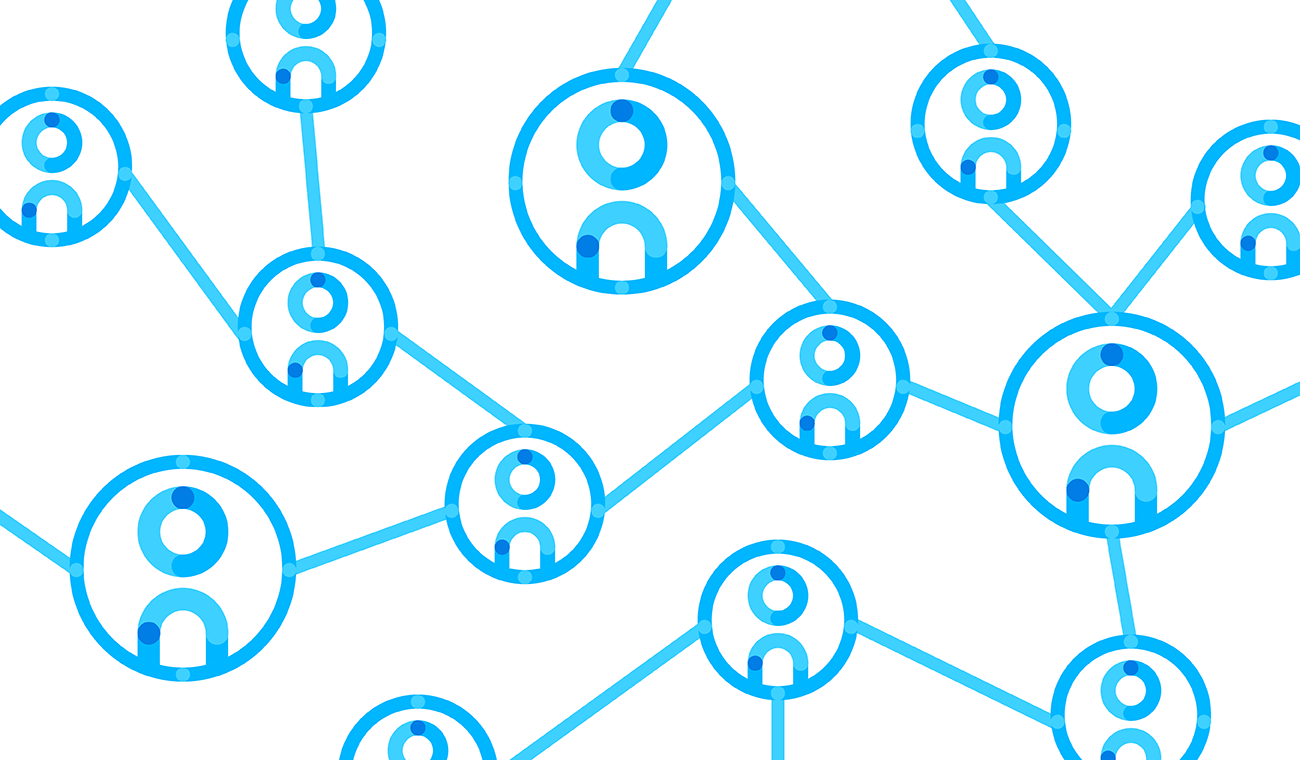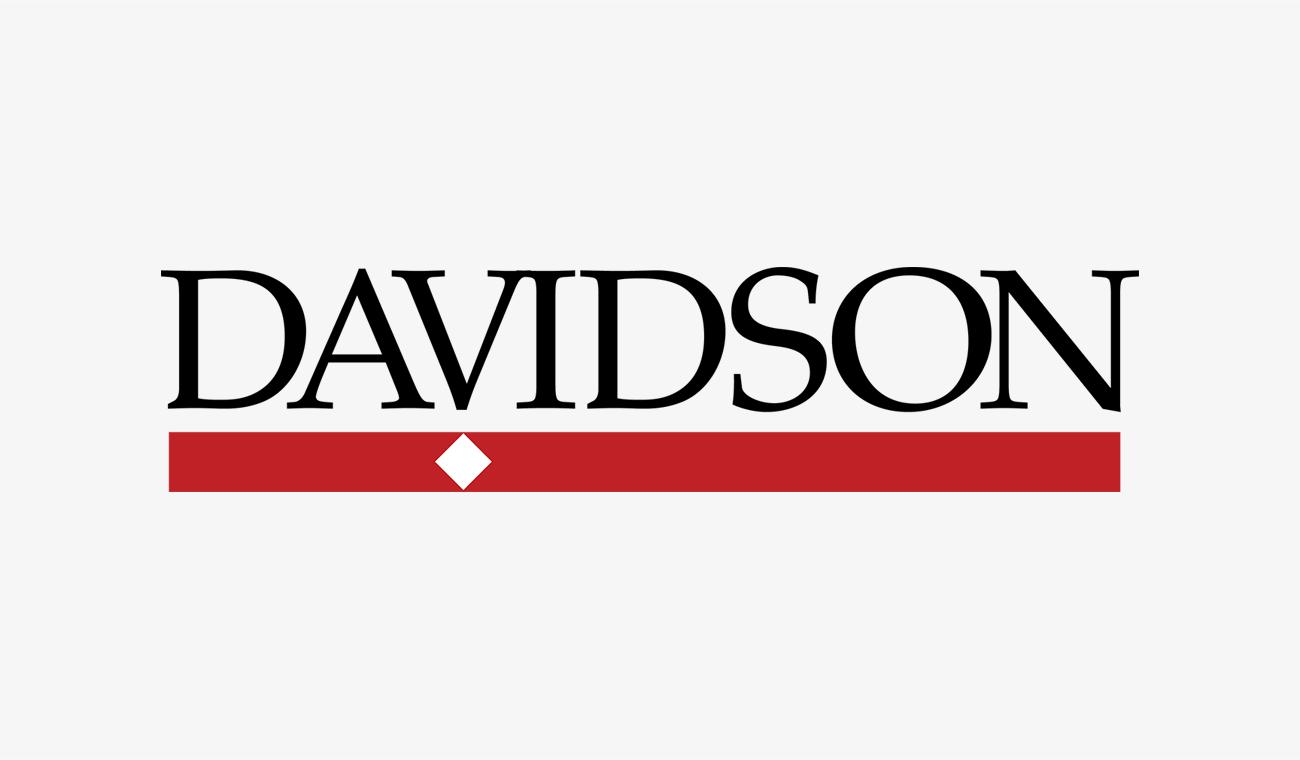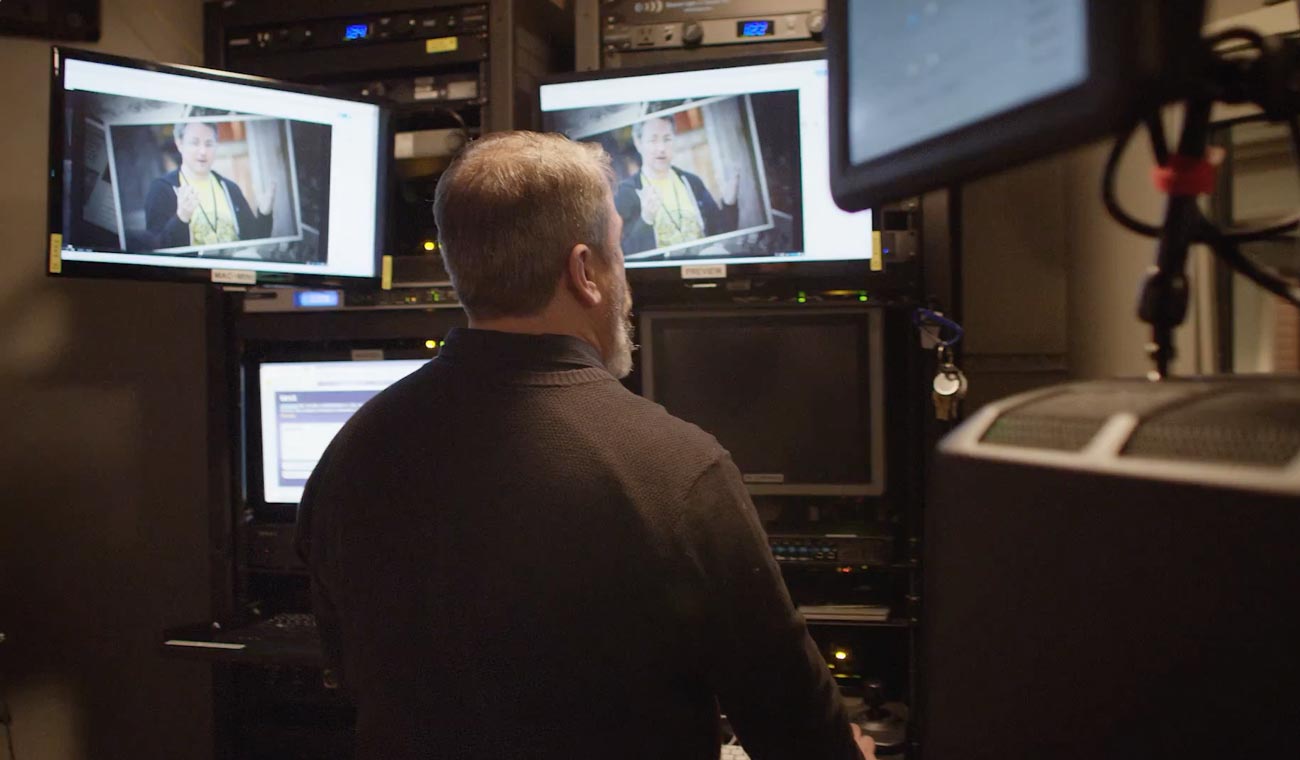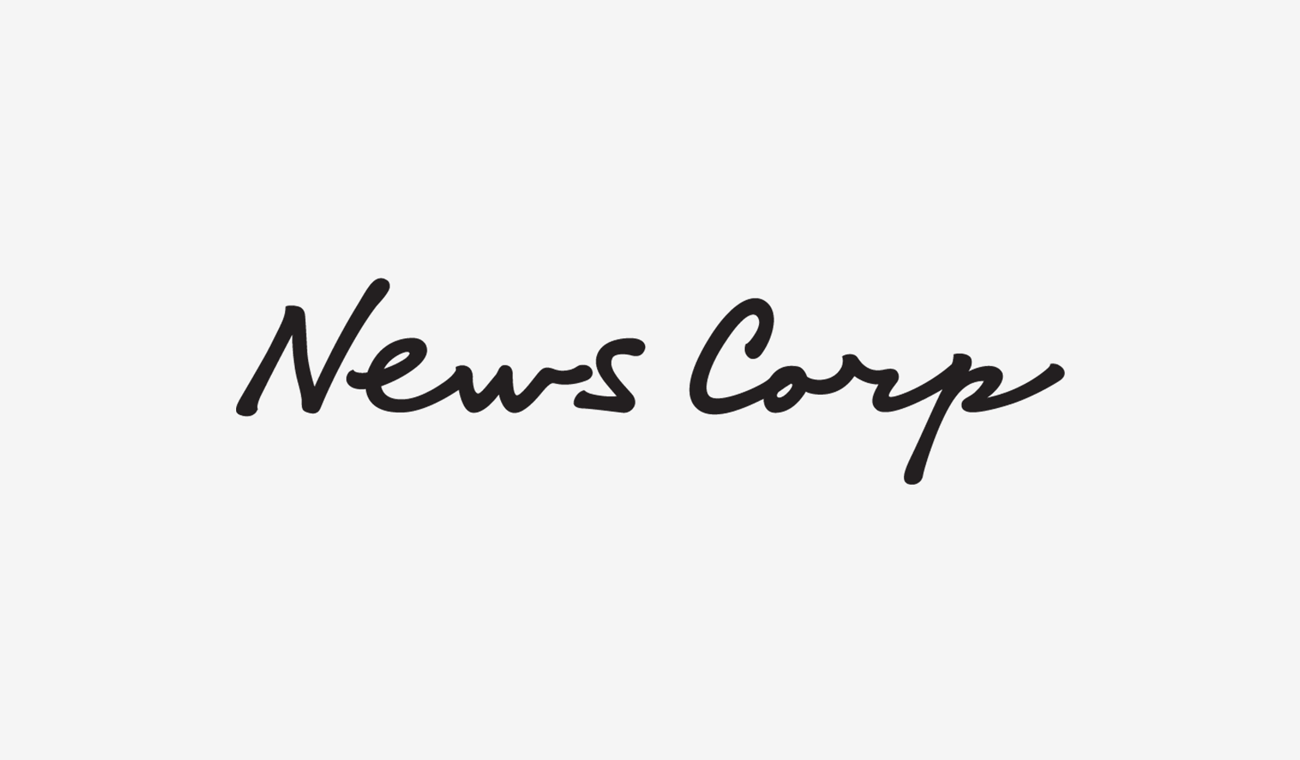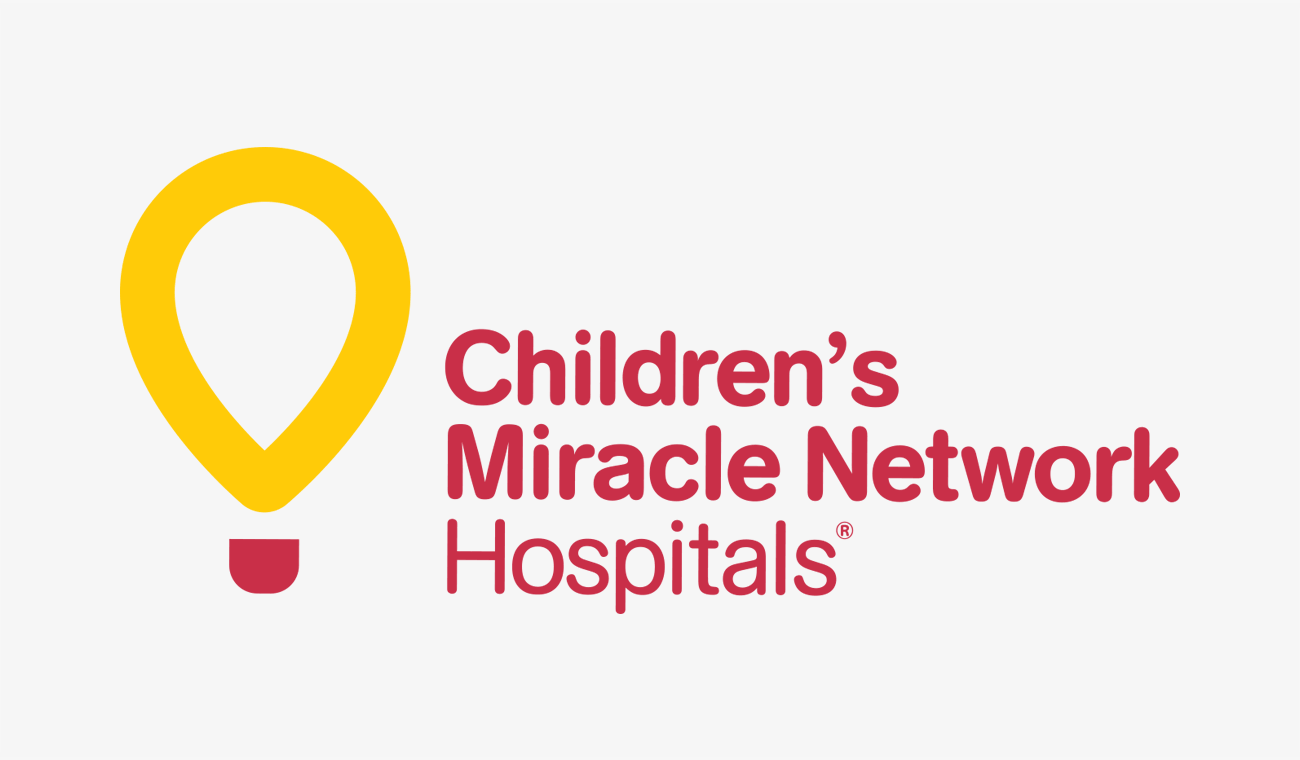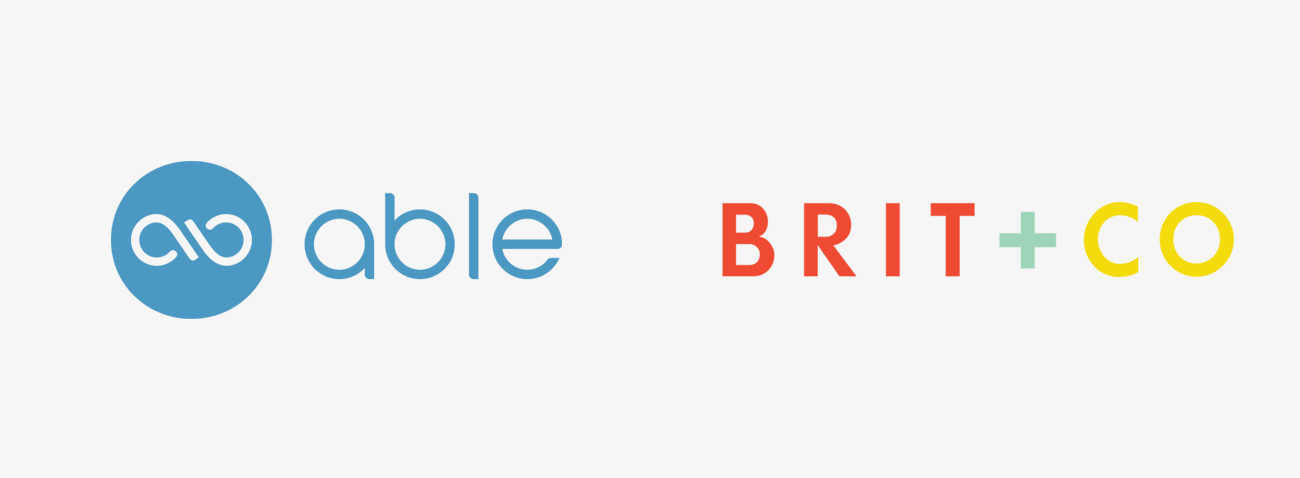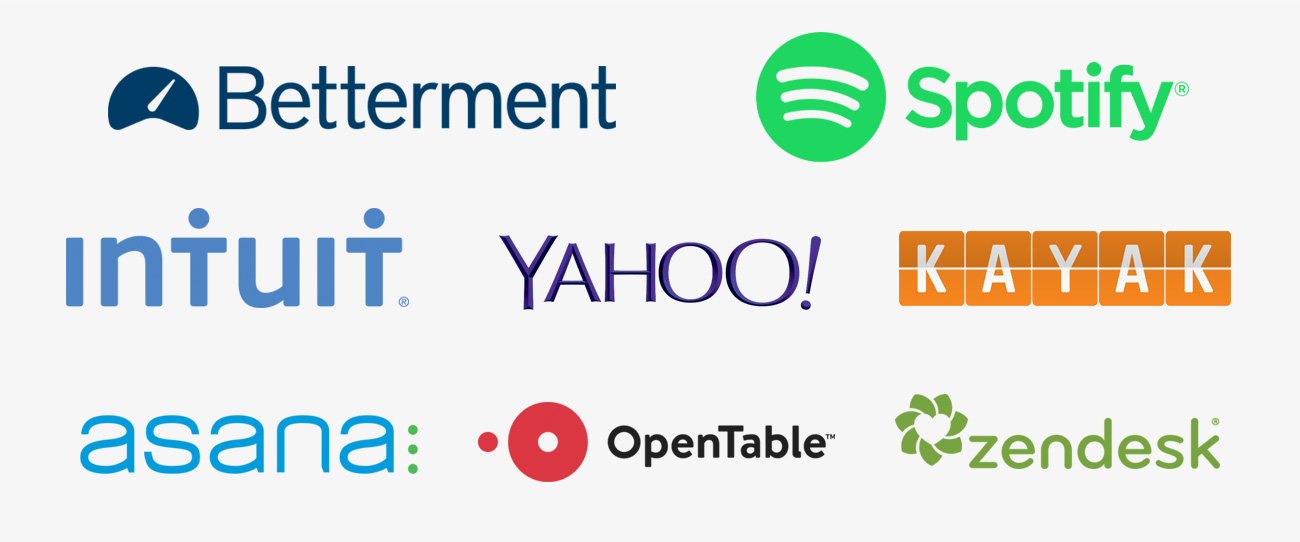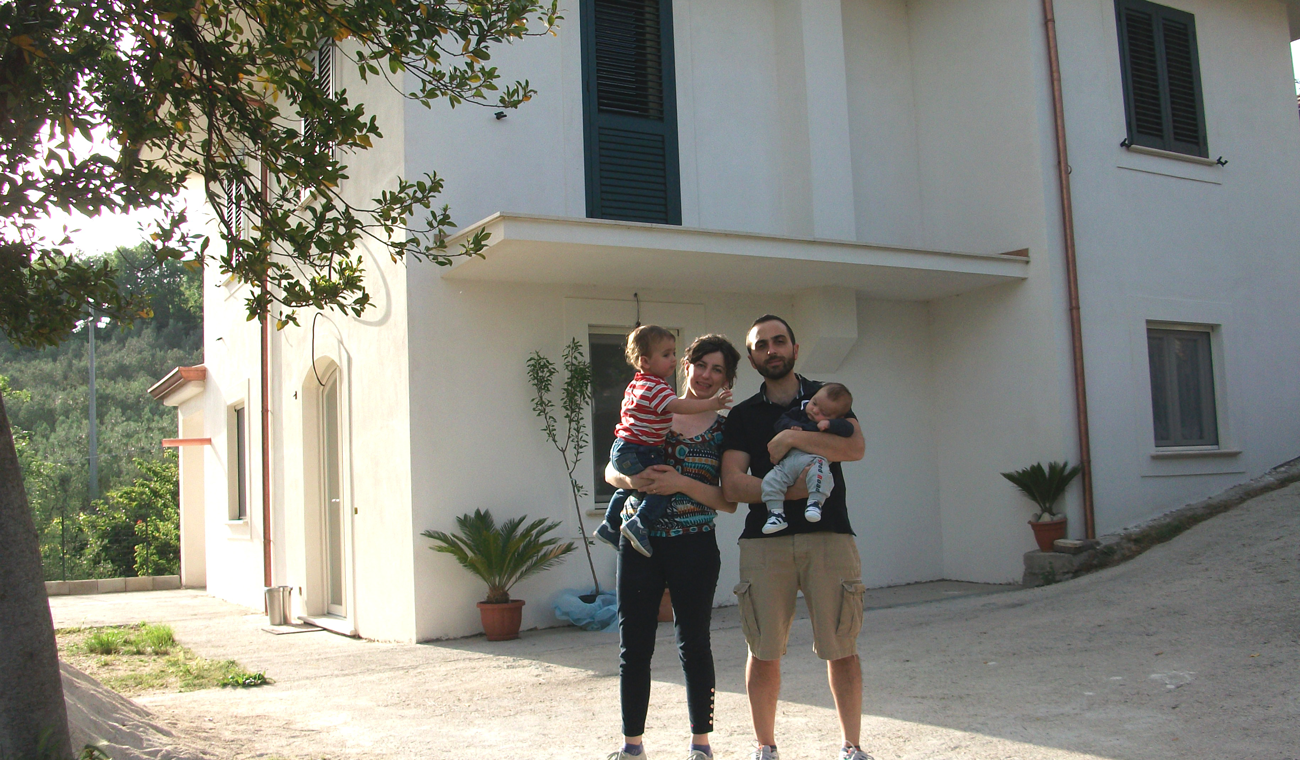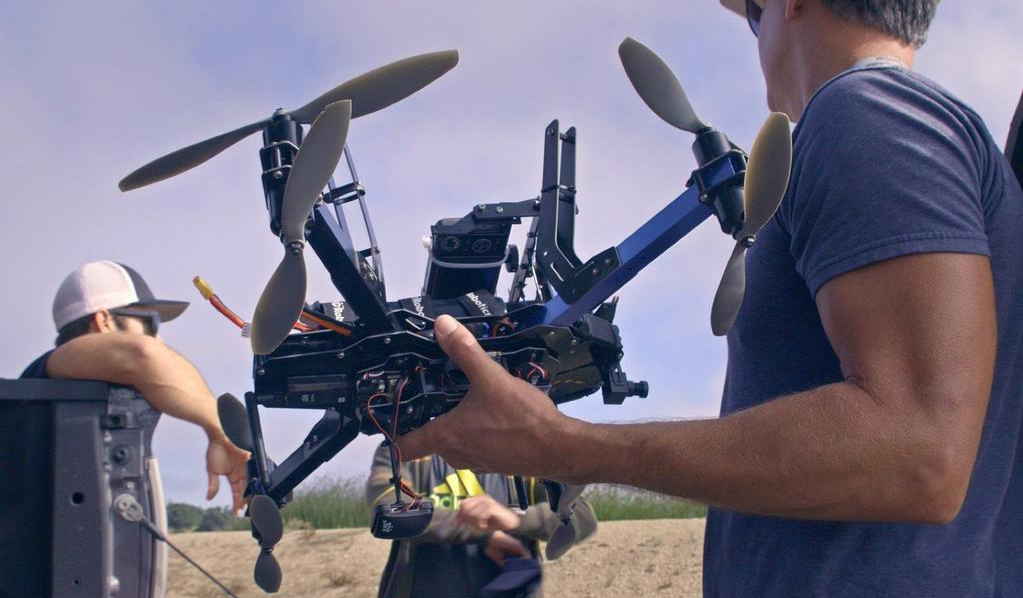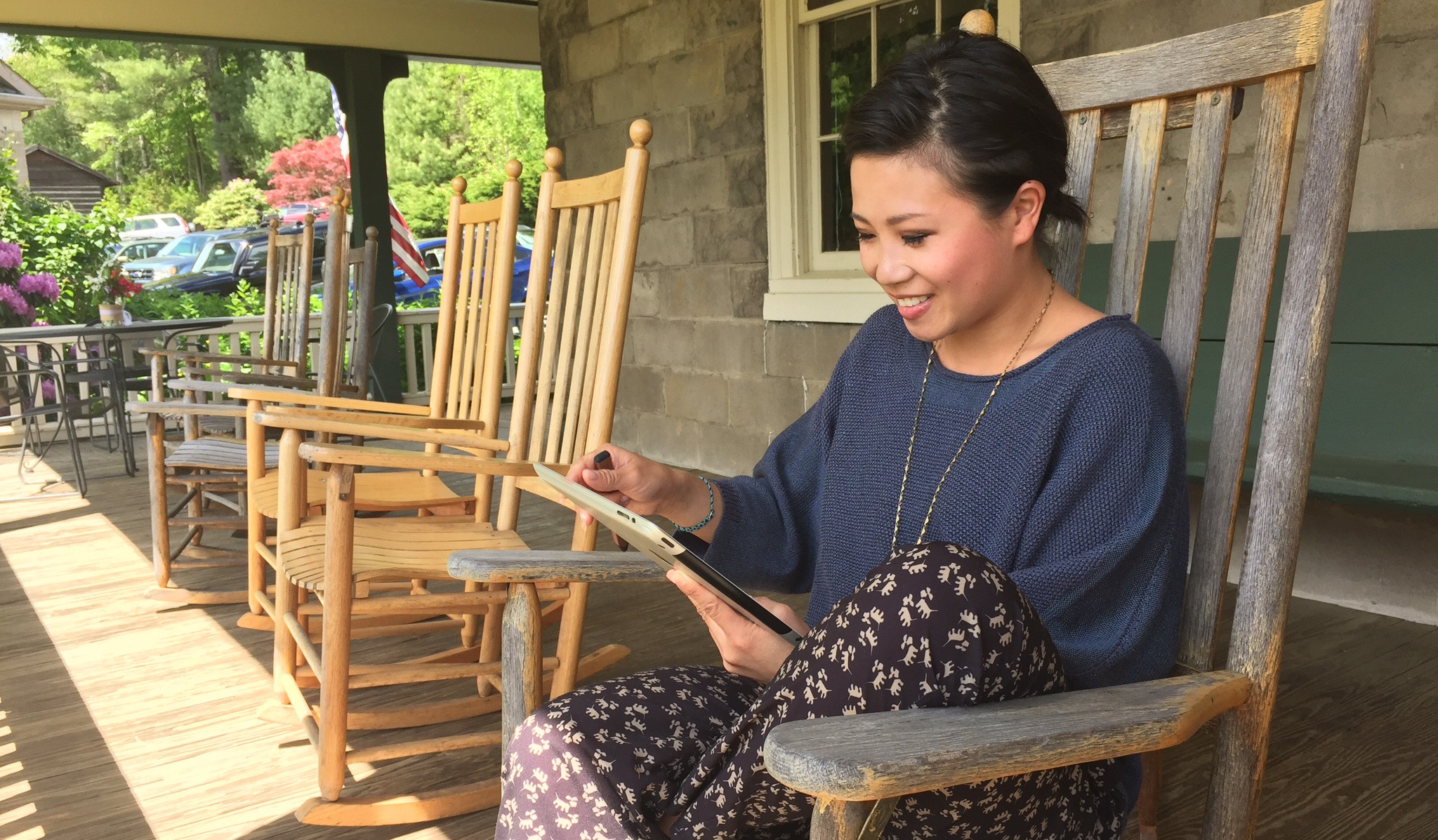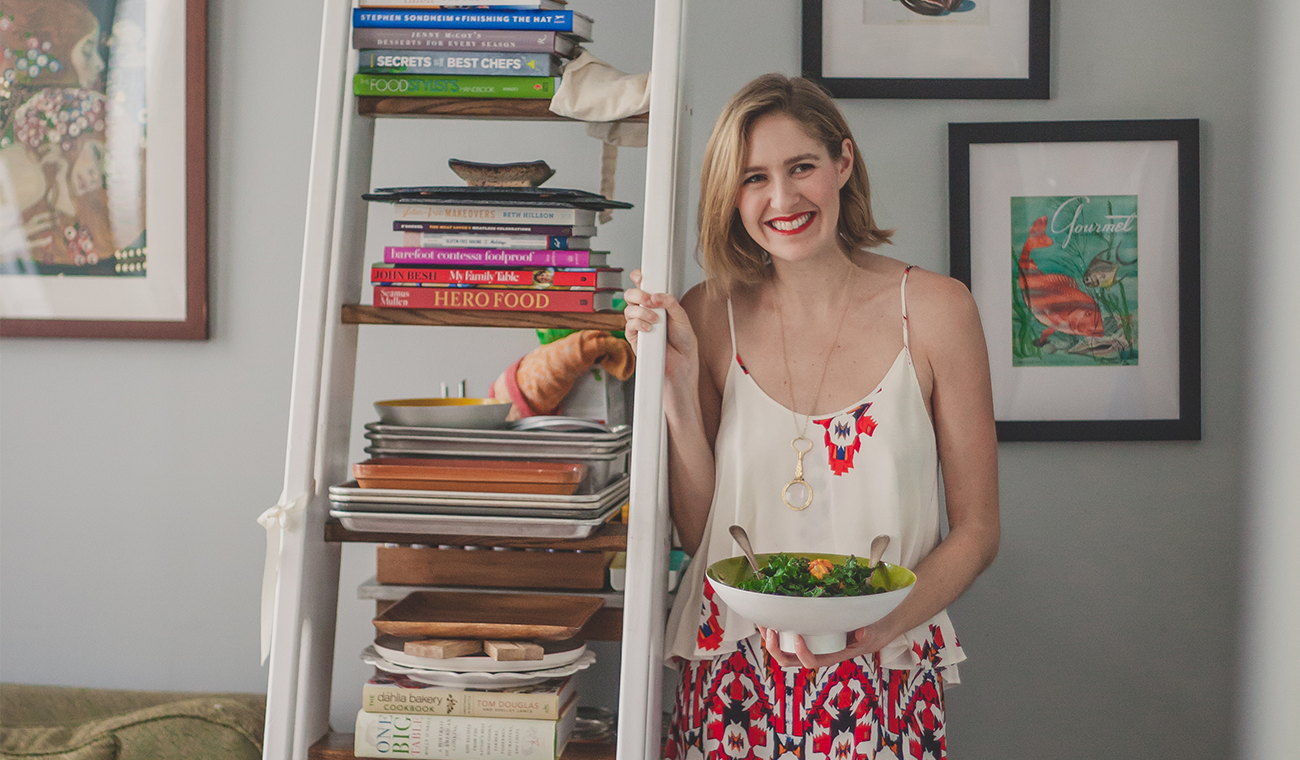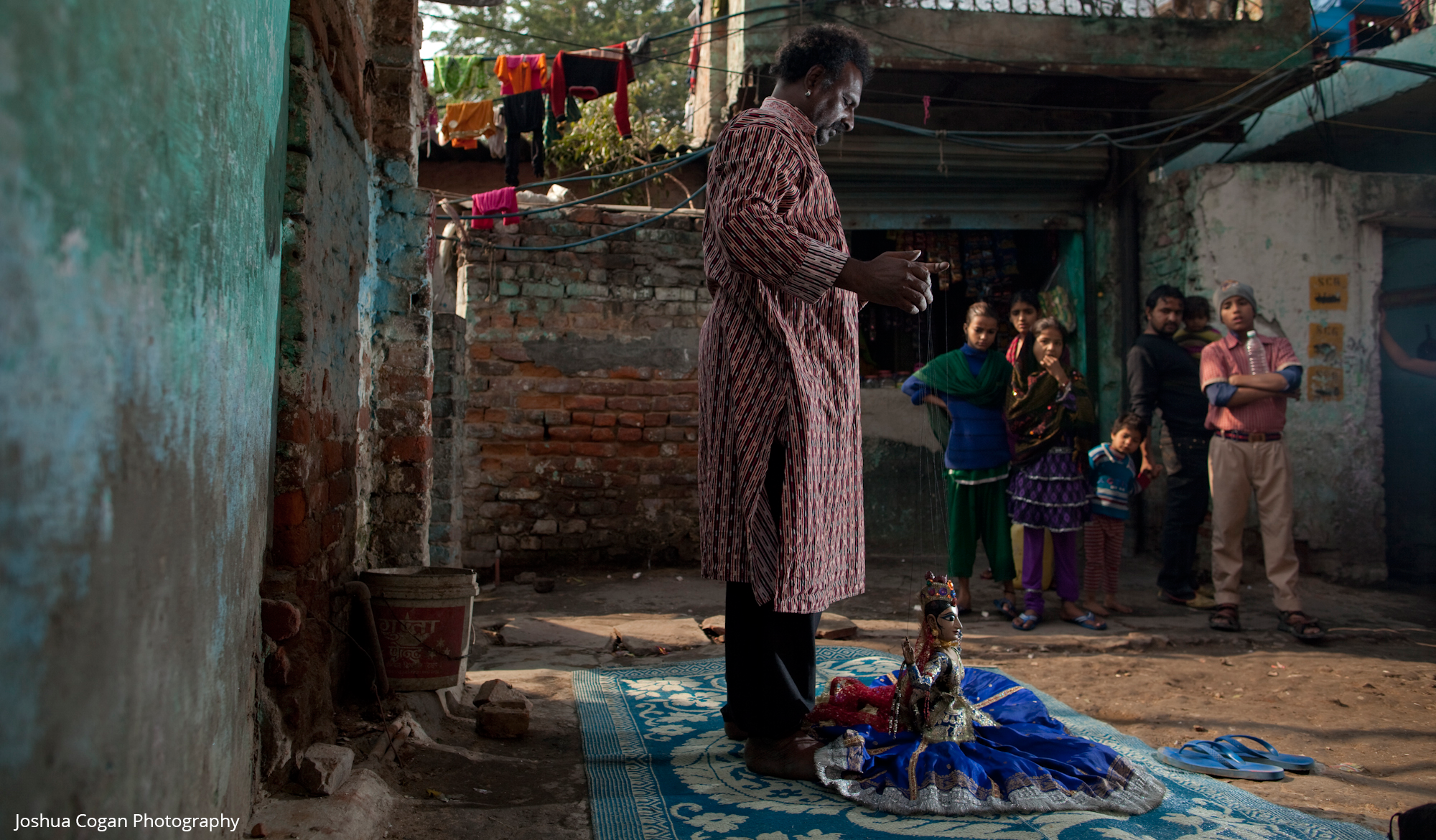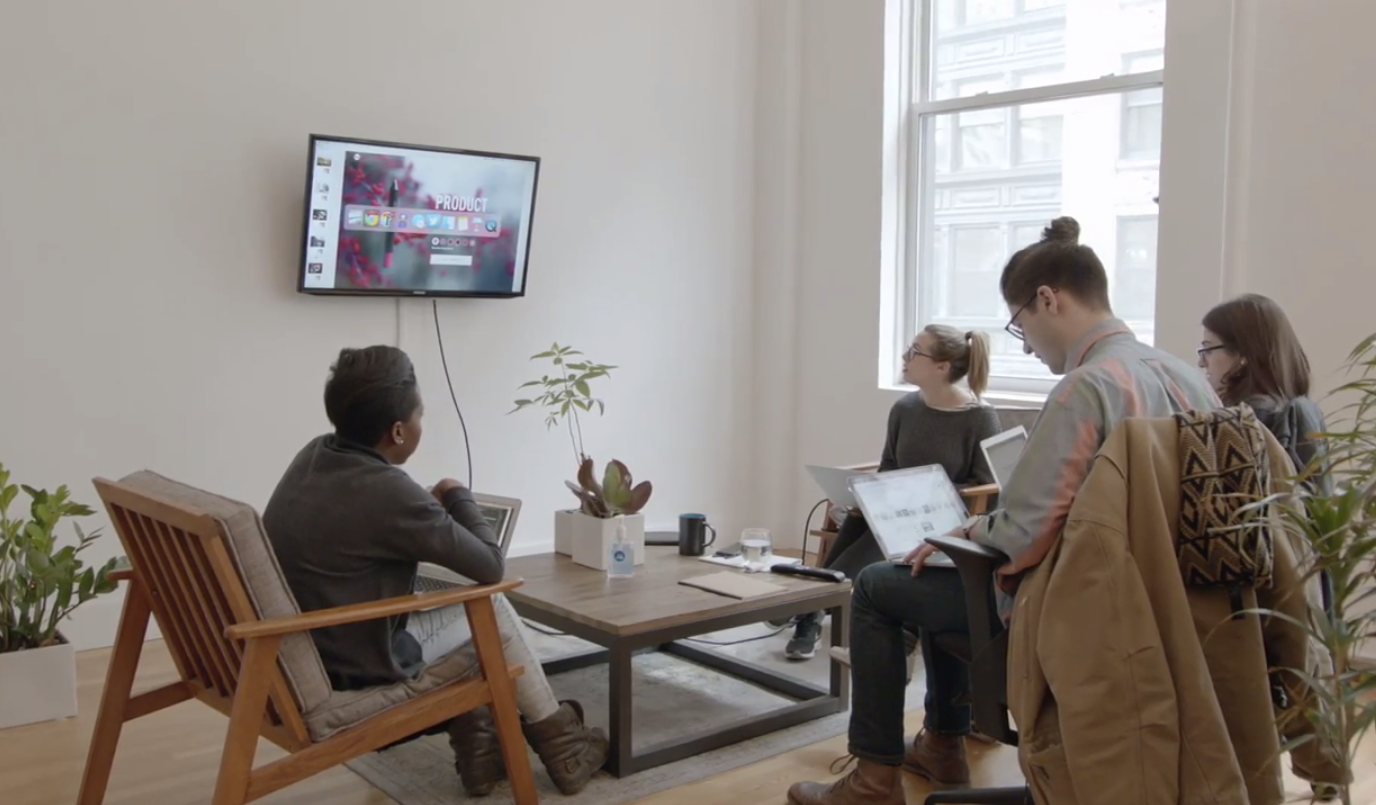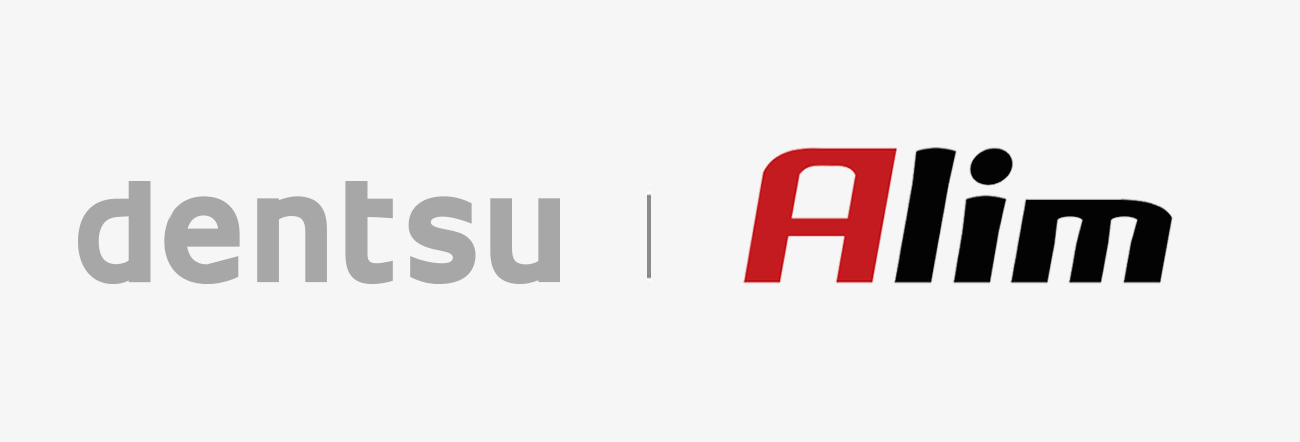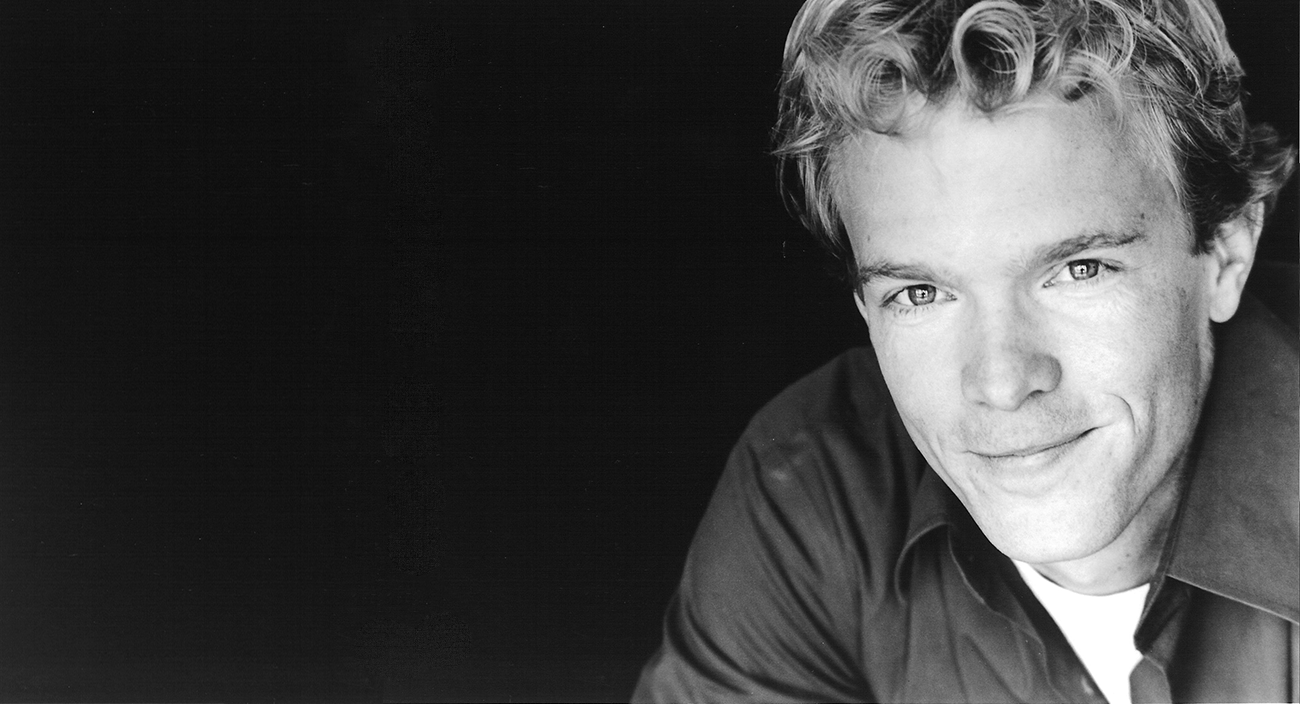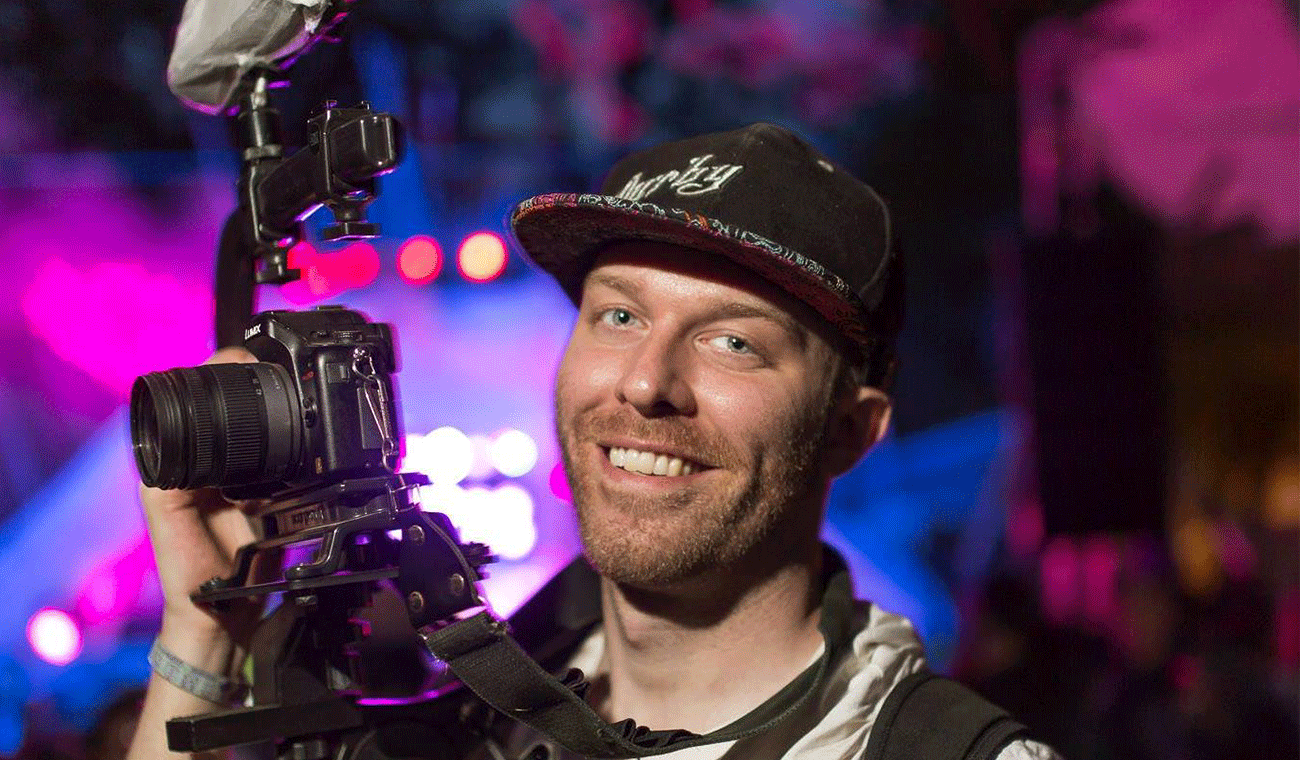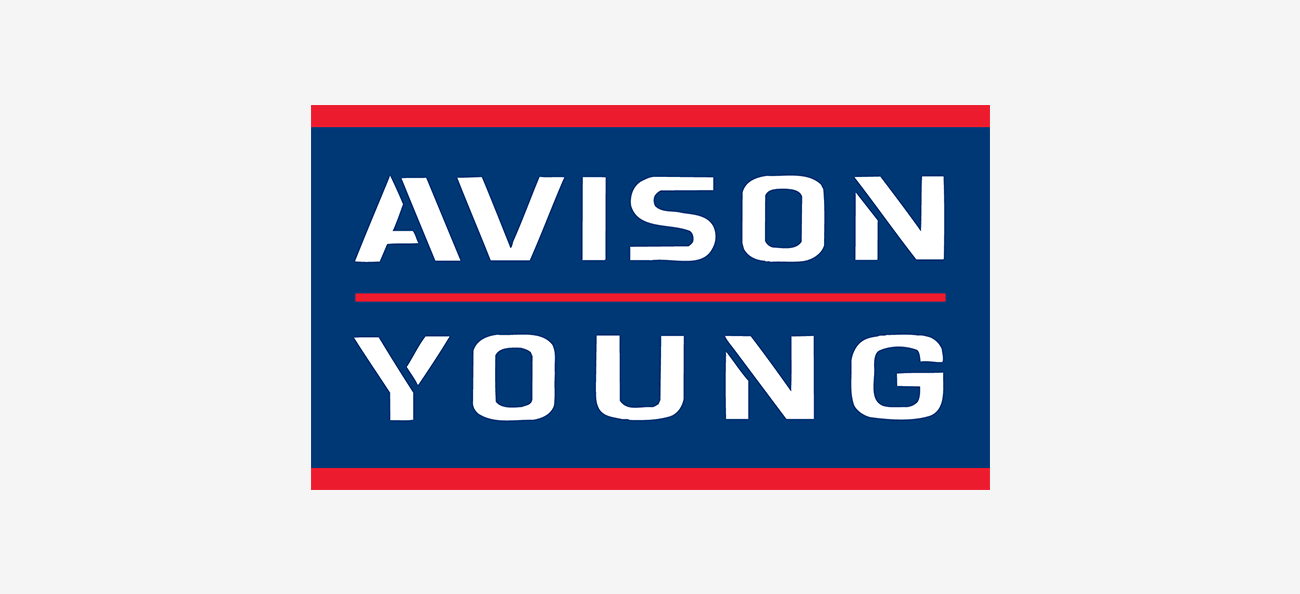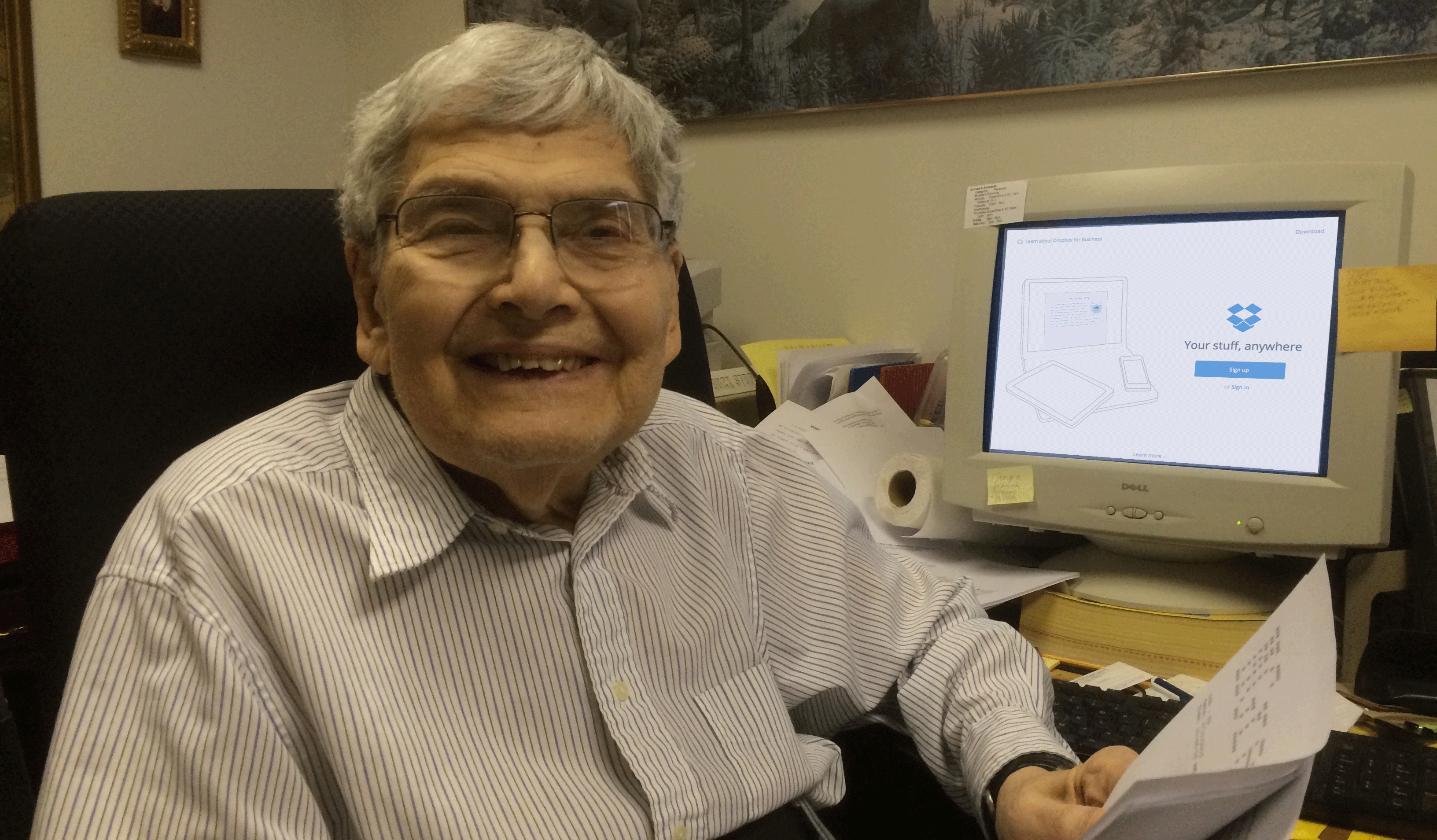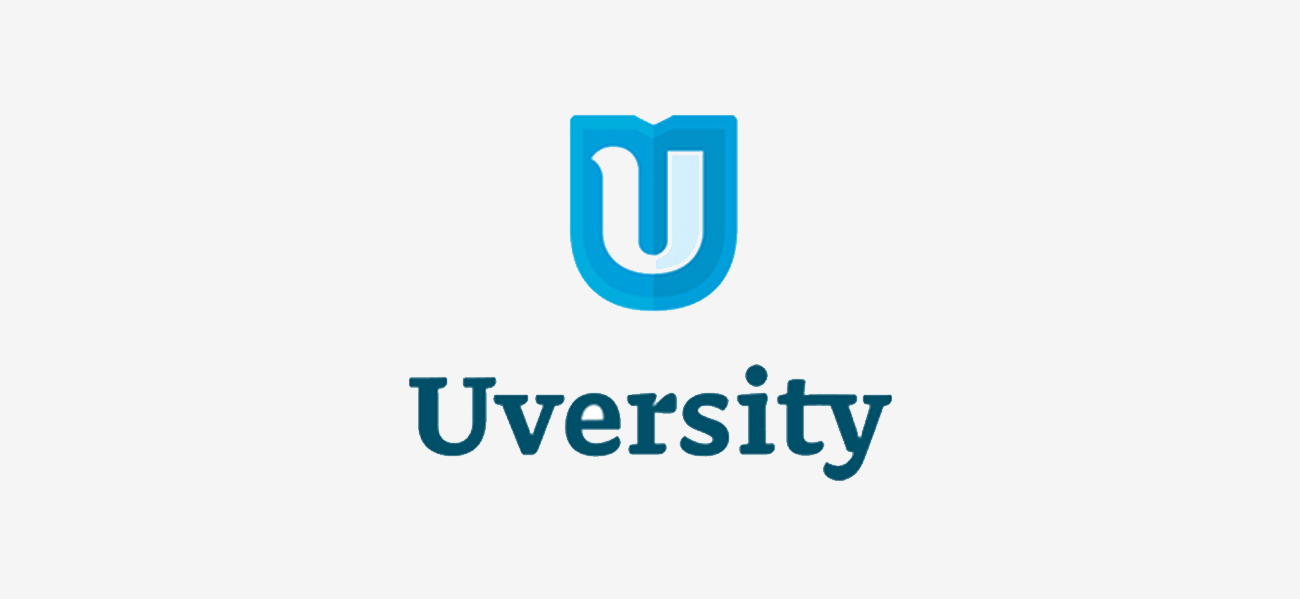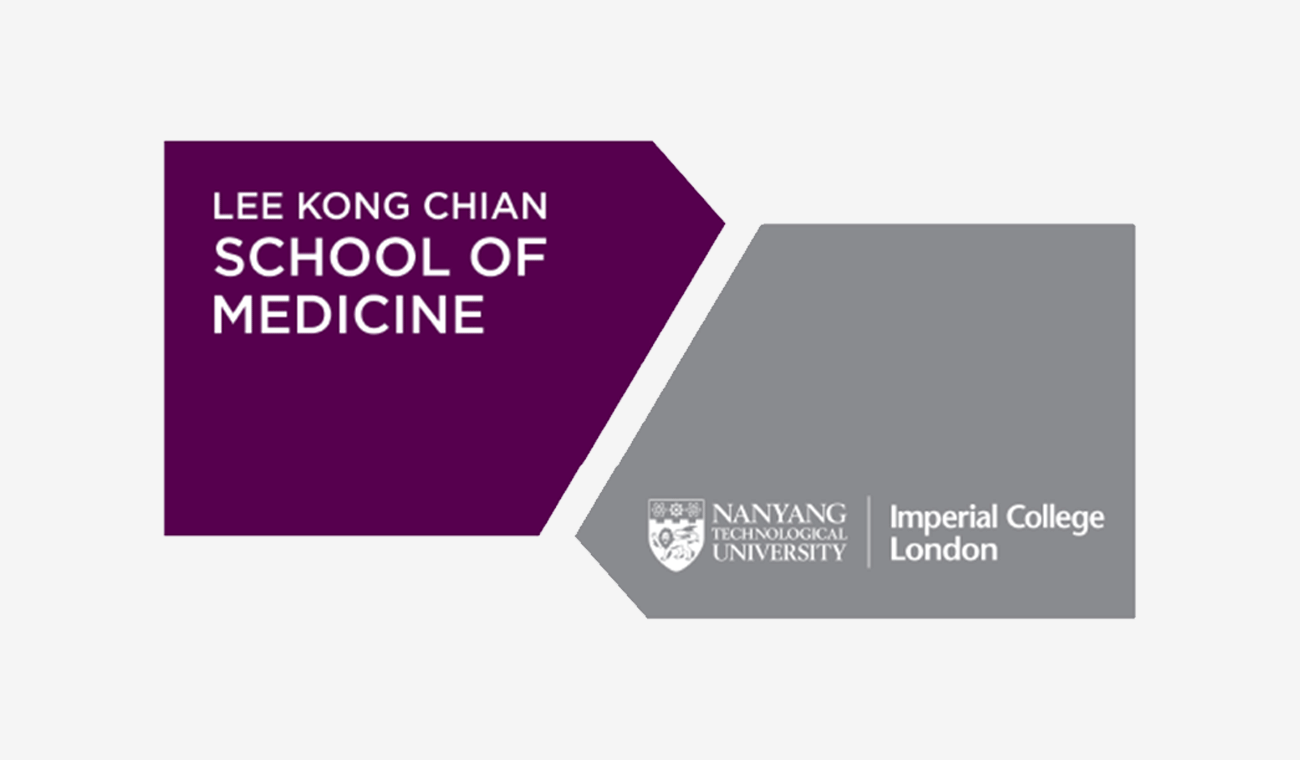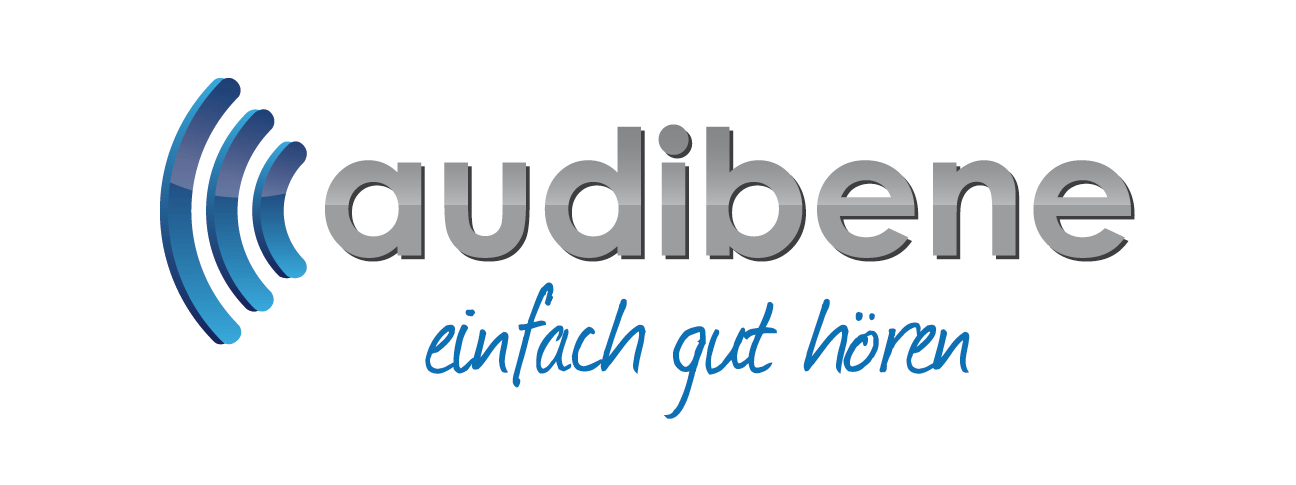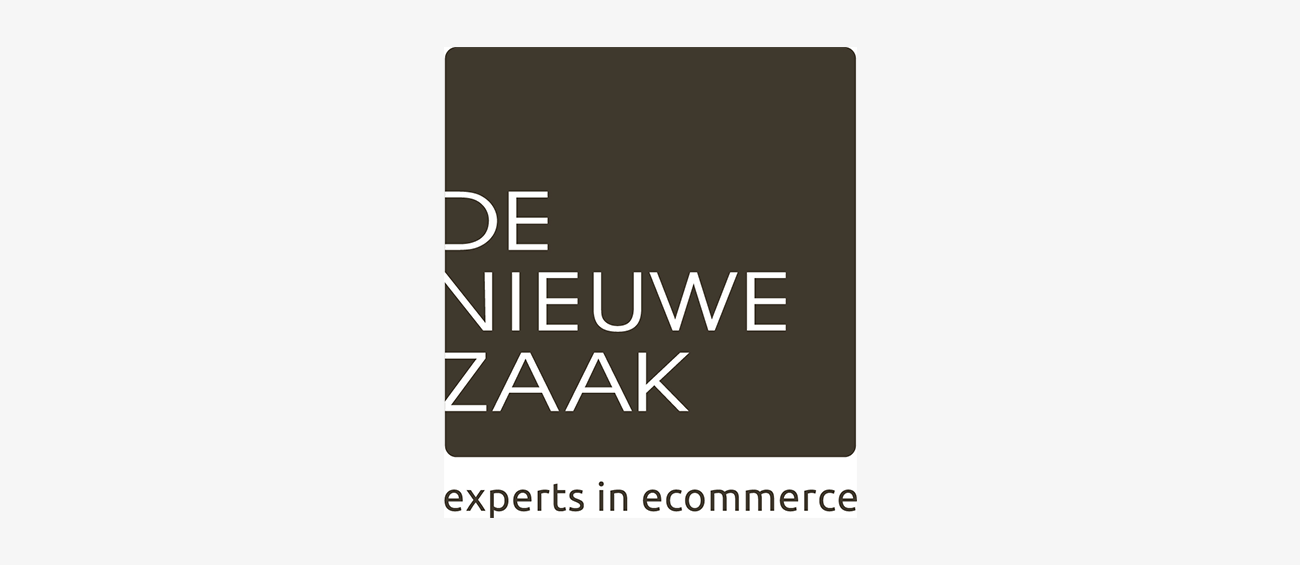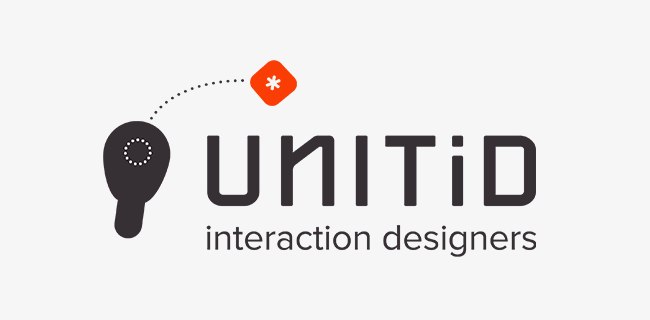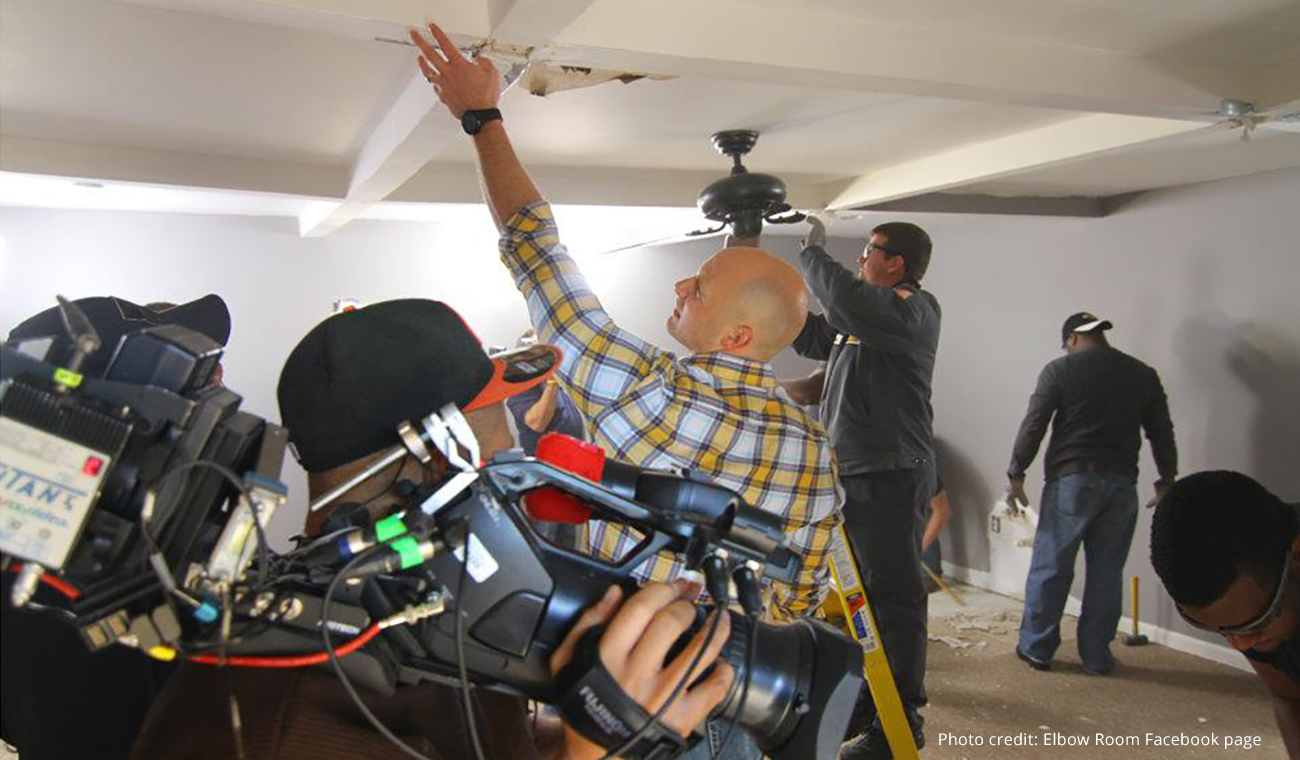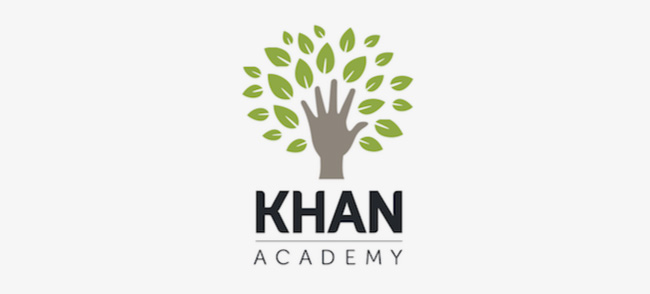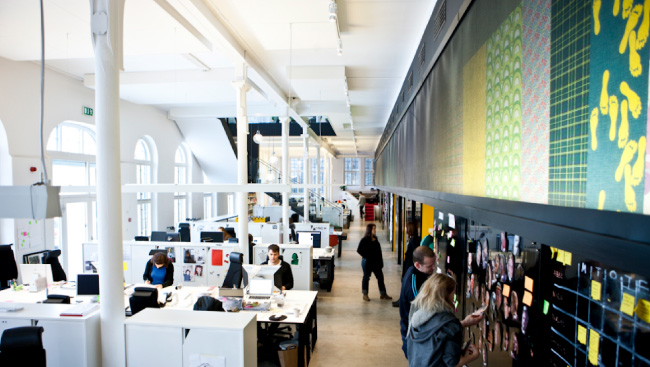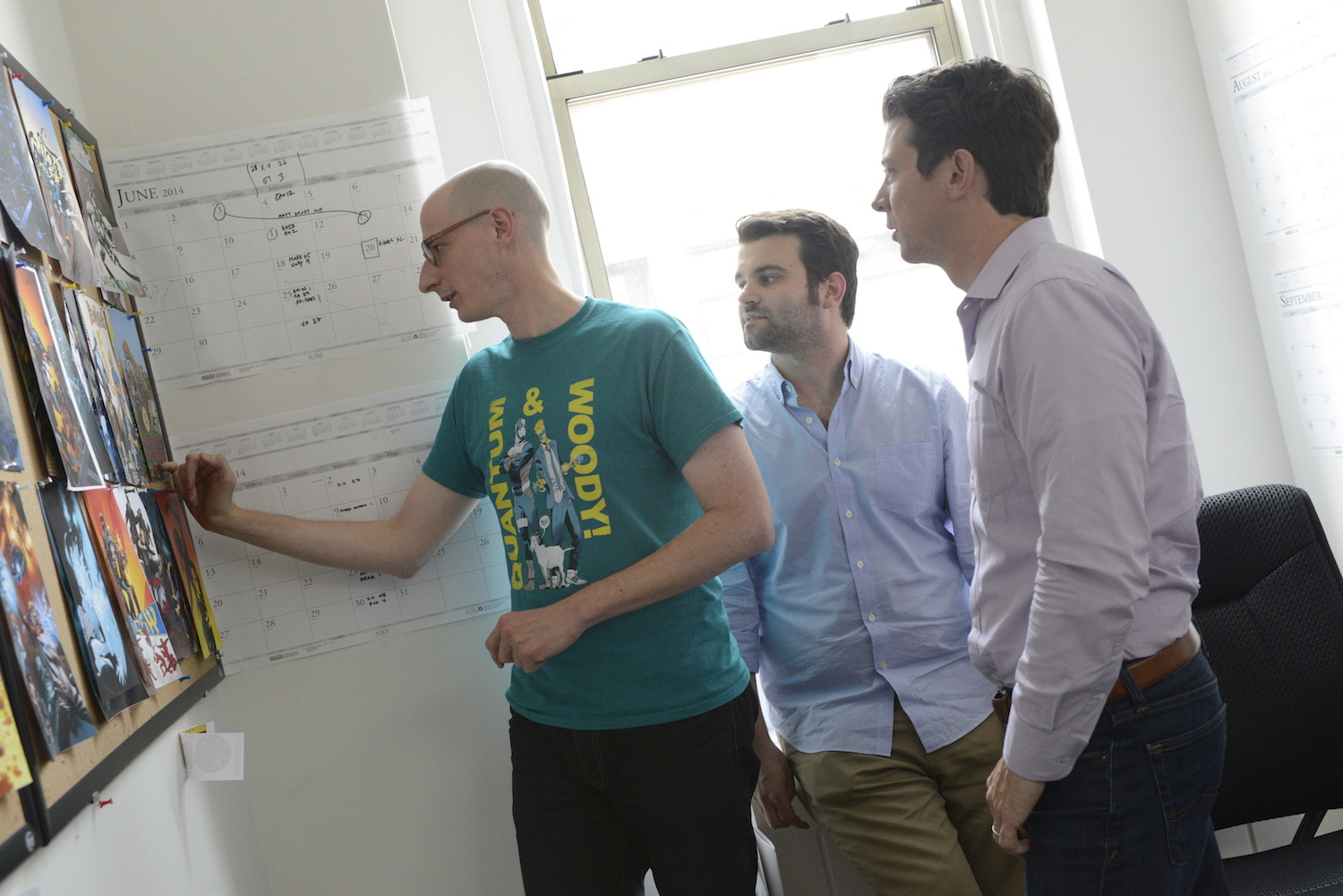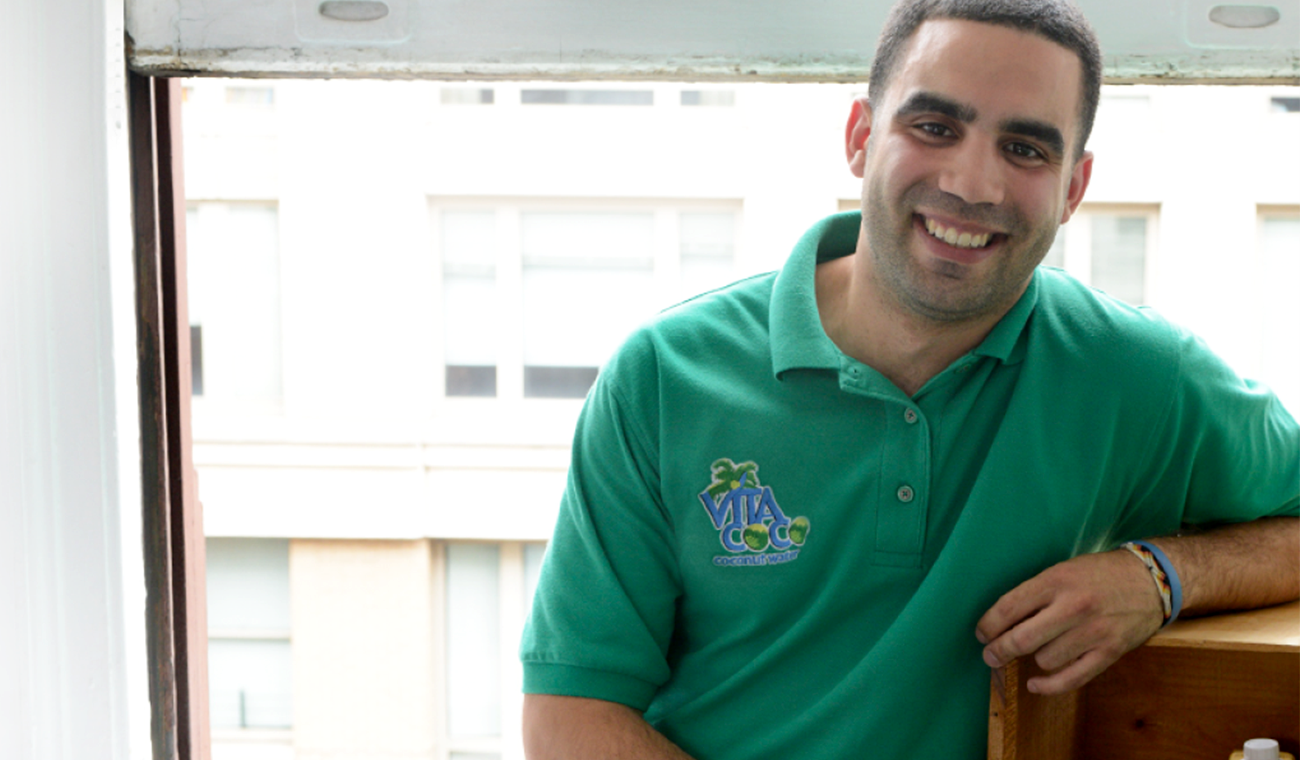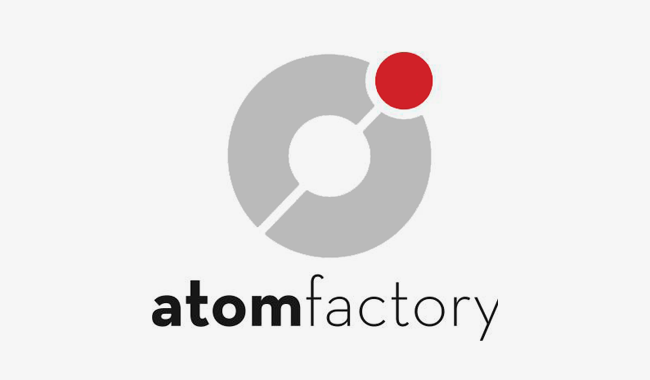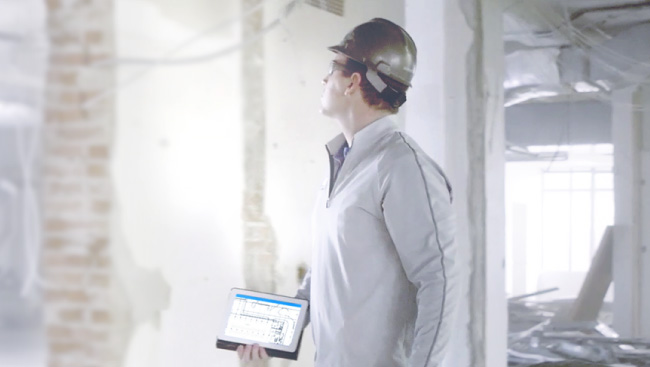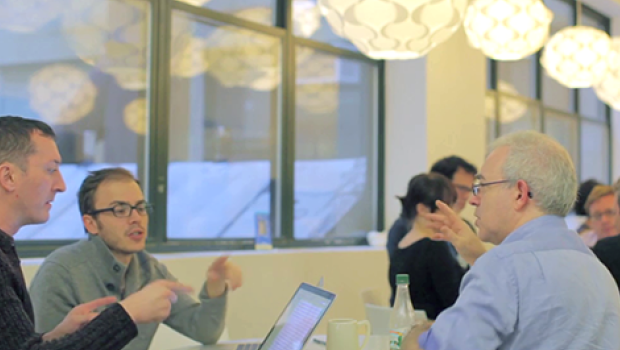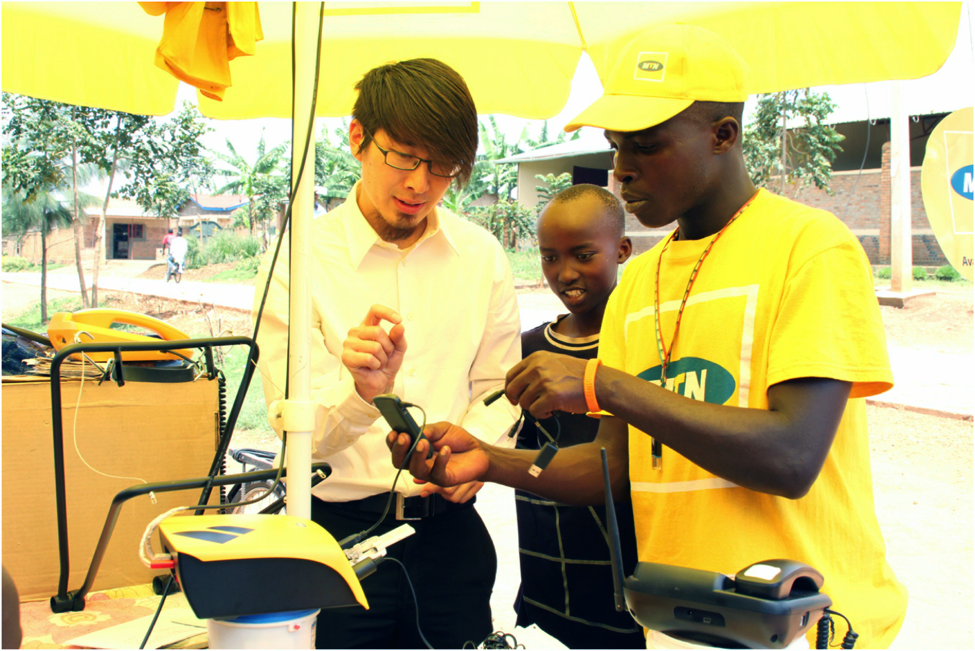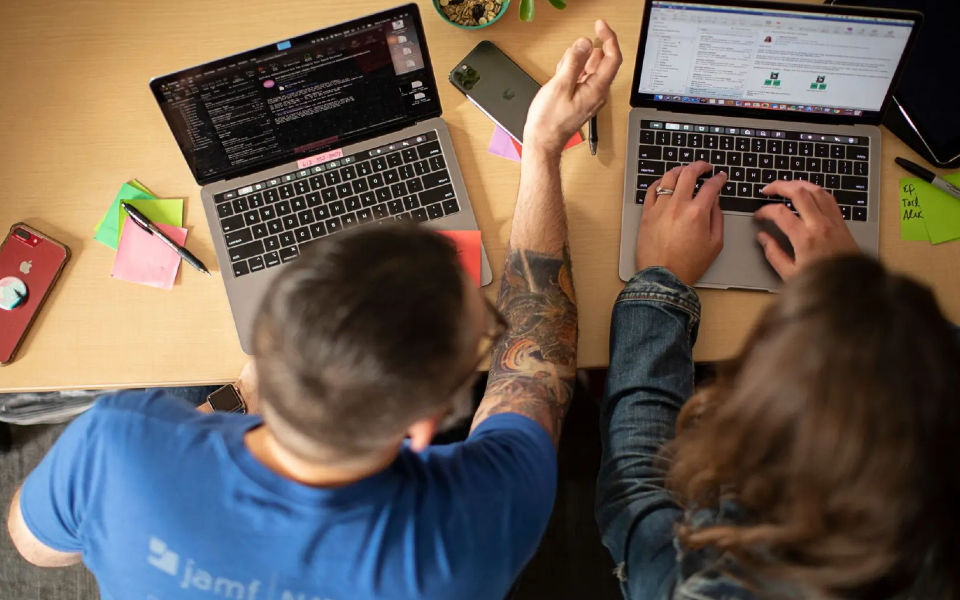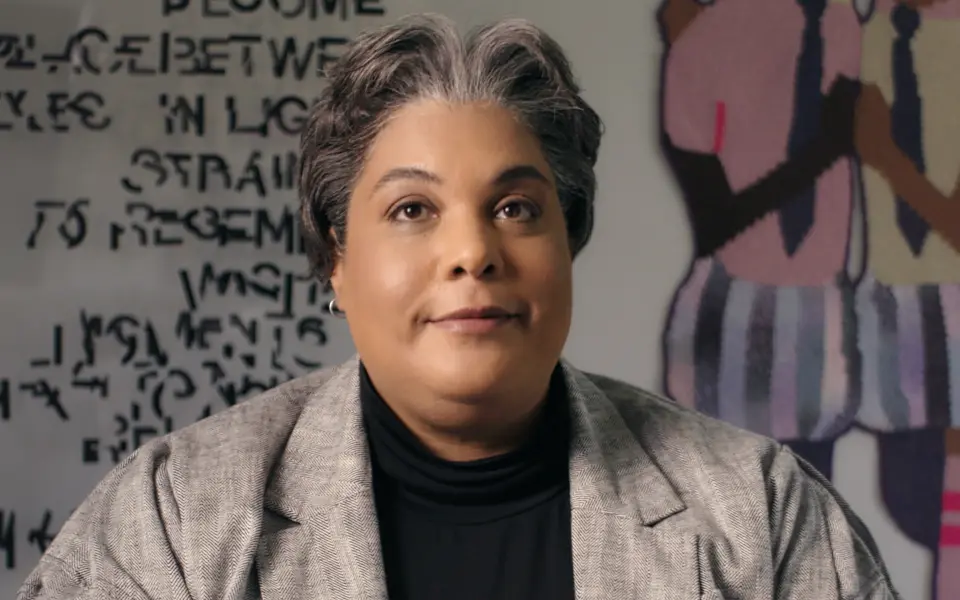
Roxane Gay on creating things on your own terms
Published on March 30, 2022
The author is learning how to make space for her own writing in the midst of many new and exciting projects.
Words saved author Roxane Gay’s life. Using words to express her distinct voice brings her joy (“I’m not a miserable writer," she says), gives her purpose, and has shaped her career.
They’ve also afforded her the opportunity to become someone who does many a thing. Gay is a columnist for The New York Times, she has a podcast and her own book imprint with Grove Atlantic, she’s adapting her memoir Hunger into a movie and developing Margo Jefferson’s memoir Negroland into a TV series… Oh, and she has a Substack (The Audacity) that highlights writing talent that “boldly disregards normal restraints” and an accompanying book club.
“I have a lot going on,” Gay says.
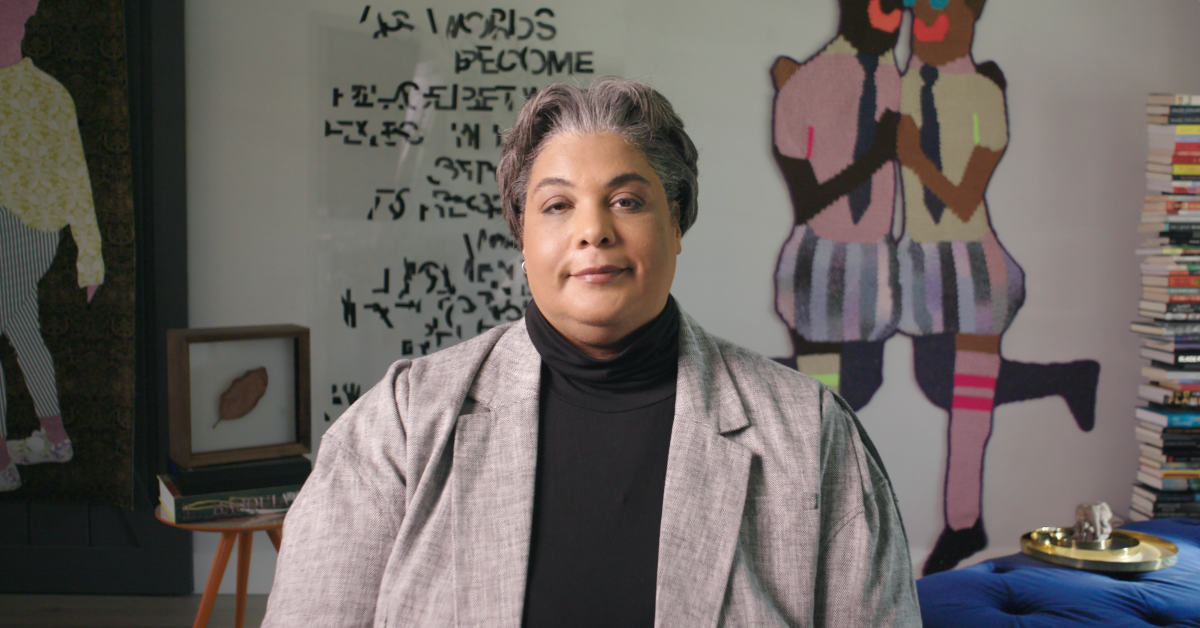
Paradoxically, the more opportunities words have given her, the less time Gay has to actually write for herself.
That’s why Dropbox is such an integral tool for her. The ability to seamlessly collaborate across different projects and devices lets her focus more time on her own writing rather than project management. (Dropbox is also the home for all of her personal work.)
Gay tells us how Dropbox helps her work, when she recognized she needed to get back to “the most important thing I do,” and what her best advice for dealing with overwhelm as a multi-hyphenate creator is.
What do you need to be creative?
All I need to be creative is my imagination and books. Reading always fuels my desire to think better, write better, and create more. My imagination takes that fuel and, on good days, makes really interesting work with it.
Who is your favorite person to collaborate with and why?
My favorite person to collaborate with is probably my wife [Debbie Millman]. She has a fierce imagination and we complement each other in great ways.
I also love working with Tressie McMillan Cottom. We co-hosted a podcast for two years and I really appreciated the different energies we brought to Hear to Slay. I always learned new things from her and I still do.
“… The most important thing is to do what you want, on your own terms, not because people demand it of you.”
How has your relationship to work changed as we continue to navigate the pandemic?
Oddly enough, the pandemic was a wake-up call that I work way too much and spend my time doing too much of everything but writing. It is taking time but I am finding ways to re-prioritize writing as the most important thing I do, because it is; learning to say no and hold that line; and making time and space for leisure, for doing nothing at all if I so choose.
How does Dropbox help you do your work?
Dropbox facilitates nearly everything I do. When I need a file or a piece of research or to send a headshot or a podcast episode, Dropbox can make any and all of it happen in seamless, intuitive ways.
Having access to everything I am working on, on every device from my laptop to my desktop to my iPad to my phones is incredible. It's such a small marvel every time I open up a device and go to Dropbox, et voila, what I need, at my fingertips. Again, the future is pretty great. If you had told me 20 years ago that it would be this easy to have access to files and so on, I would not have believed it. I kind of still don't.
What's a file that you've lost before you had Dropbox, that you wish you could get back?
At some point in my twenties, before I had any kind of money and couldn't afford, like, a Zip drive, I once lost everything in a hard-drive crash. All my writing, the random things I'd been composing for years and years, gone.
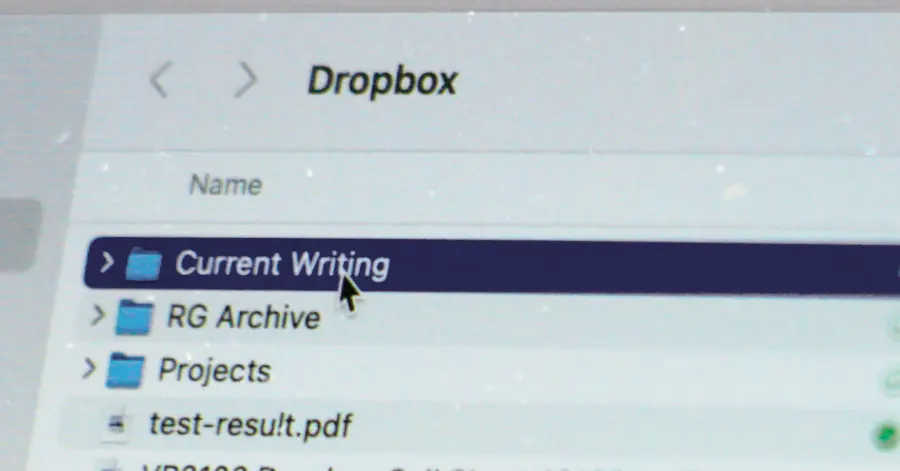
It was devastating. Overwhelming. I was a young, broke writer who couldn't afford a new computer and had no writing career to speak of. I was just writing and reading and submitting my work in the old-fashioned way we used to do it—envelopes and stamps and a whole lot of waiting. It felt like a setback but looking back, it really wasn't. It became a wake-up call to care enough about my work to find ways to back it up.
Since then I've made backups and backups of the backups and I am so grateful for Dropbox. It makes so much of that process seamless. I have several computers and they all have the same content on them because of Dropbox, and I know there is also that work living quietly and safely in the cloud. Thank God for the future. It used to be real grim.
You're someone who does many things very well. What advice would you give to someone who feels overwhelmed by the thought of being a multi-hyphenate creator?
It can be overwhelming to be a multi-hyphenate. (I've never called myself that, heh, but it's accurate). But the most important thing is to do what you want, on your own terms, not because people demand it of you.
If you want to write books and essays and short stories and make movies and build sculptures and become a chef and take up car racing and host a television show, go for it. Life is short, and I wish more people could feel both professionally and personally fulfilled. But I would also caution that when you start doing too many things, it becomes ever more difficult to do many things well. You start doing many things moderately well or worse, mediocrely, and that is the worst. So think carefully about what you can realistically do well and work from there.
Responses have been edited for length and clarity.

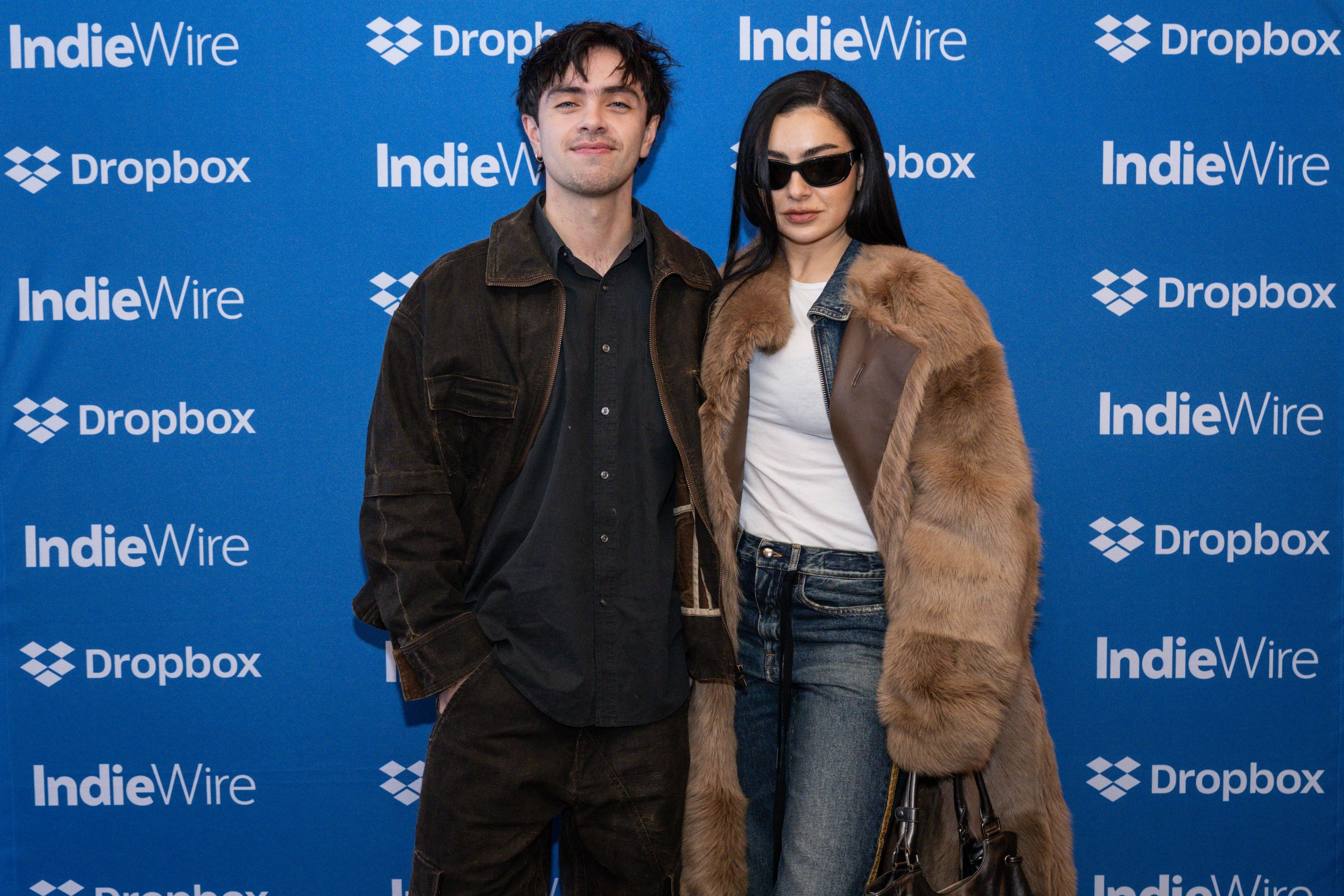
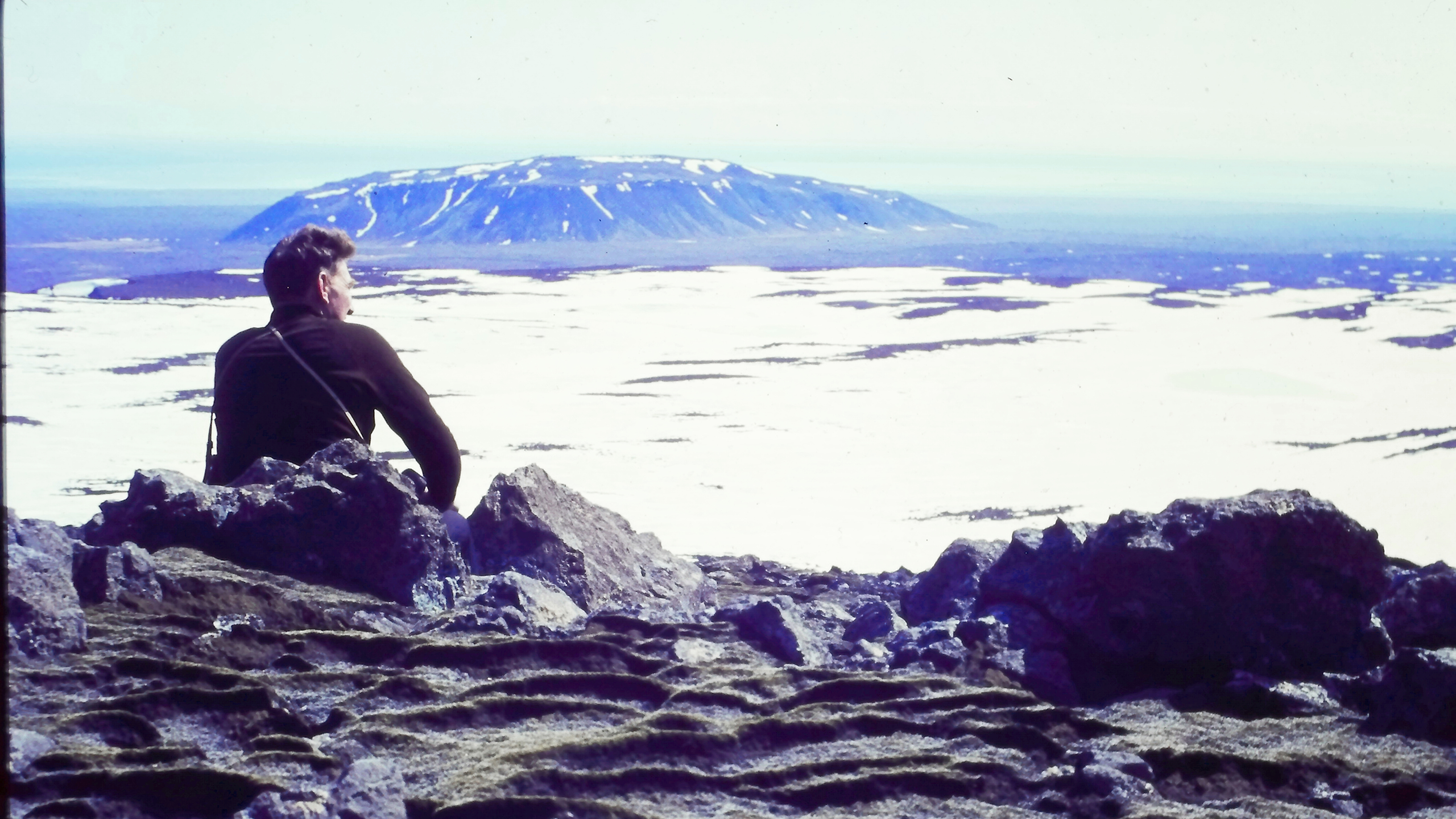
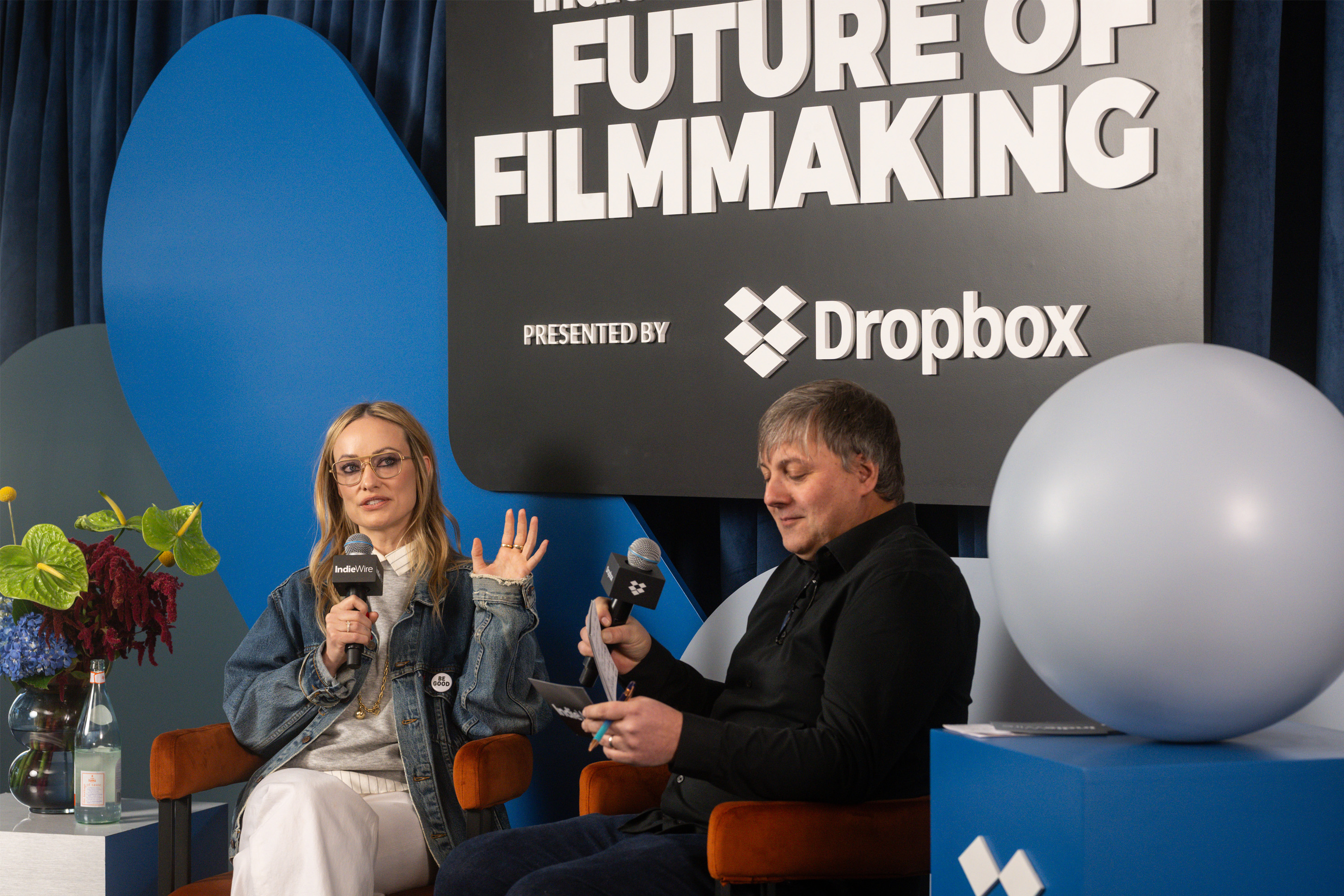
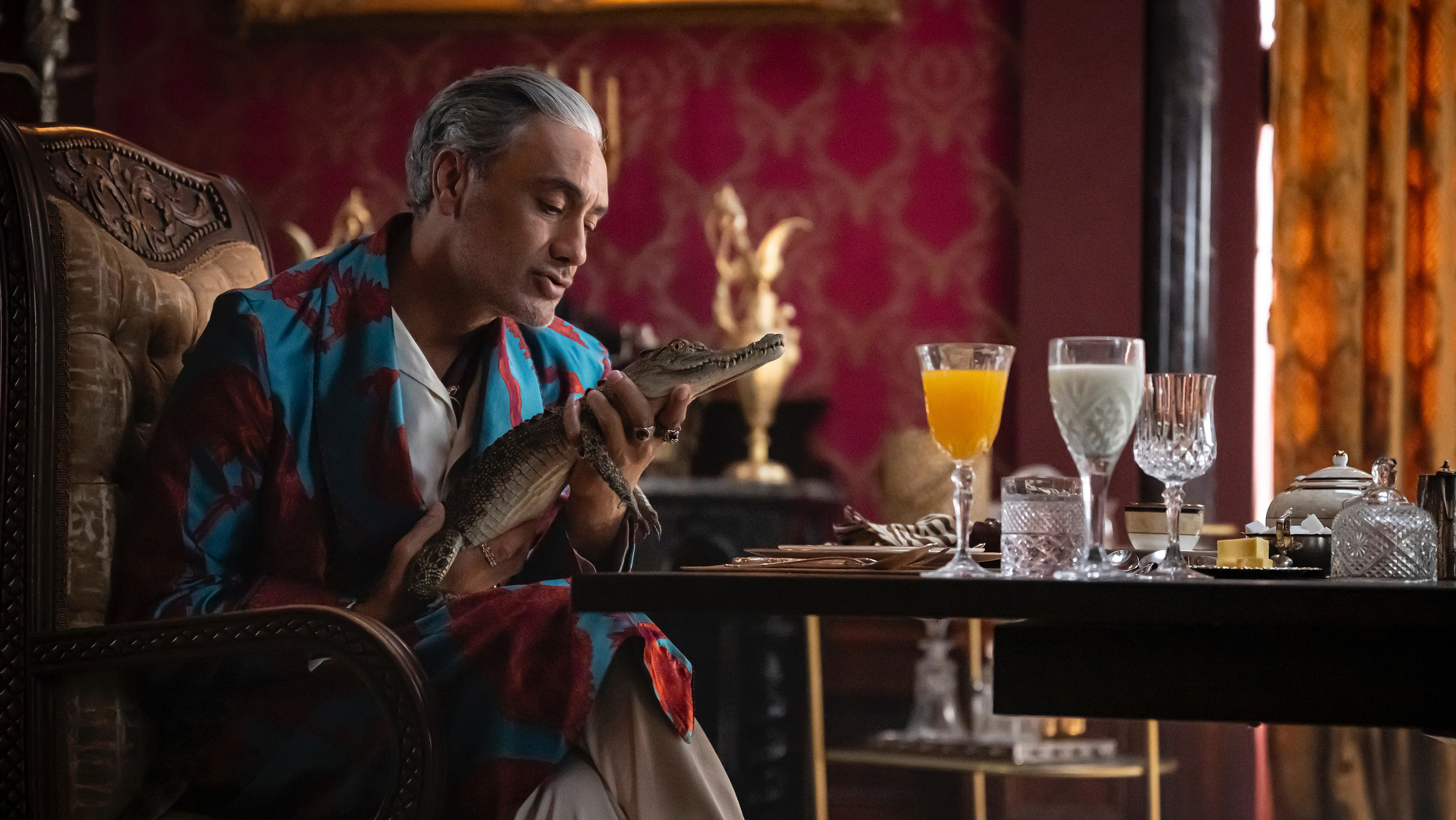

.png/_jcr_content/renditions/hero_square%20(2).webp)
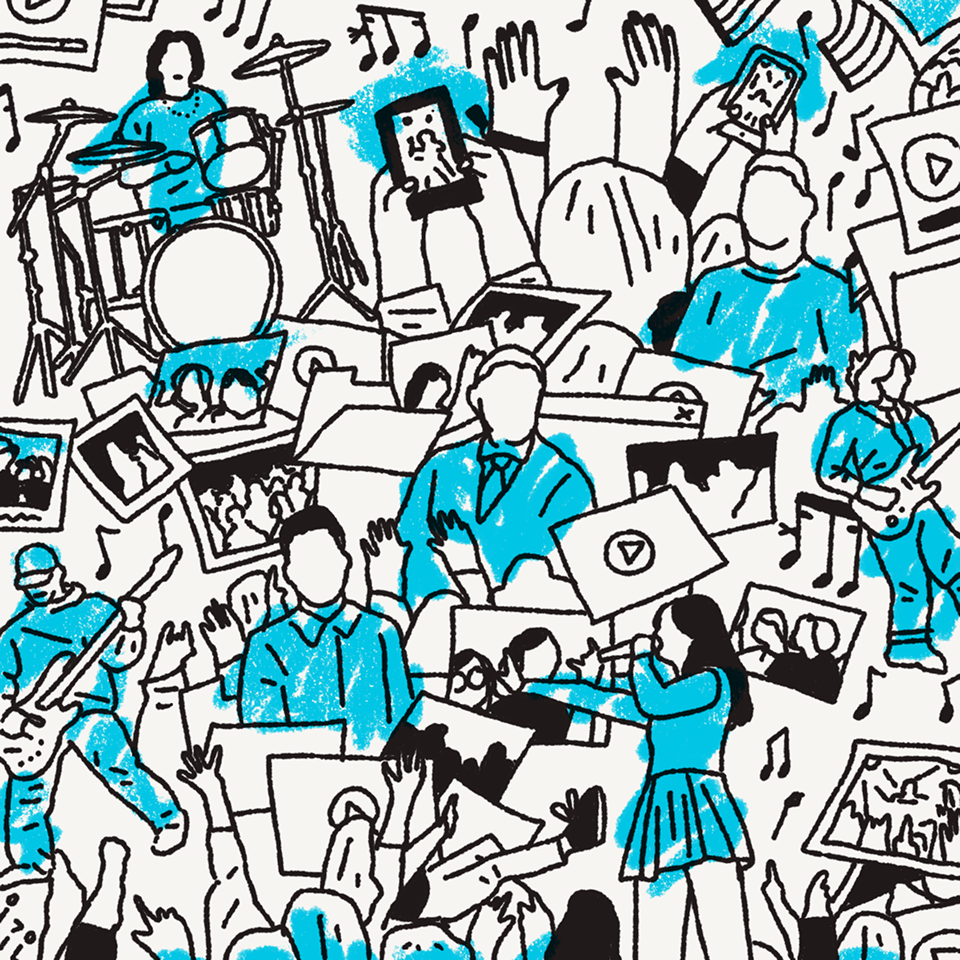
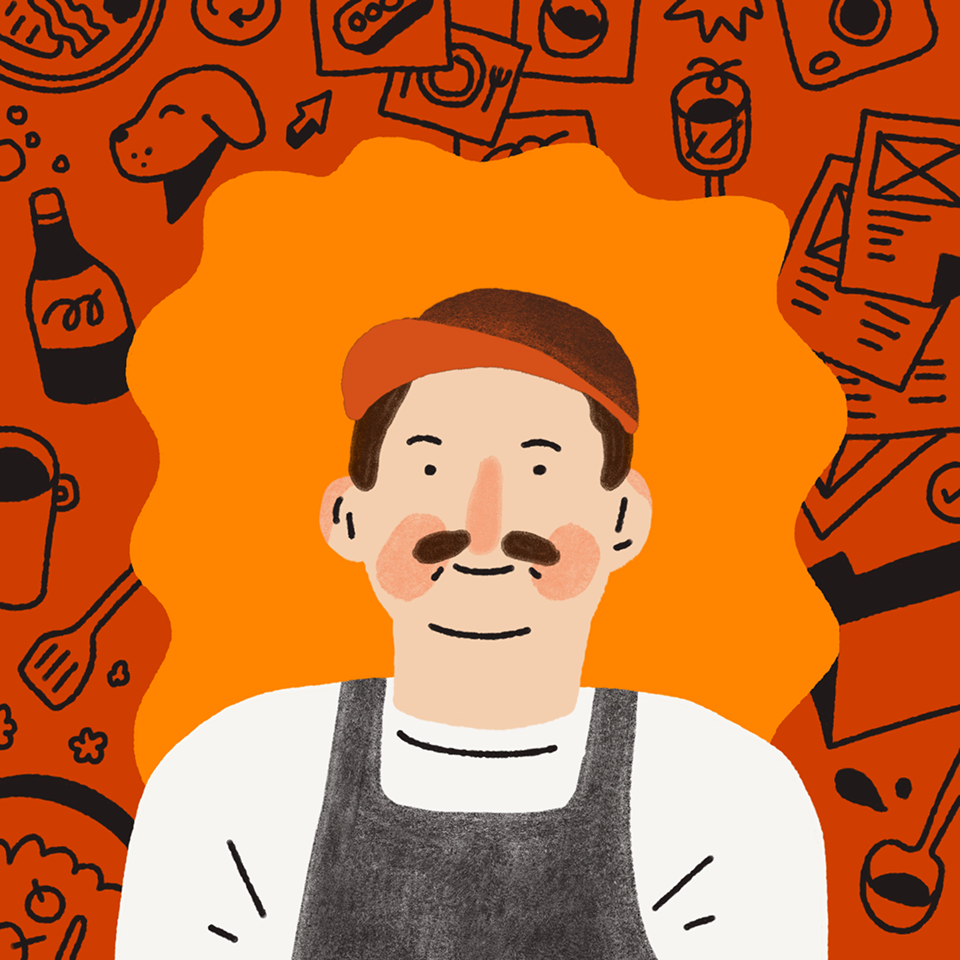





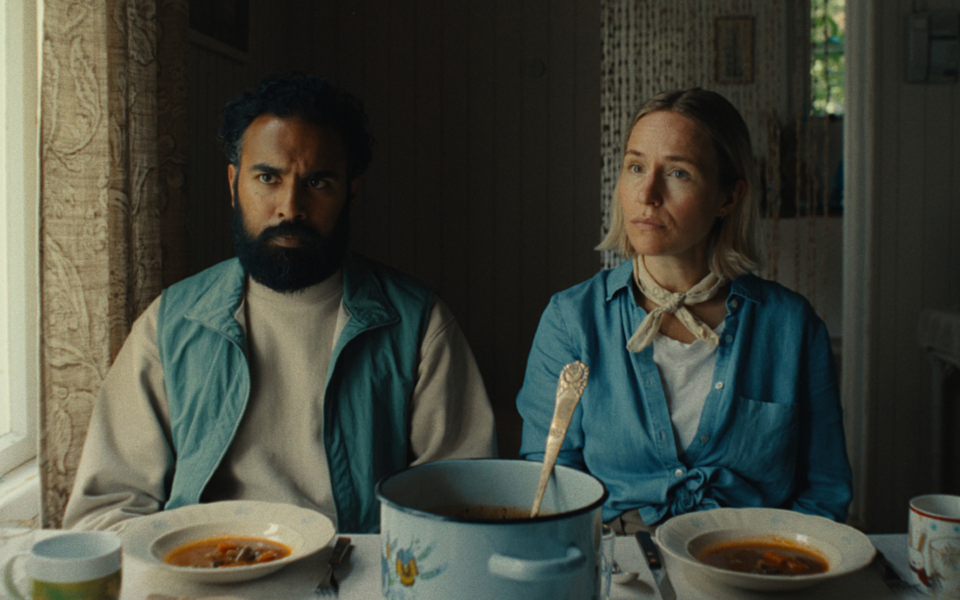
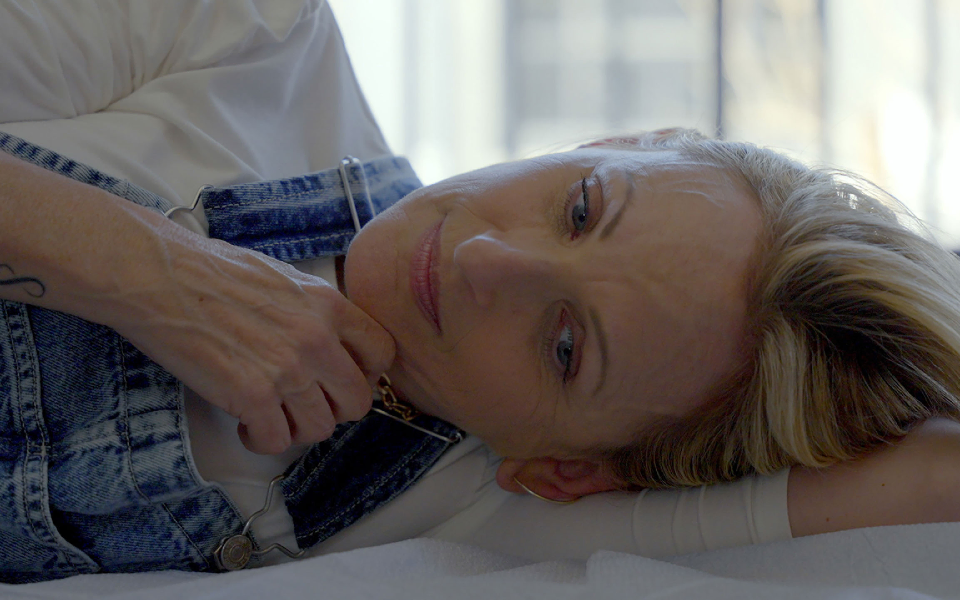




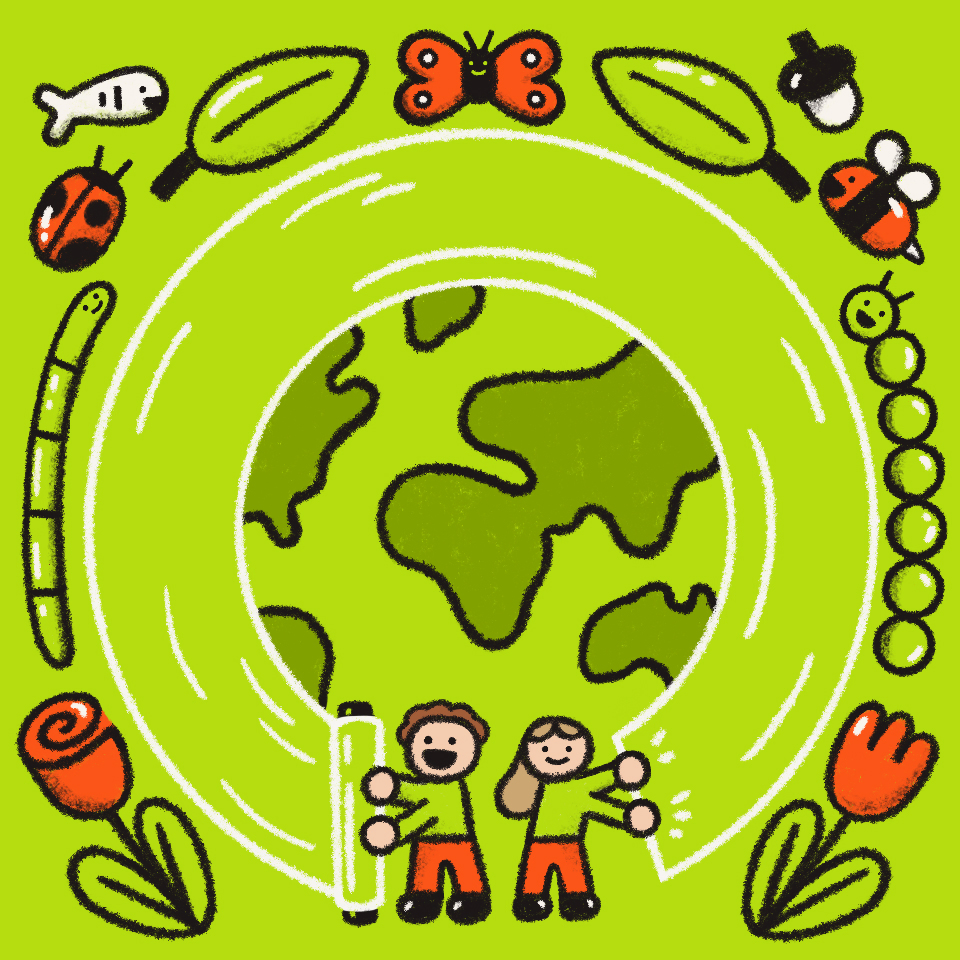
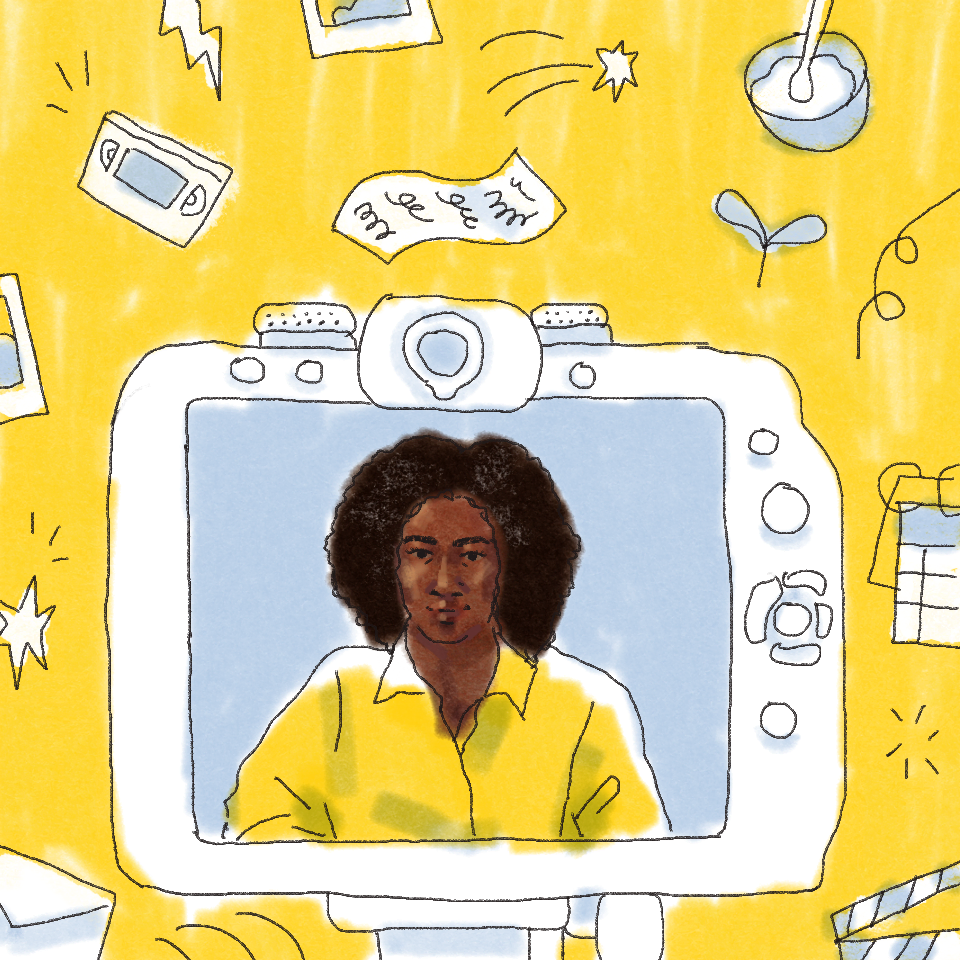
.jpg/_jcr_content/renditions/1200x628%20(5).webp)

